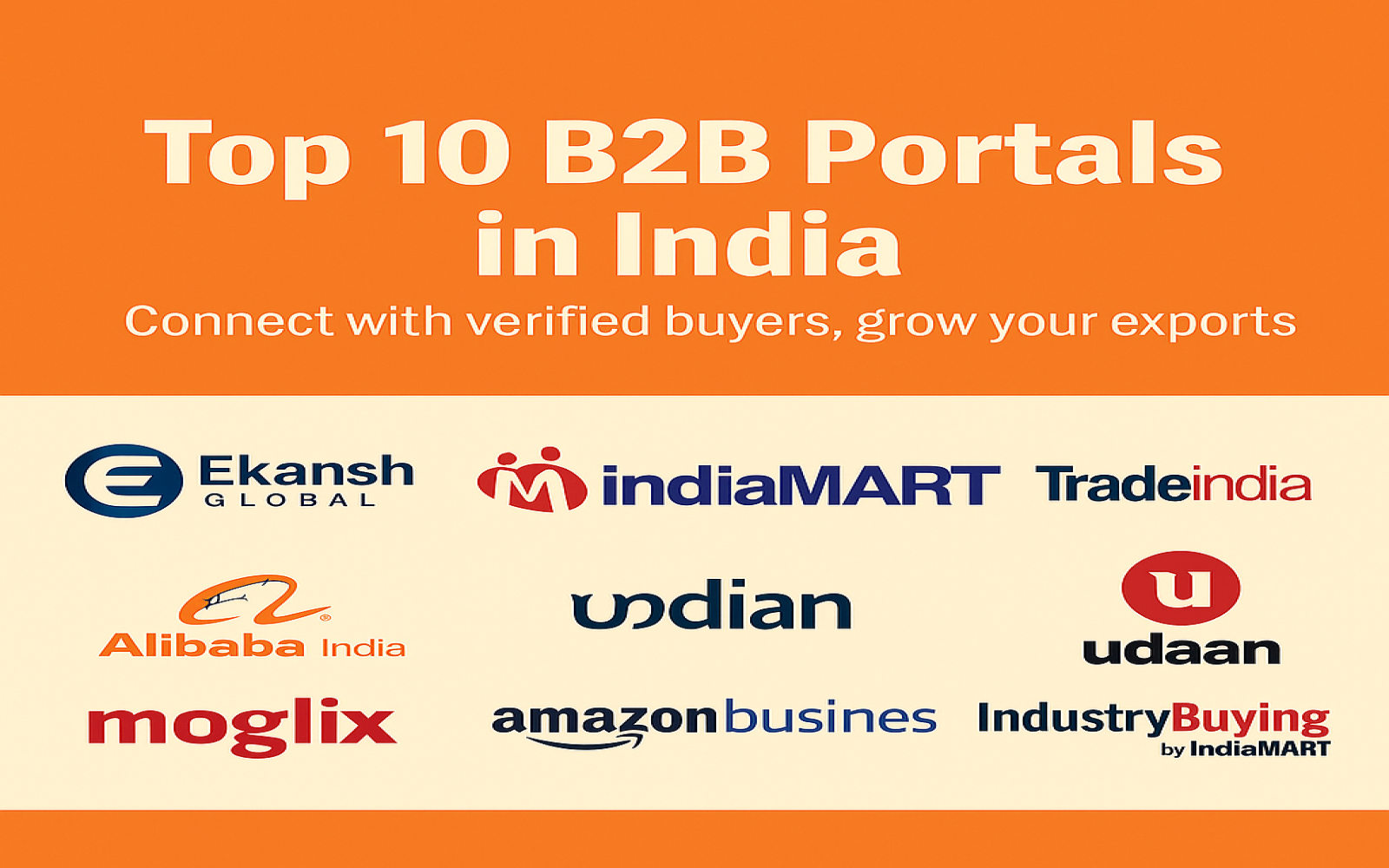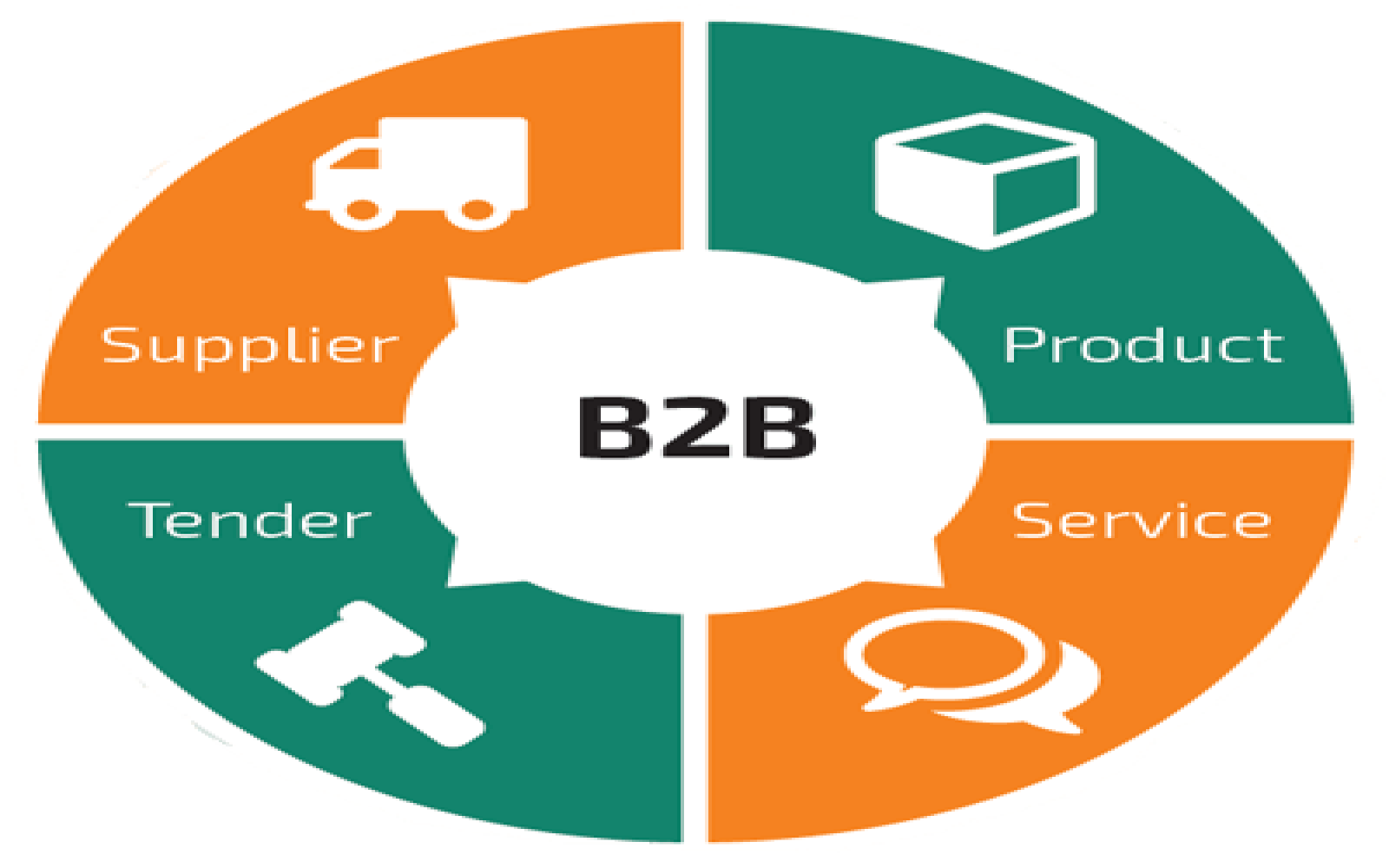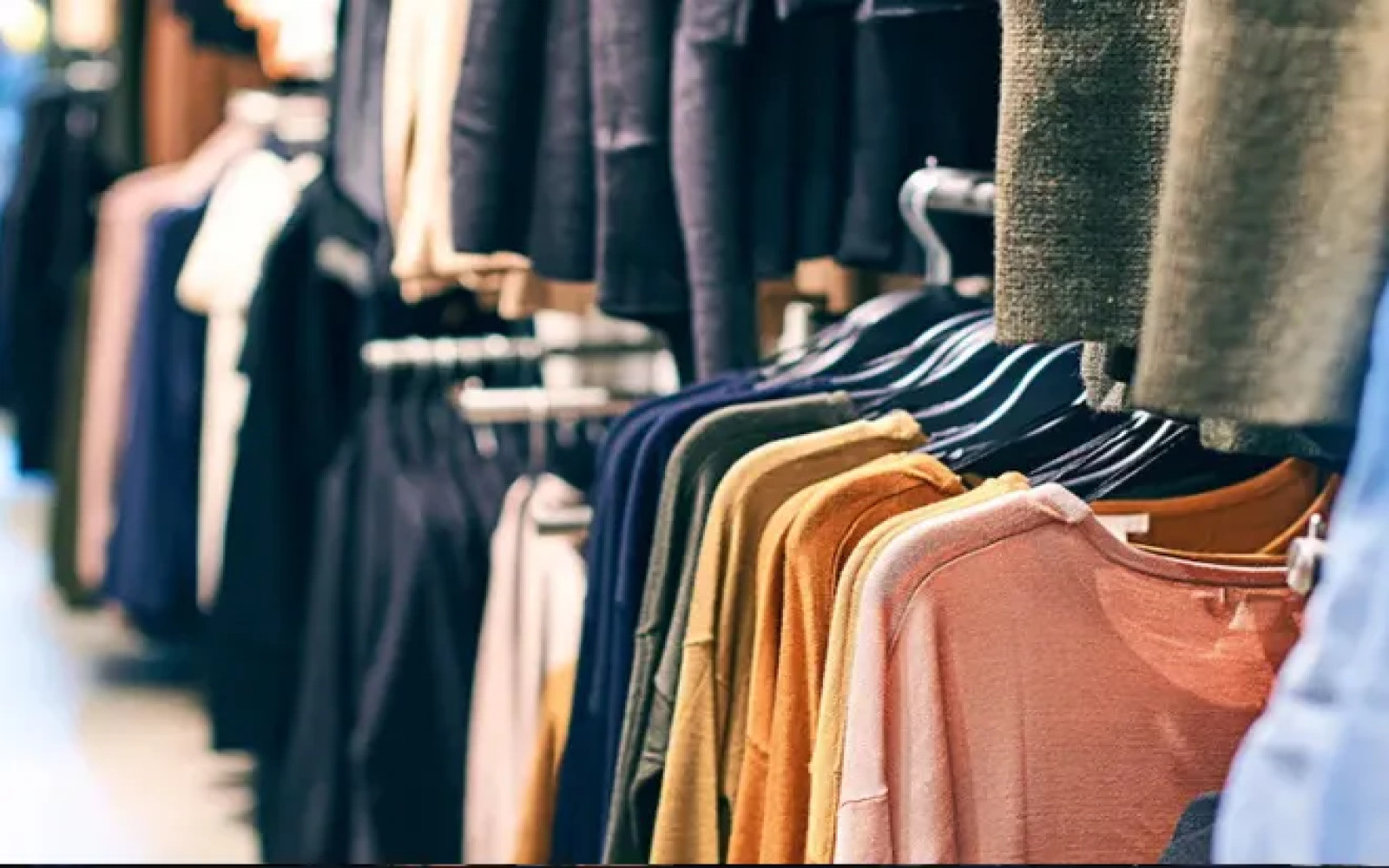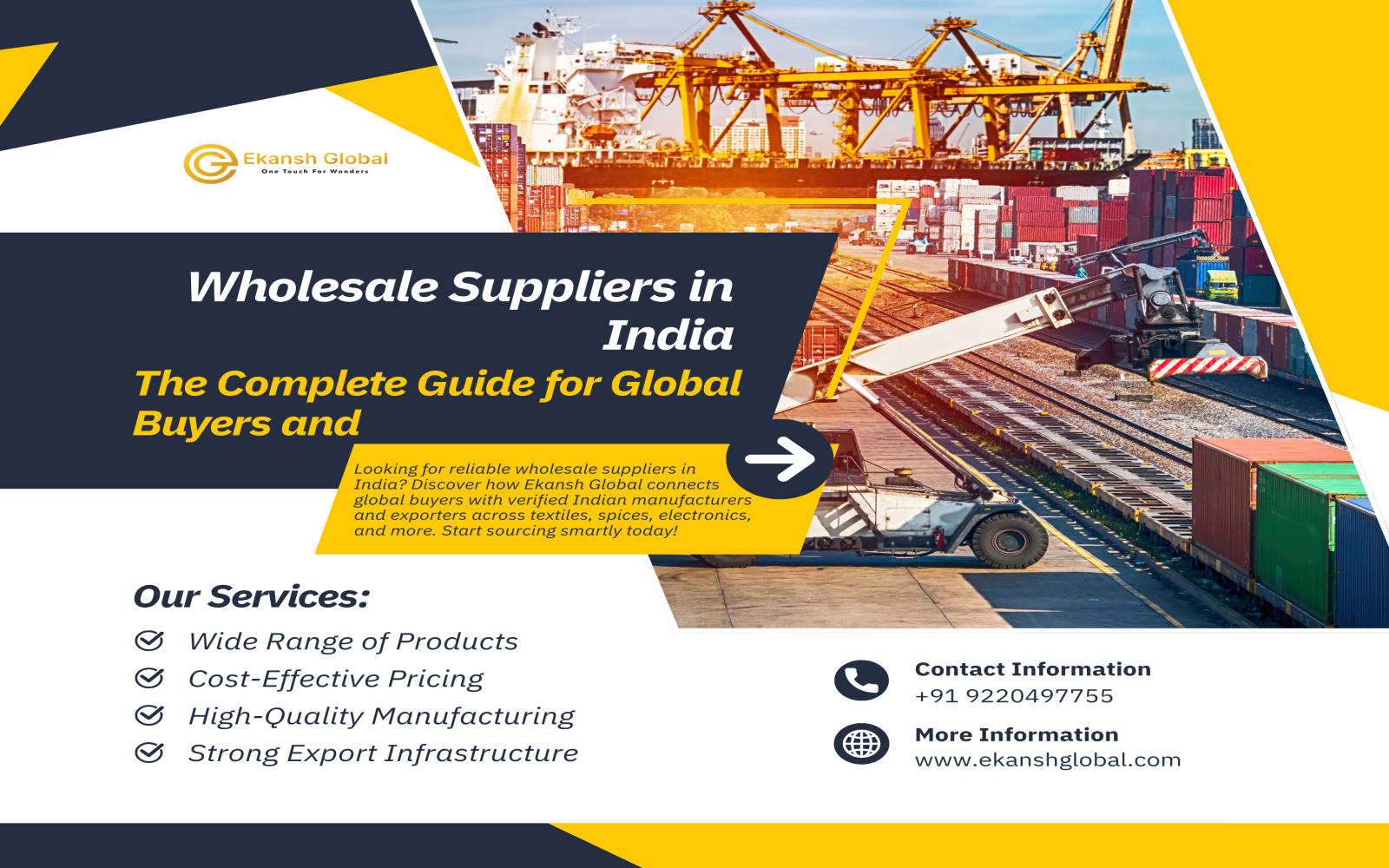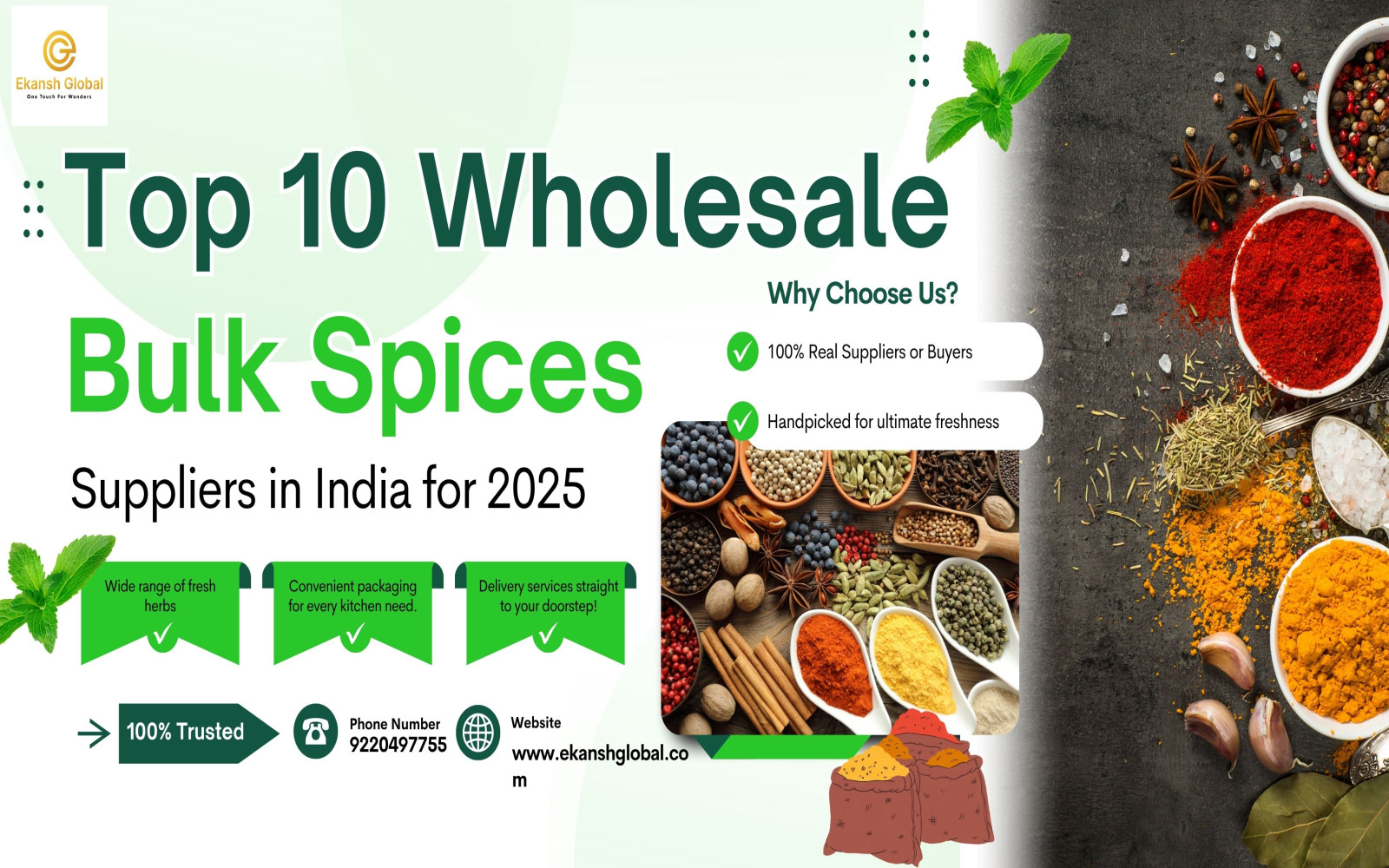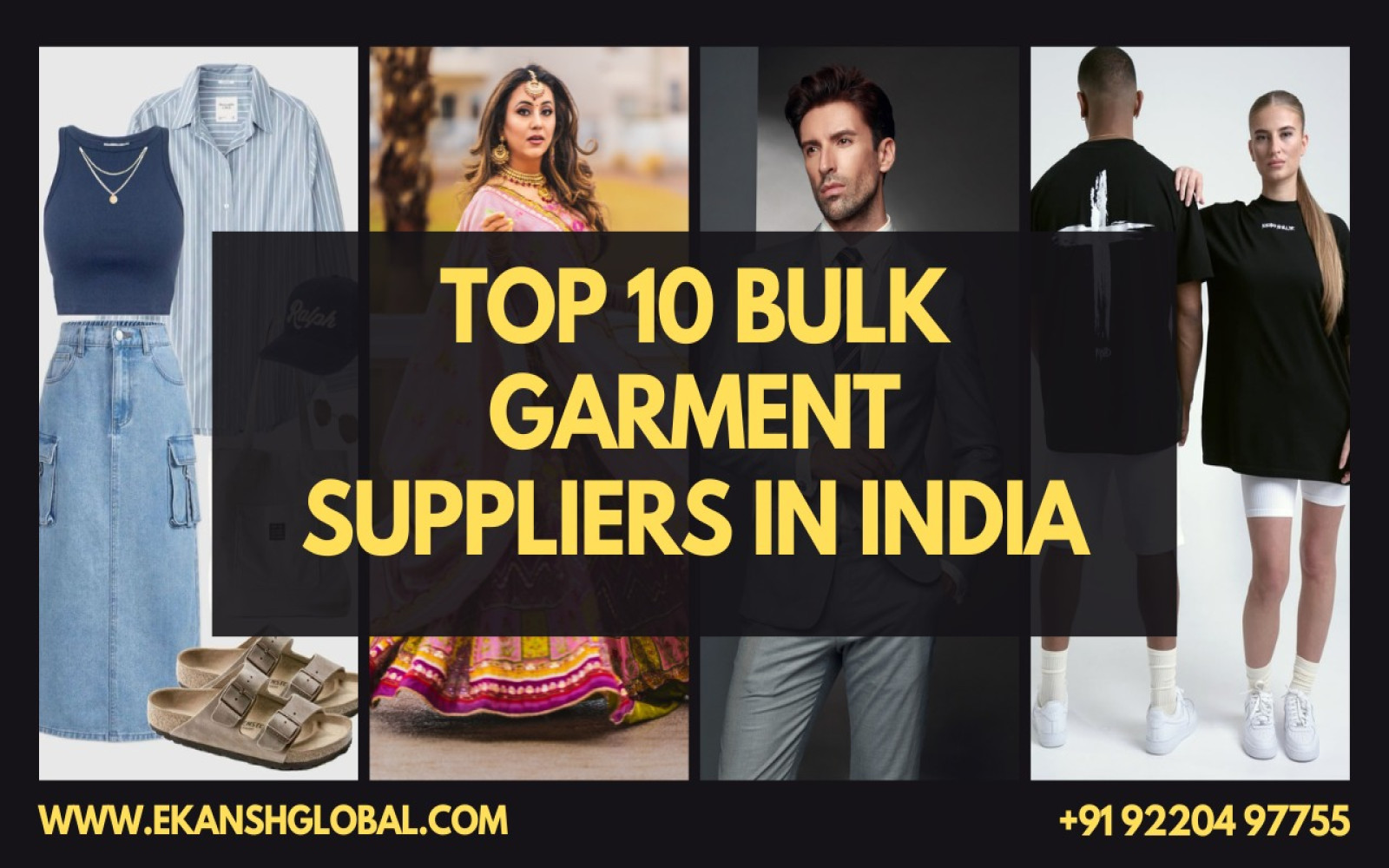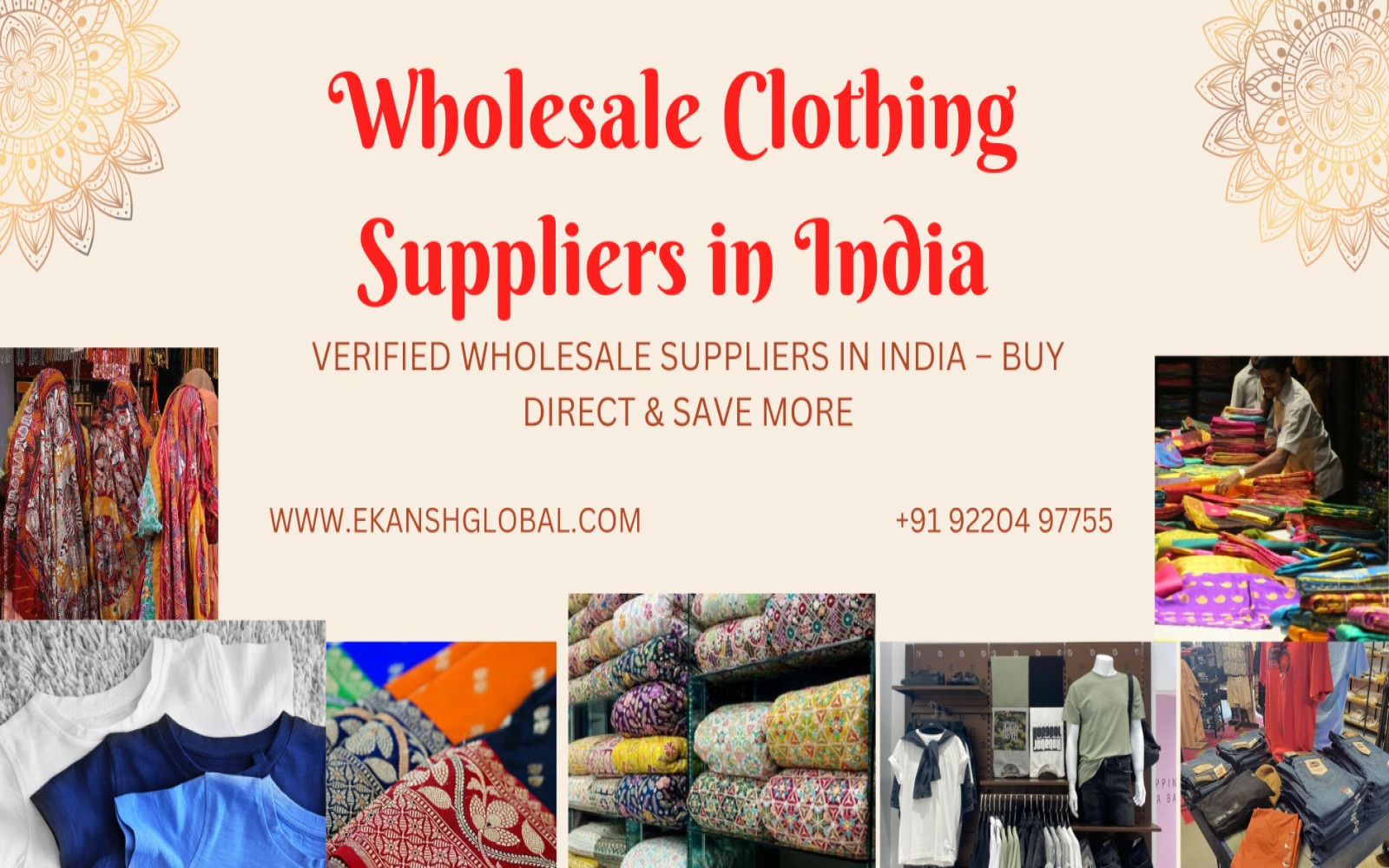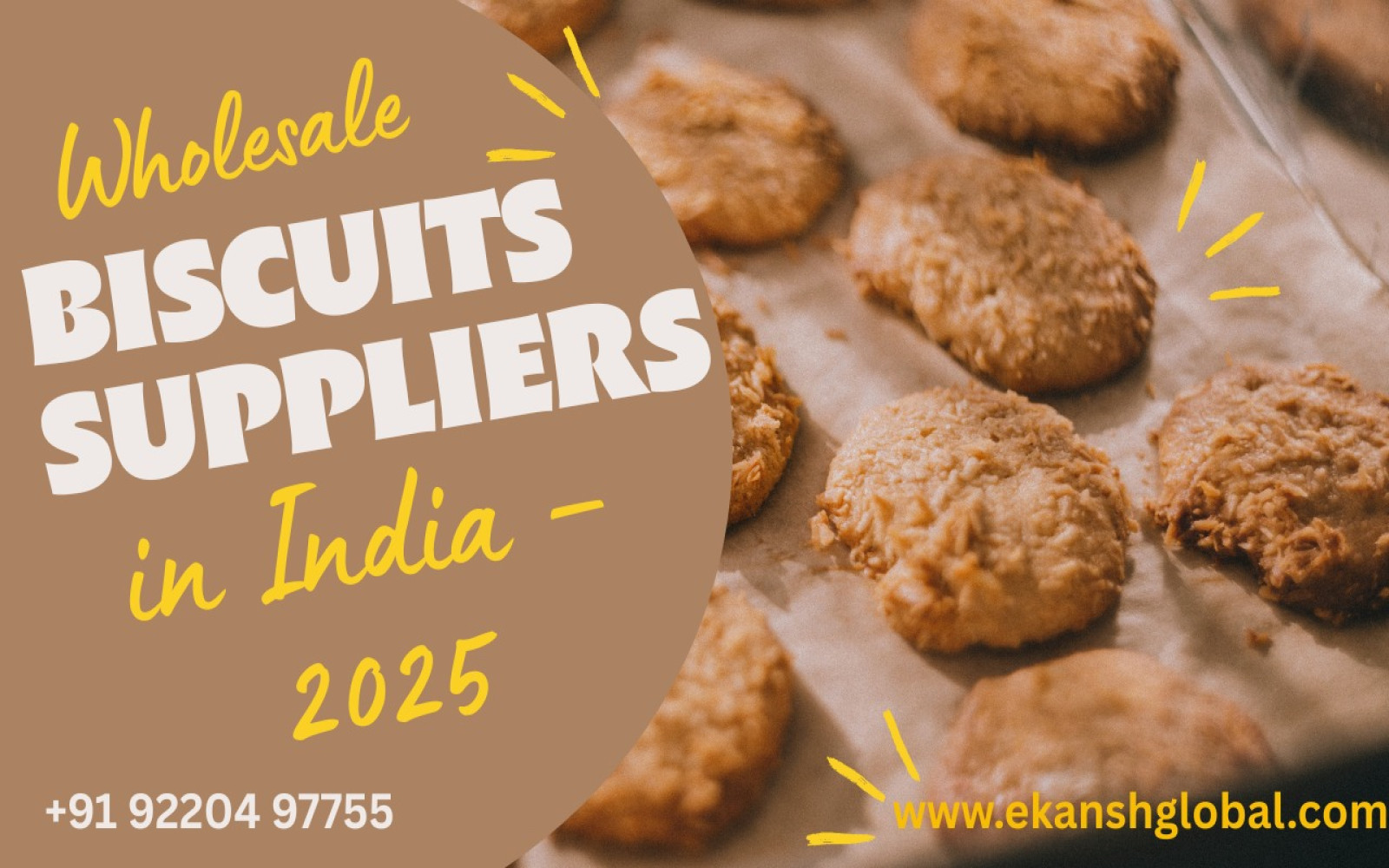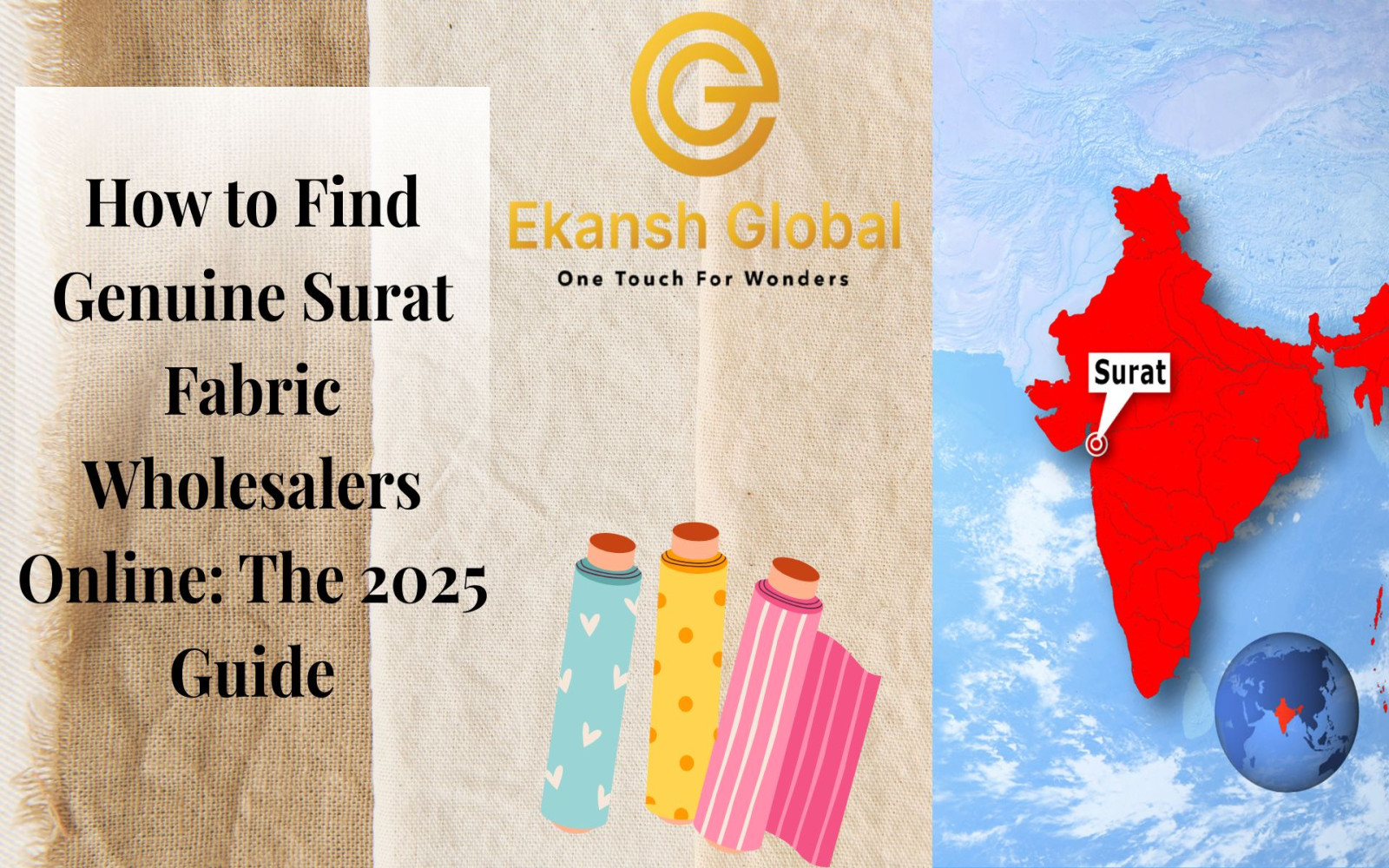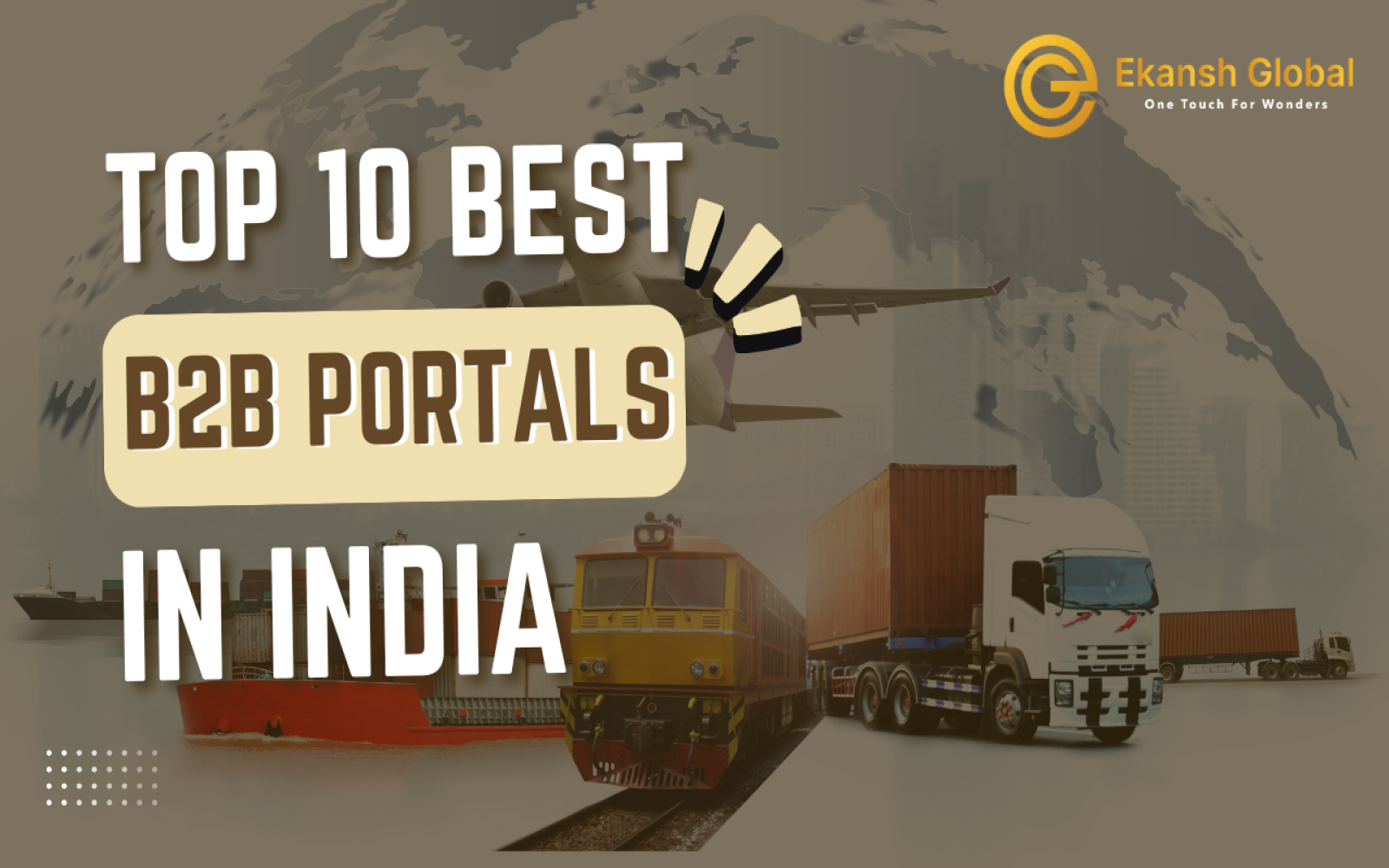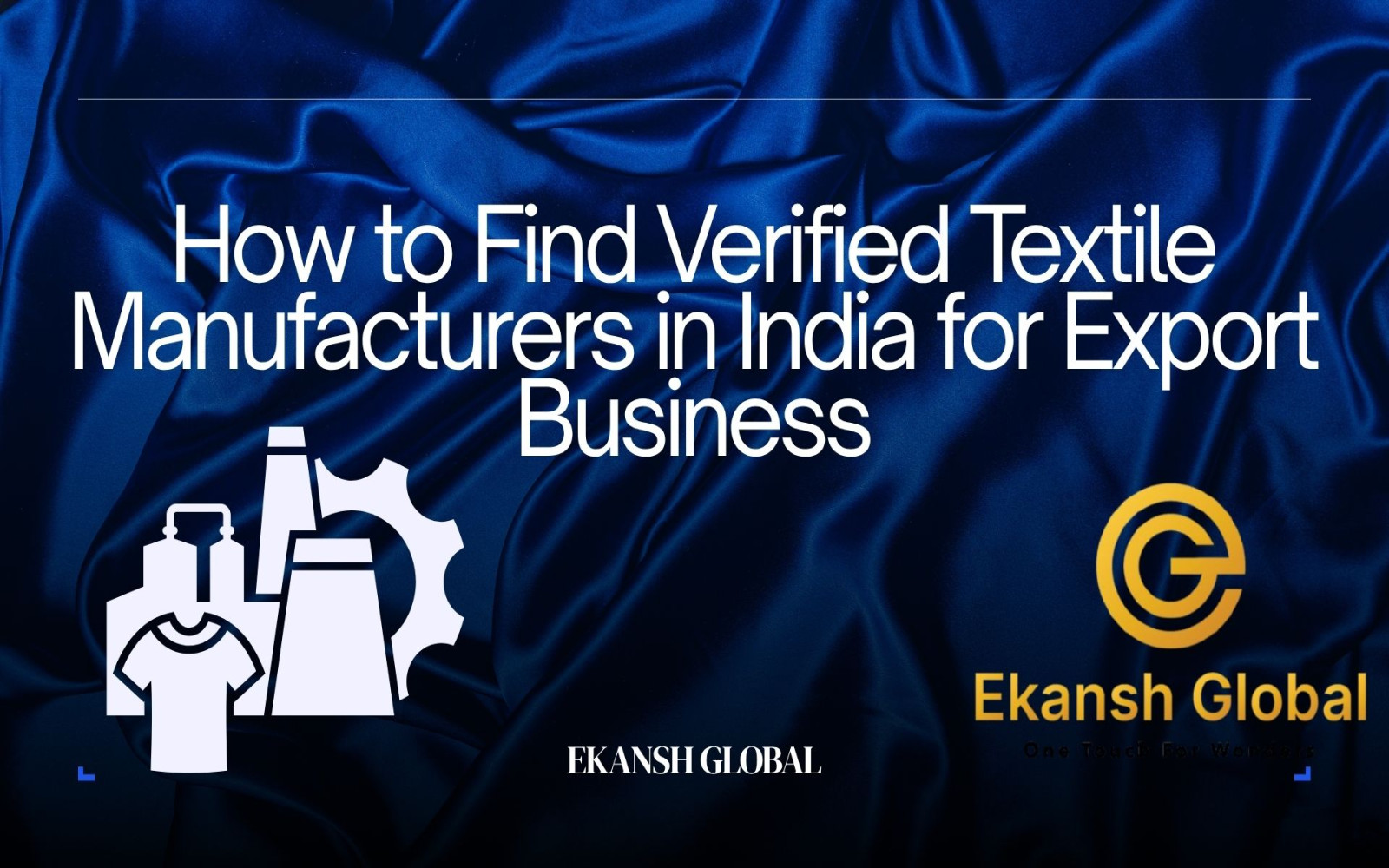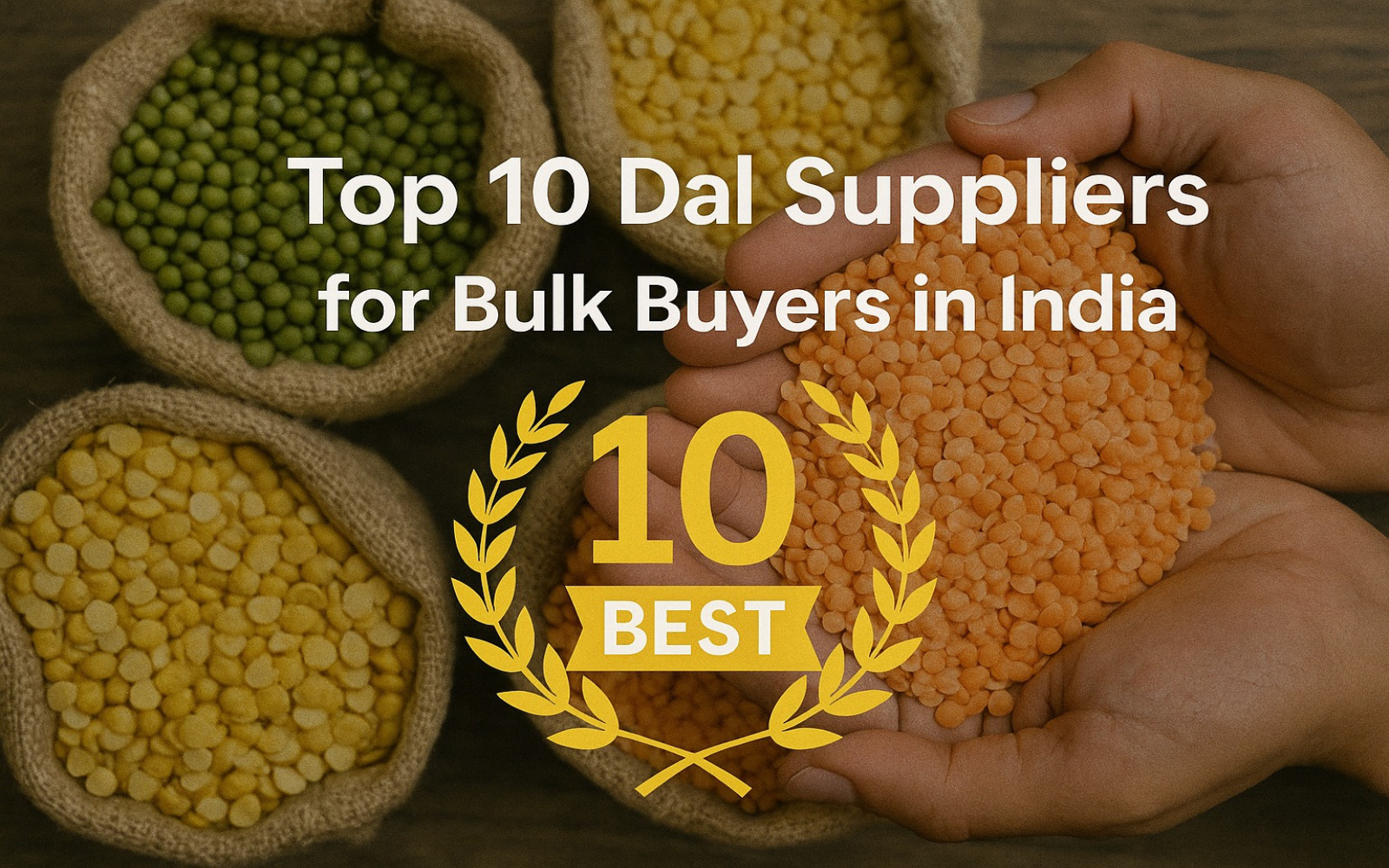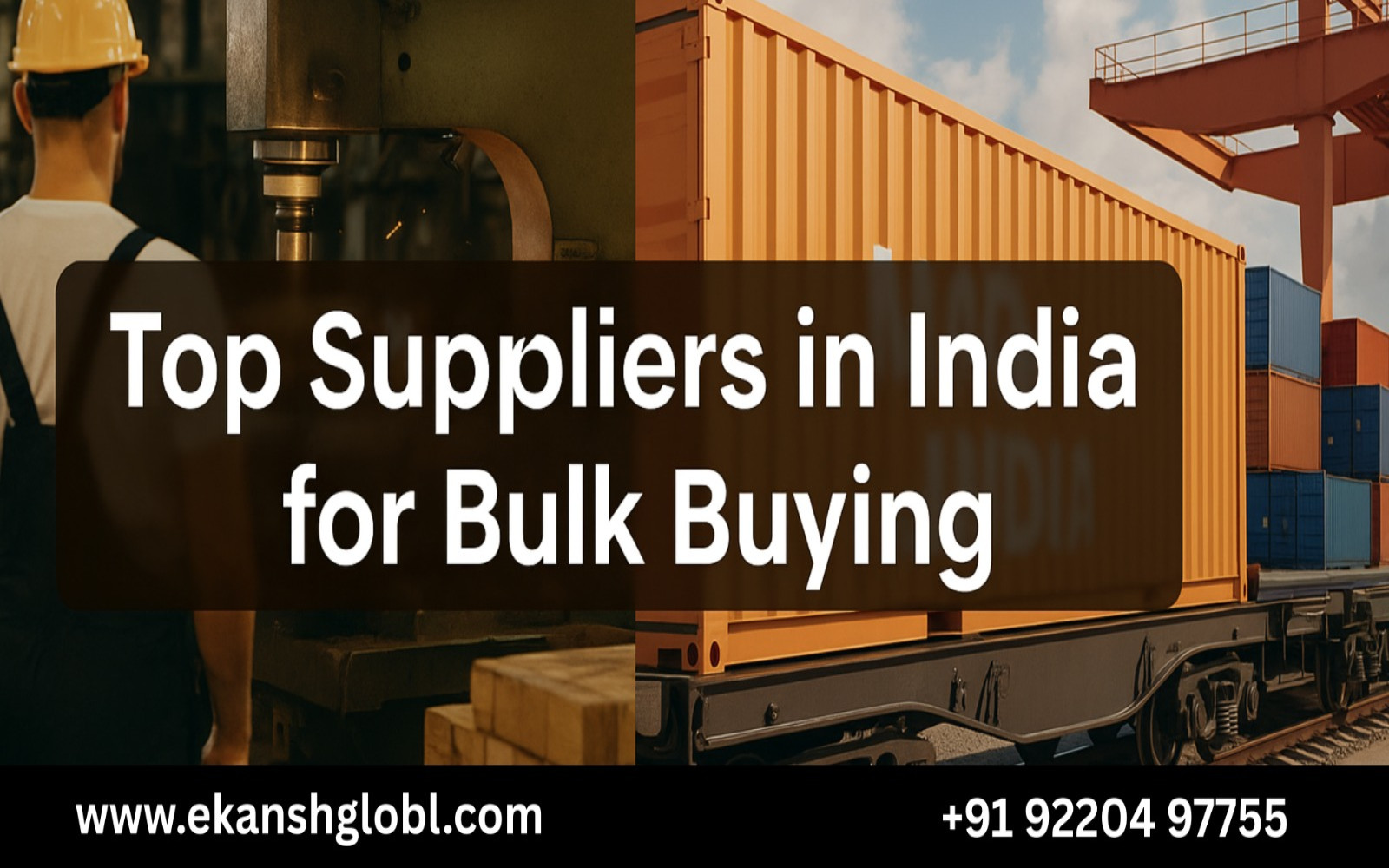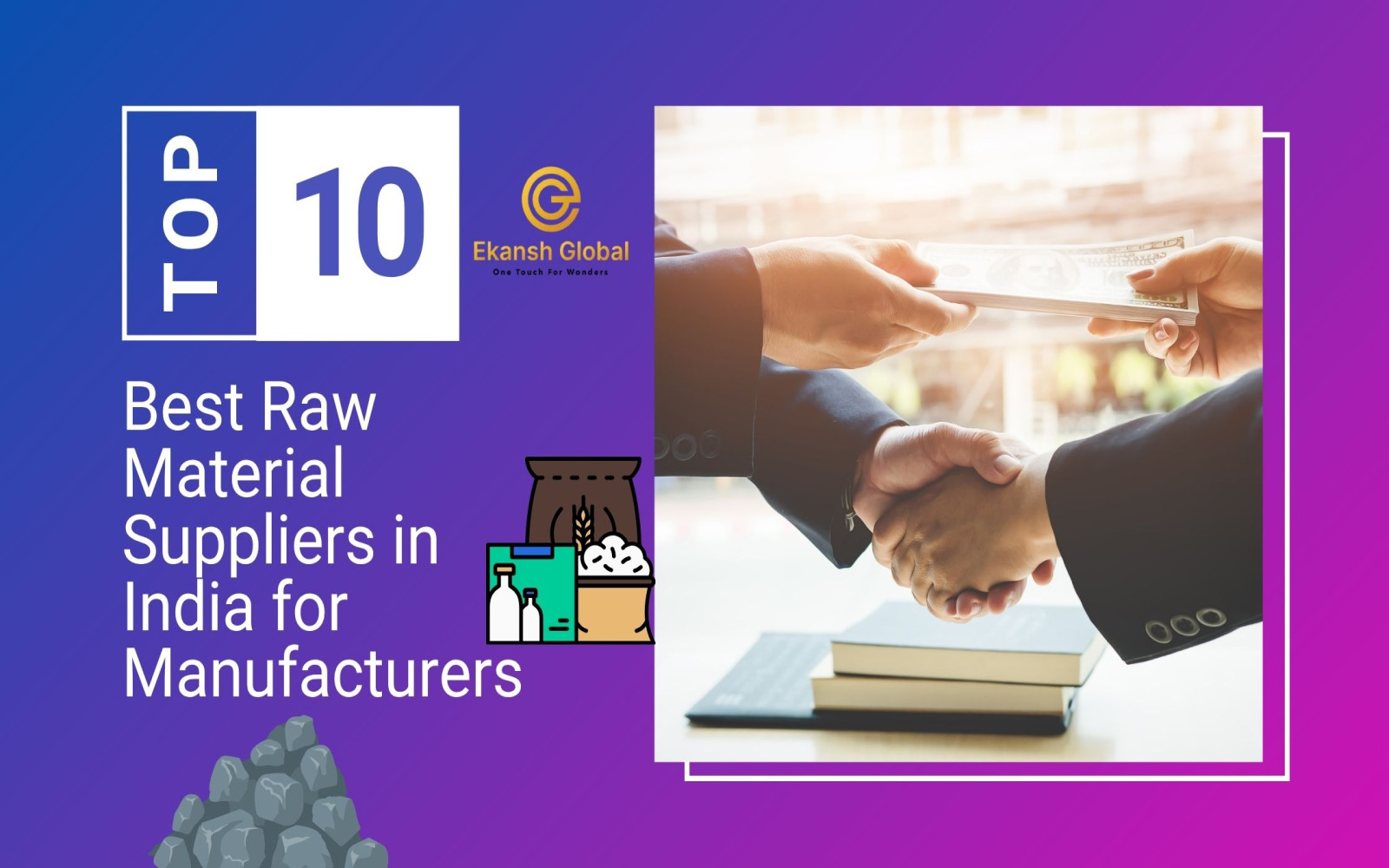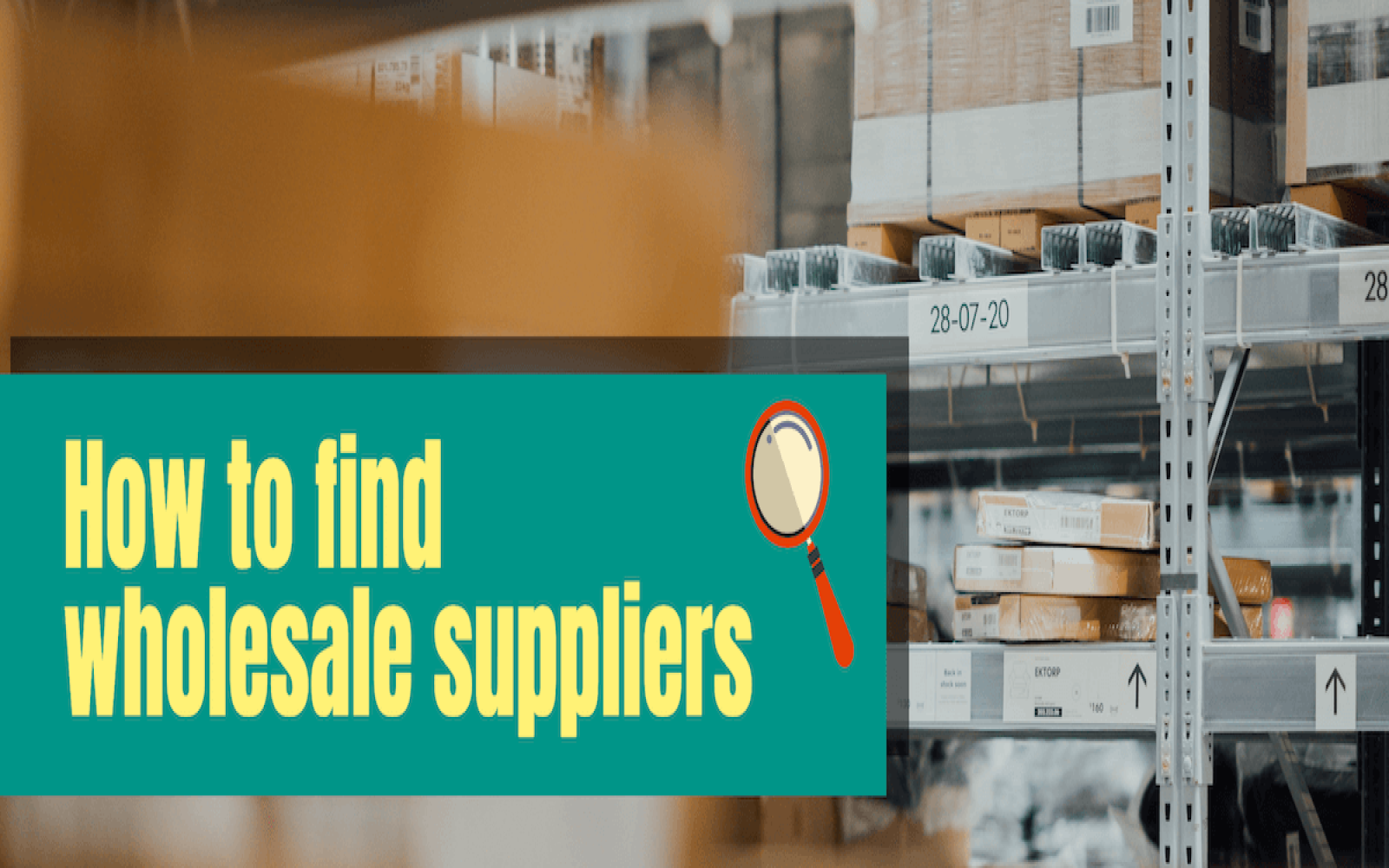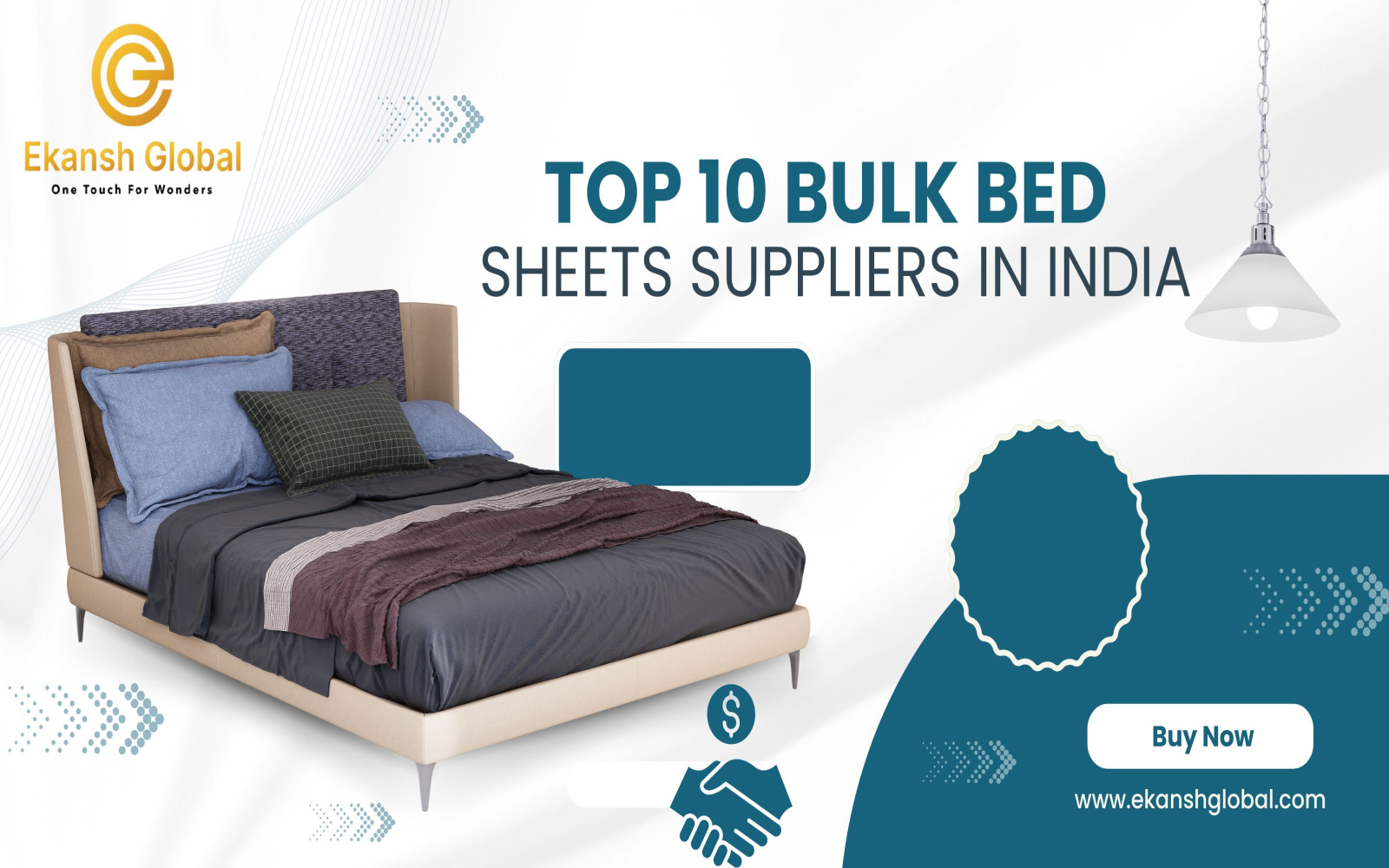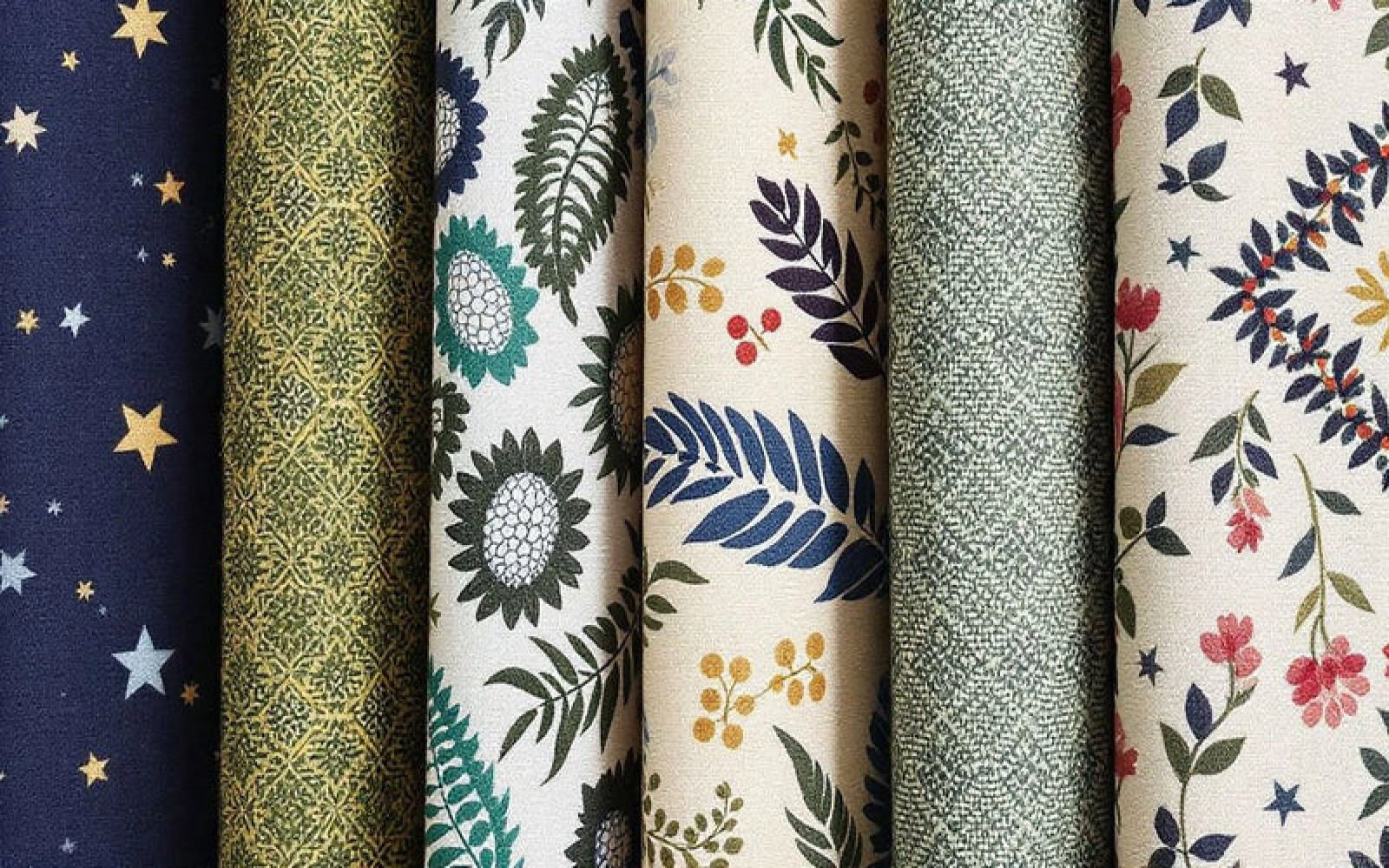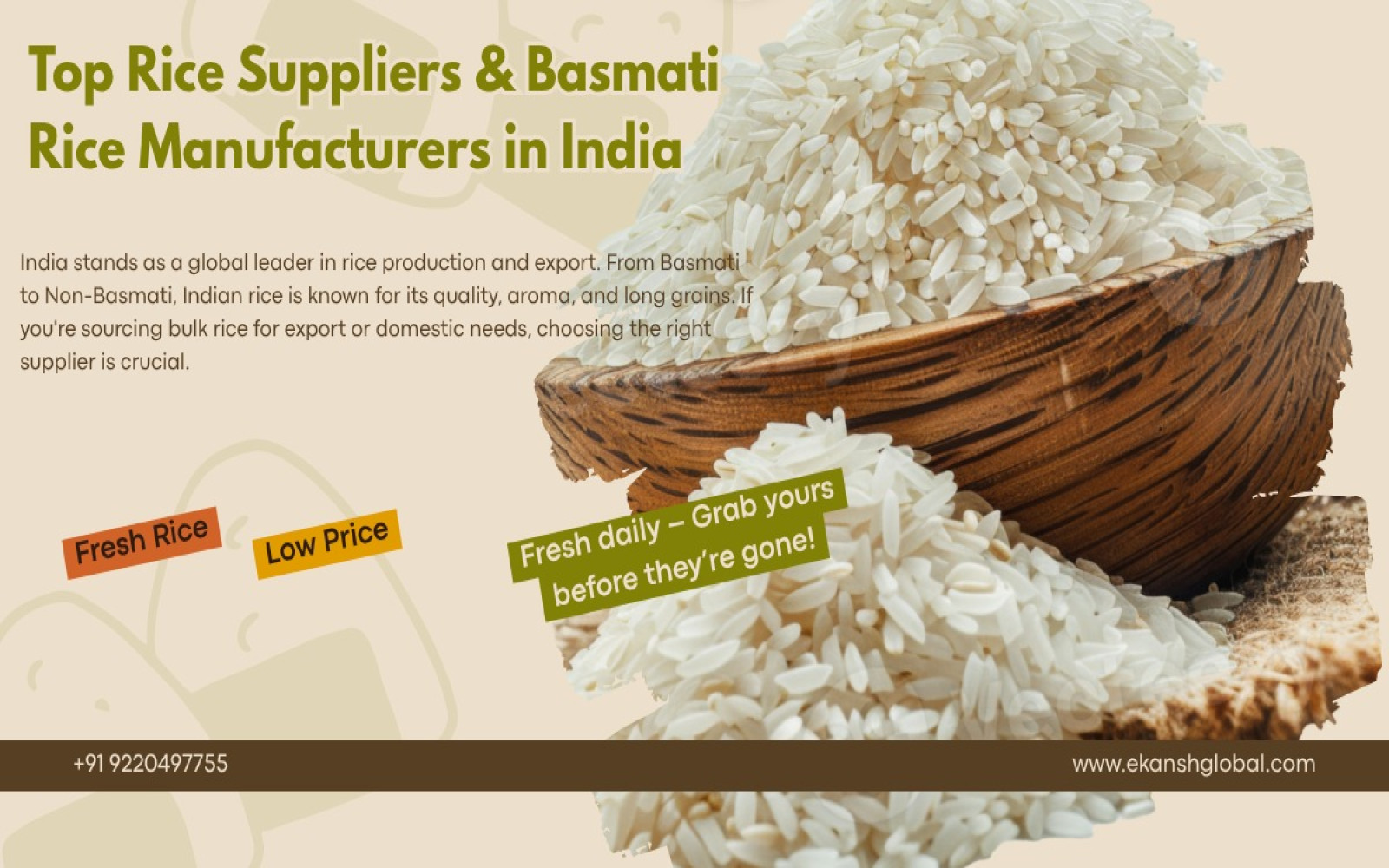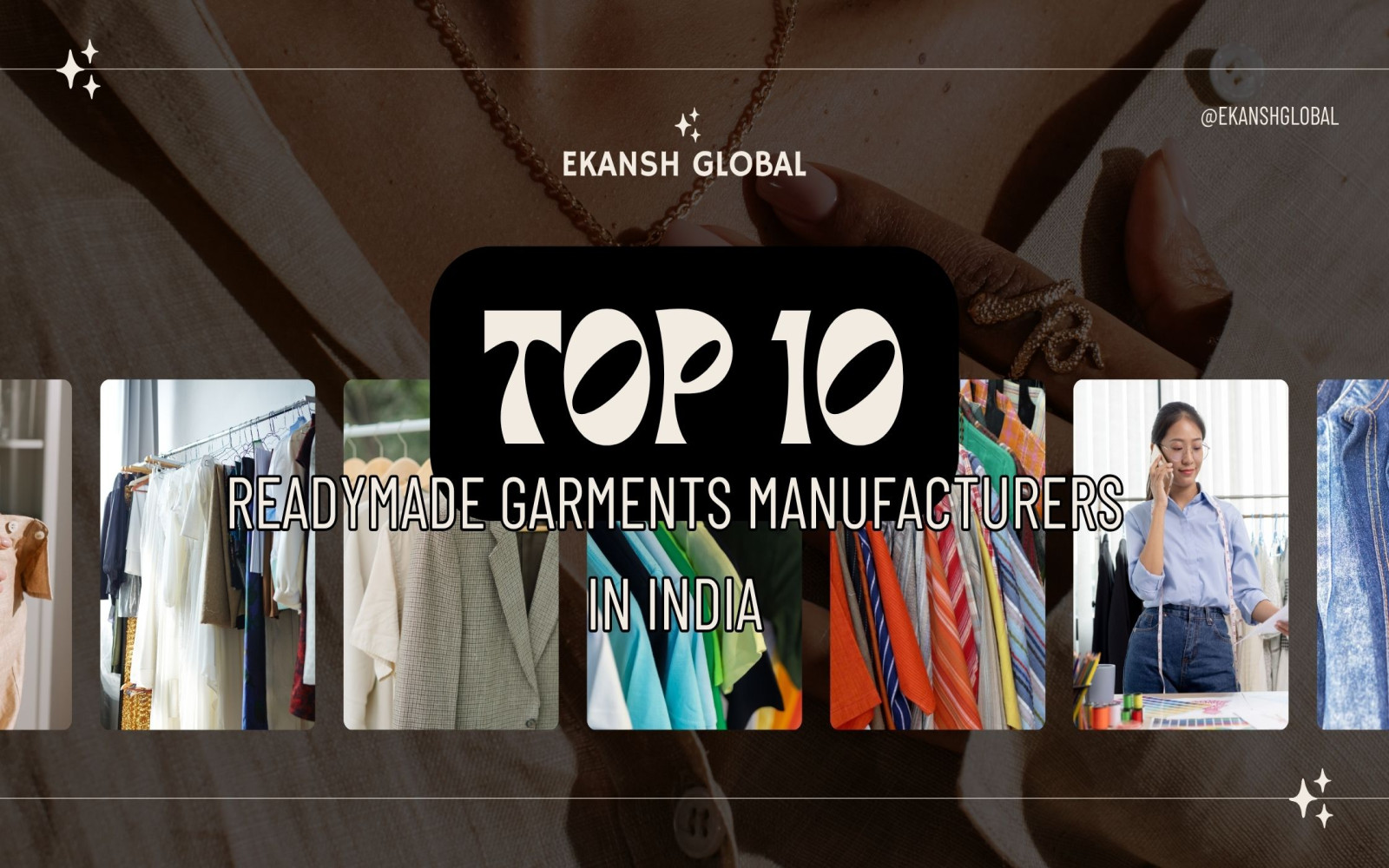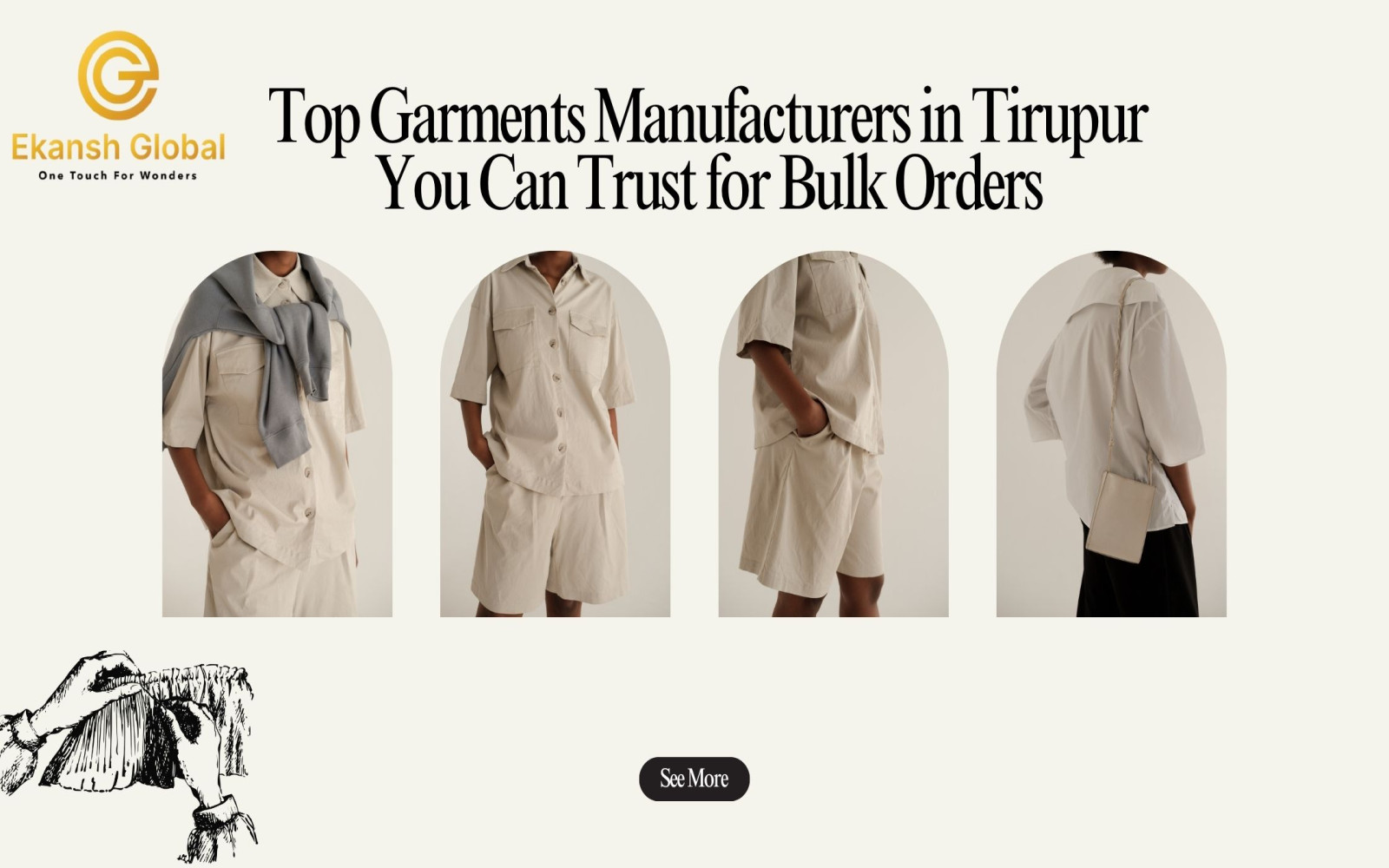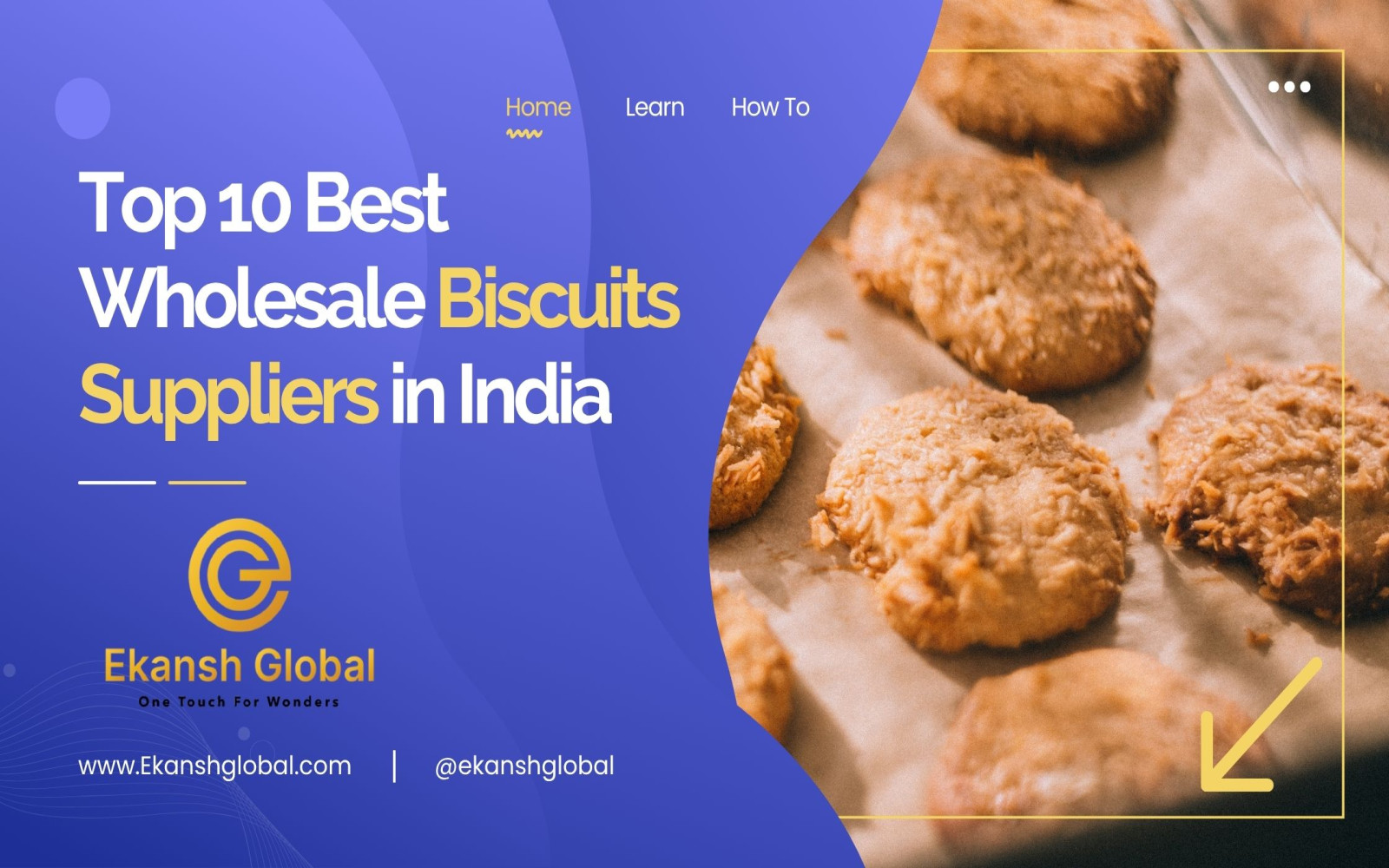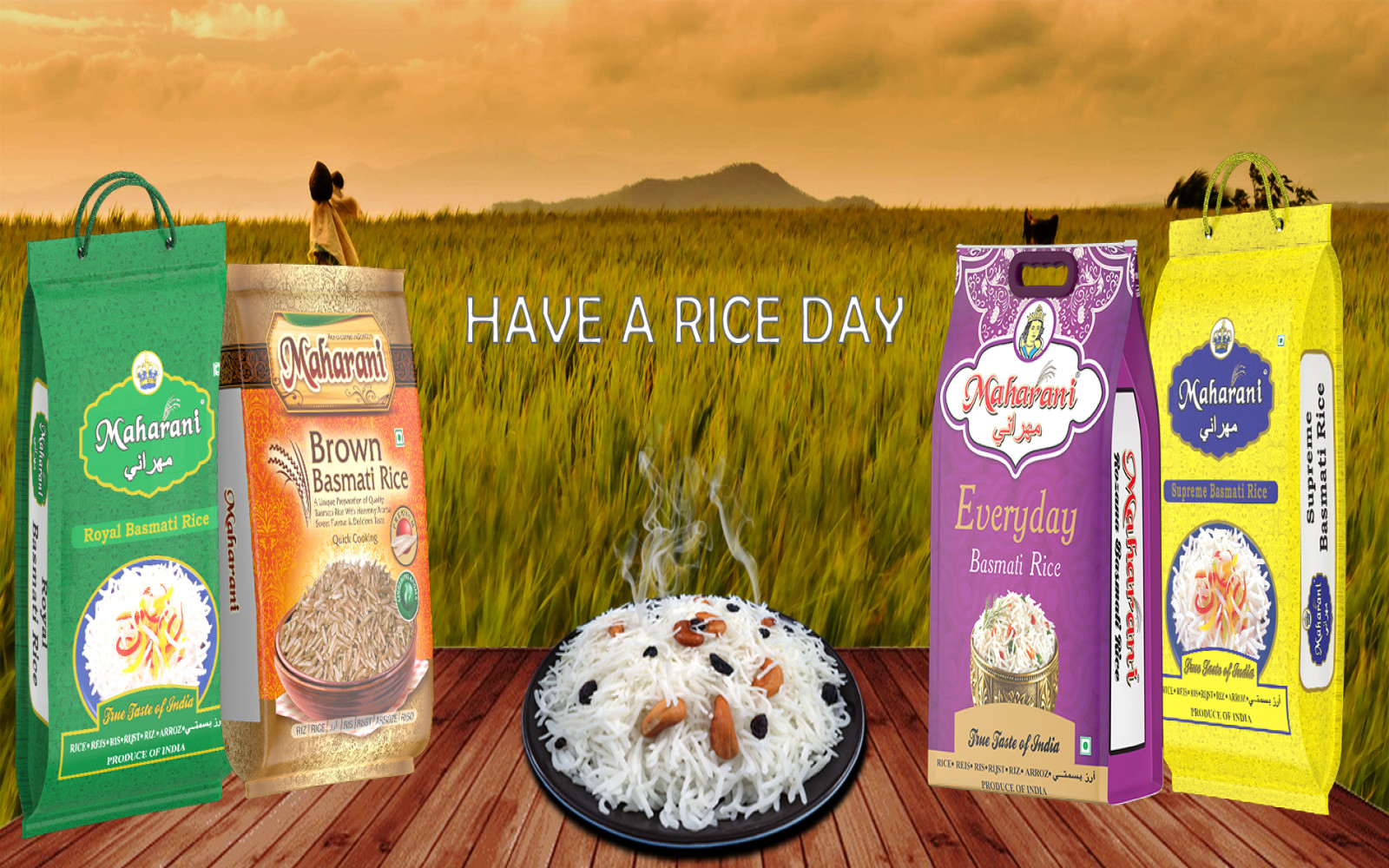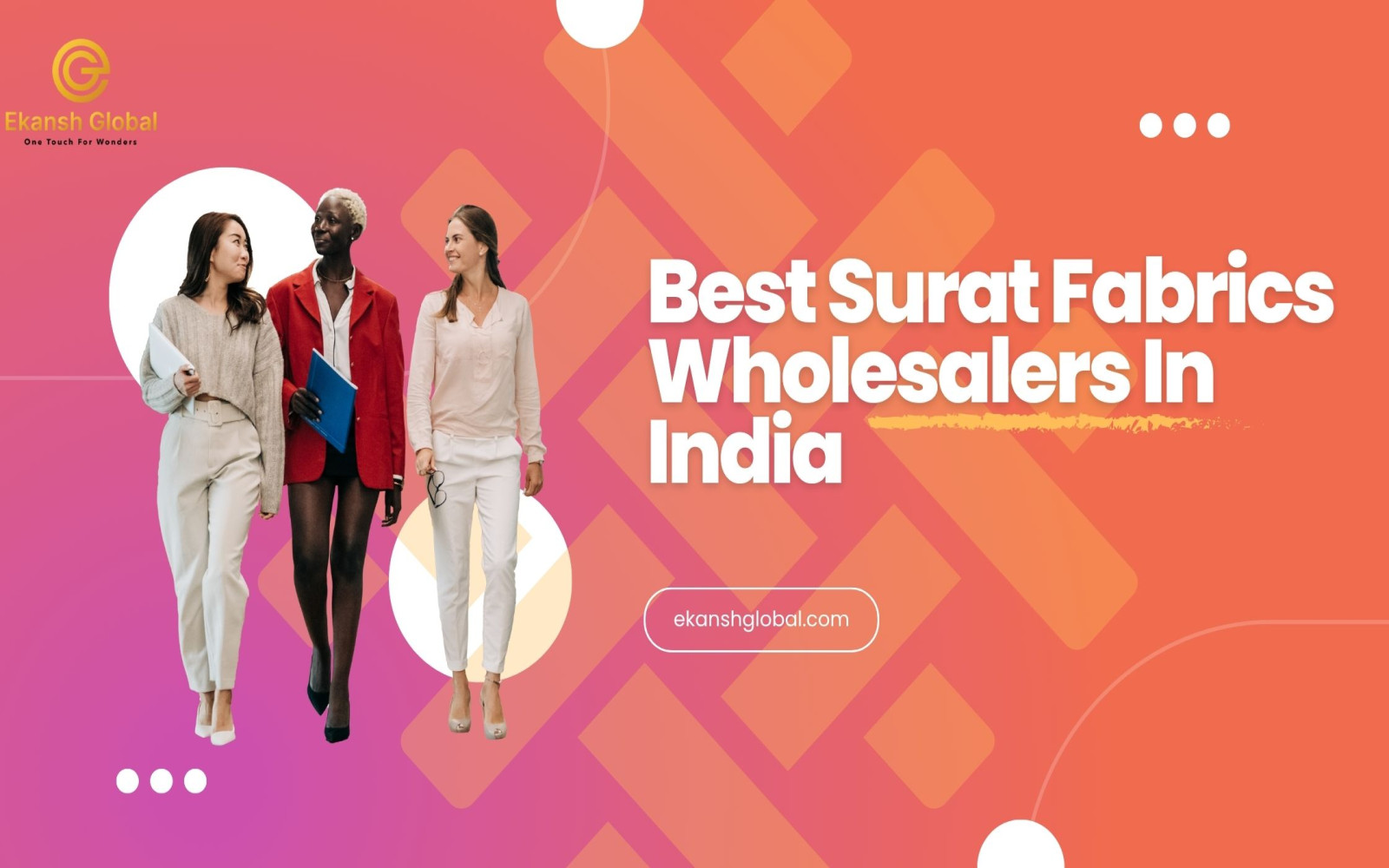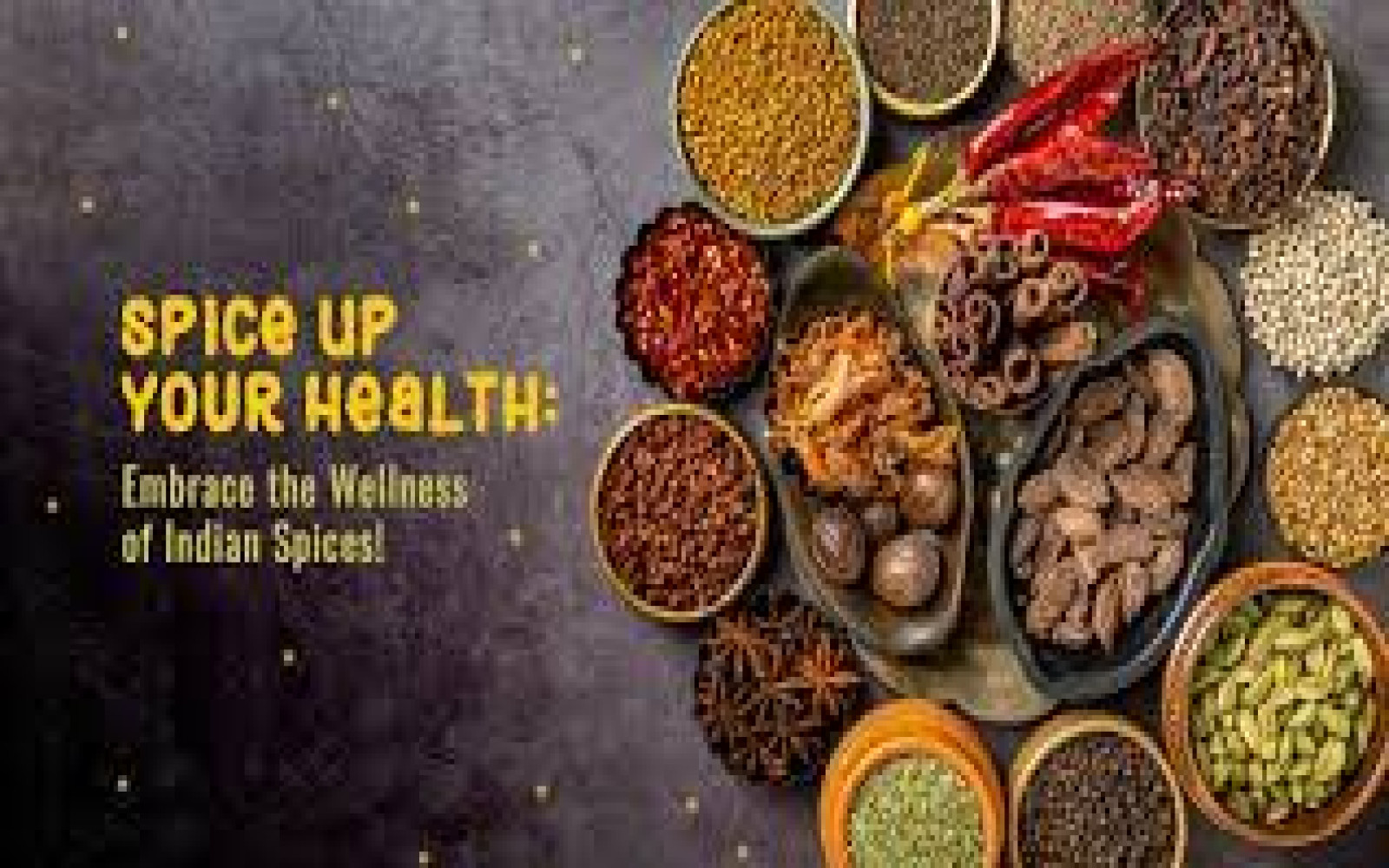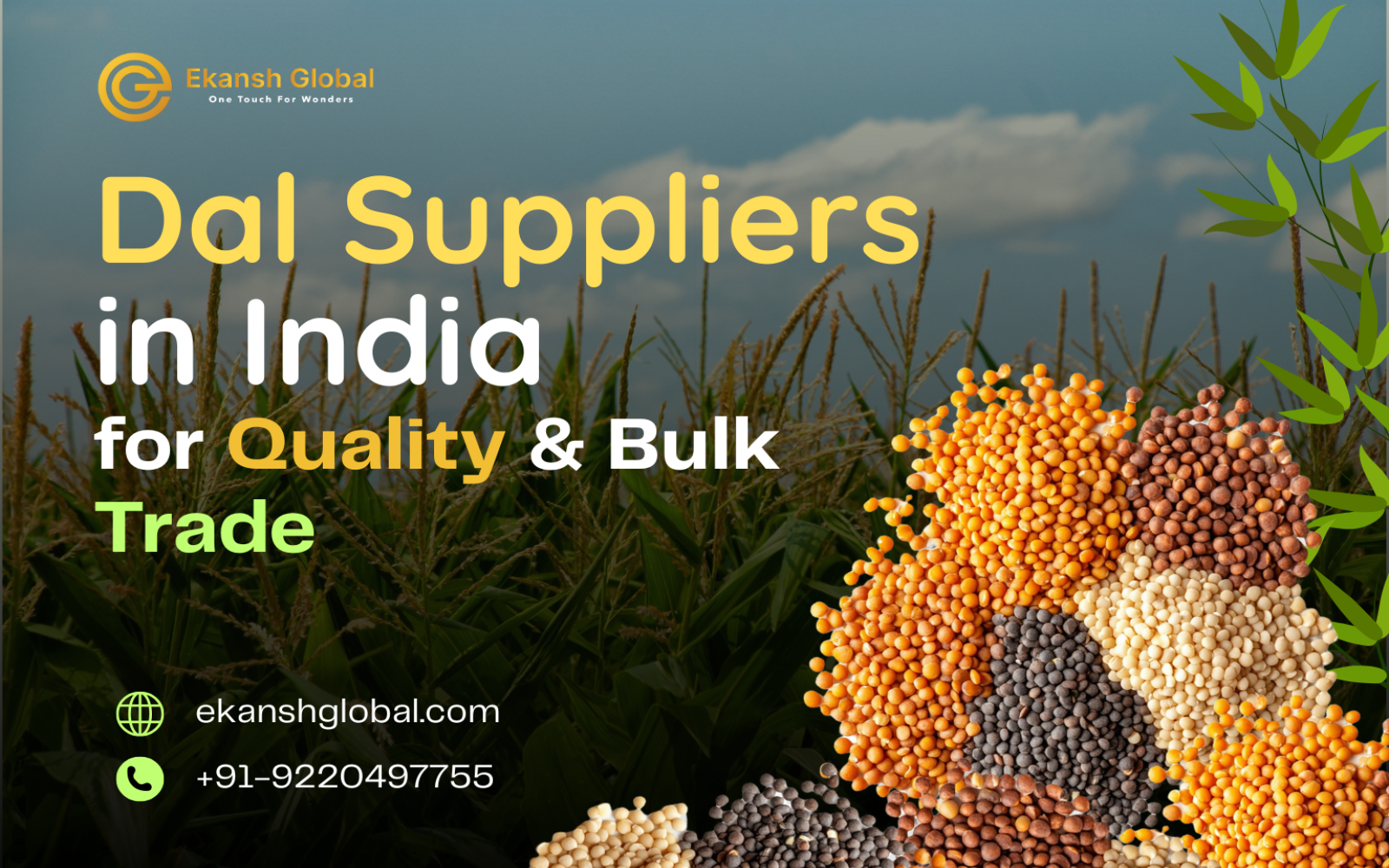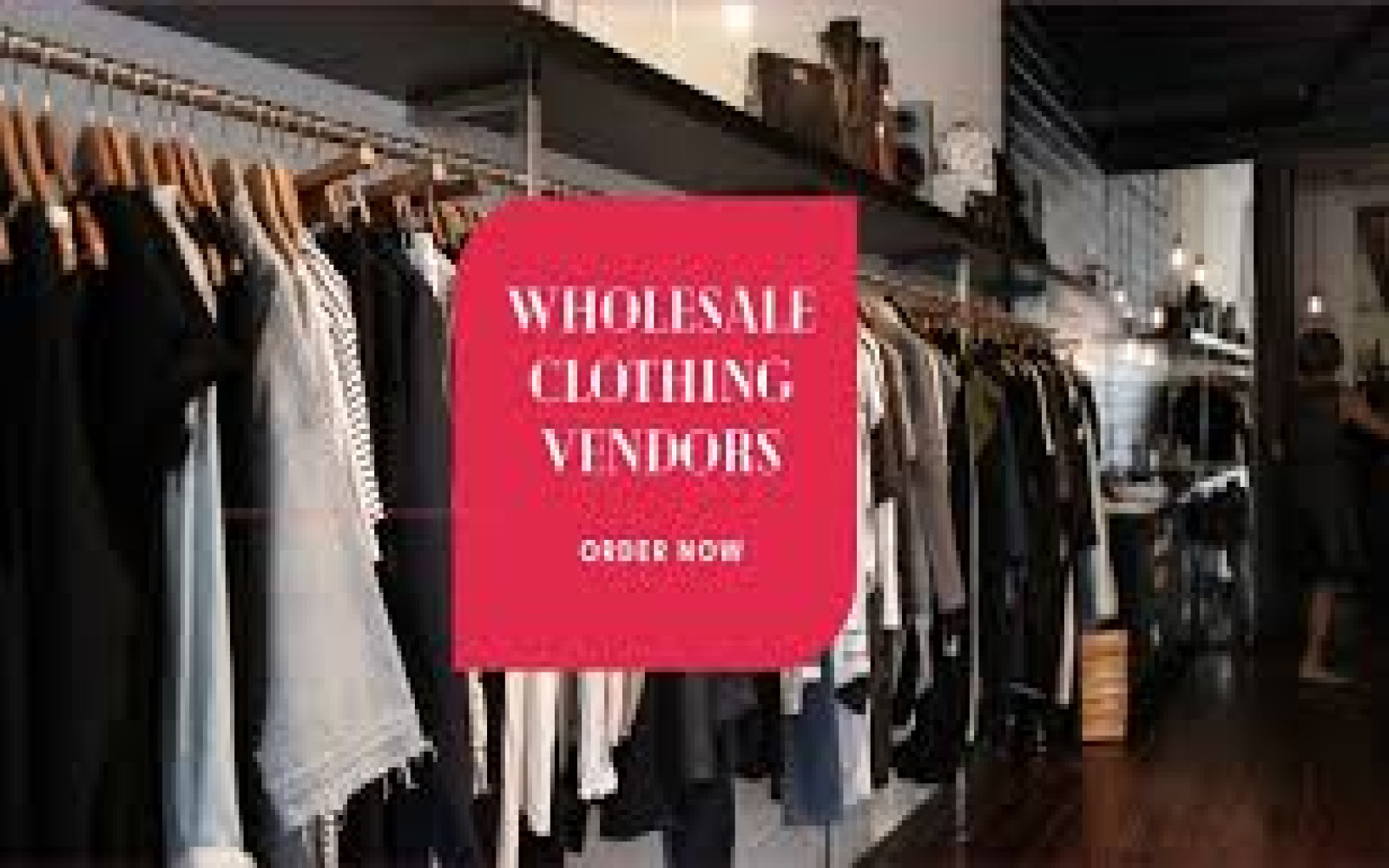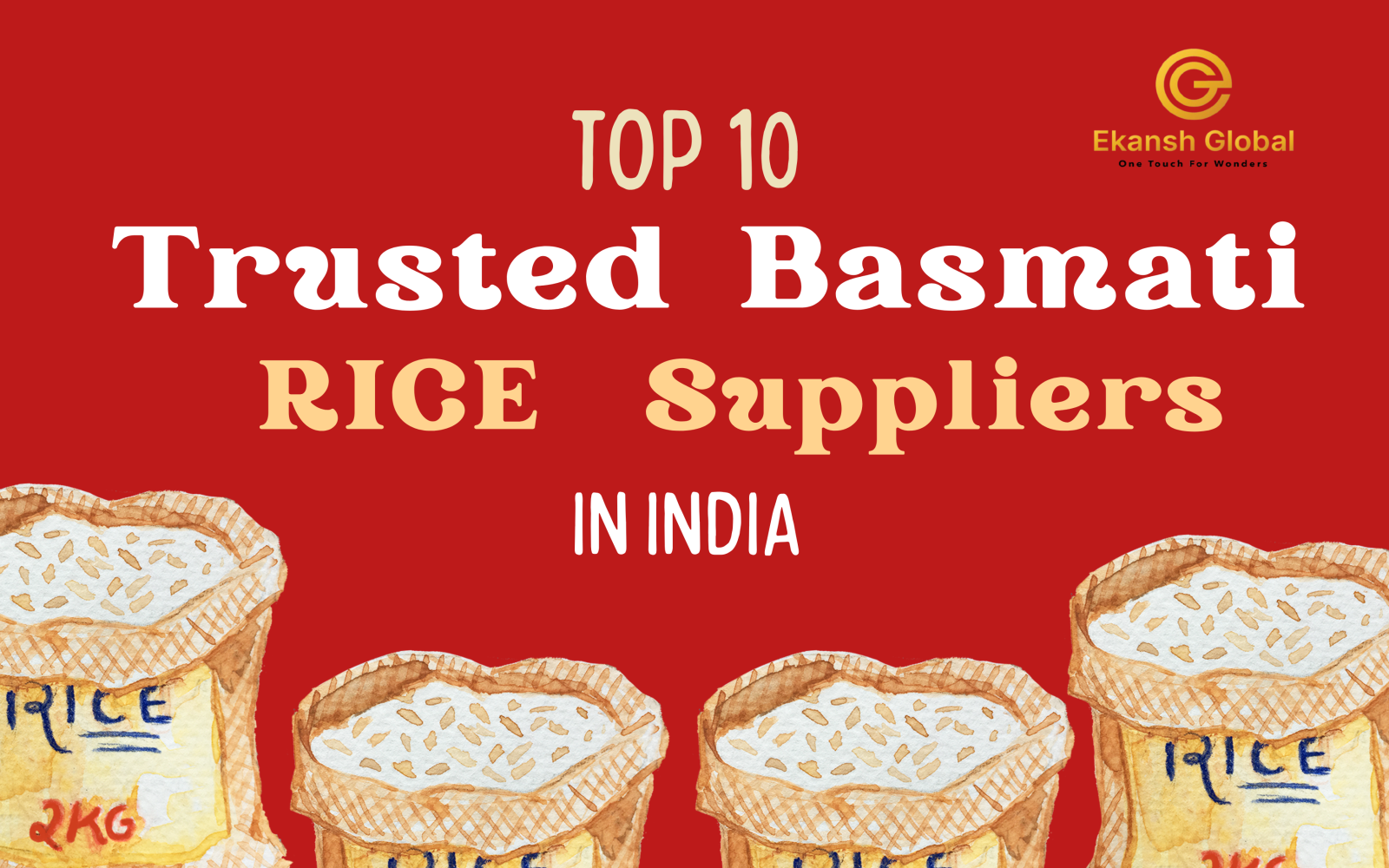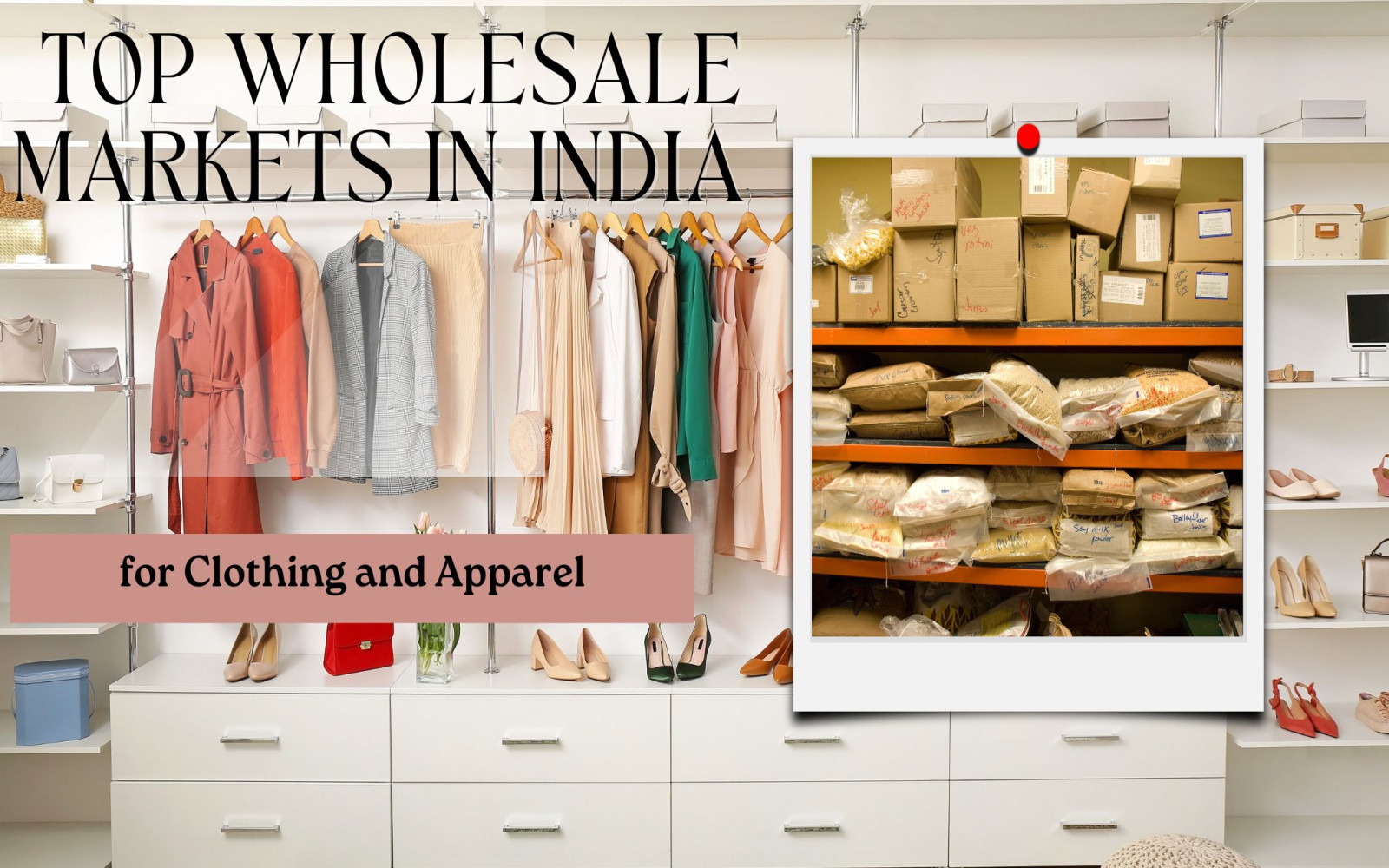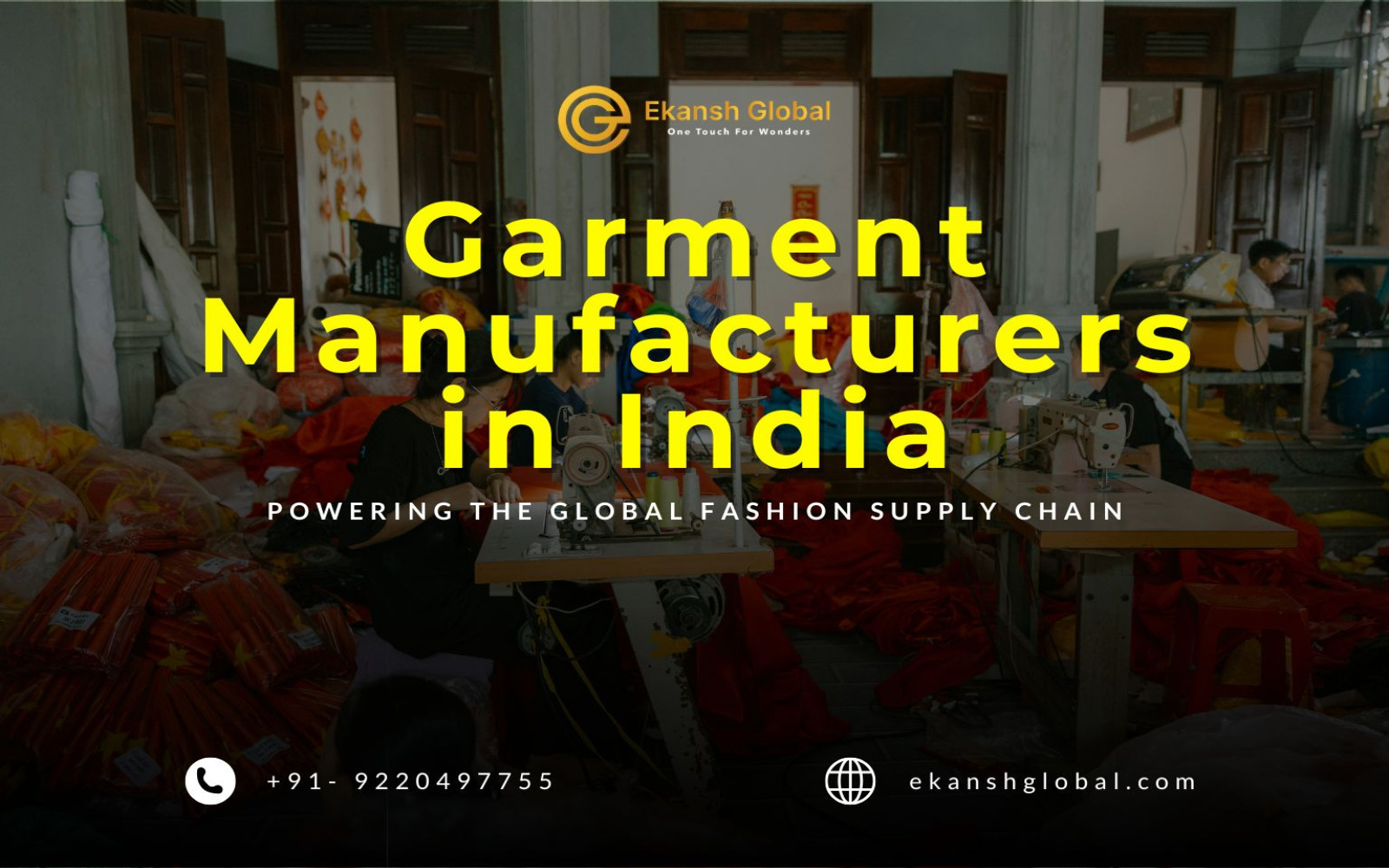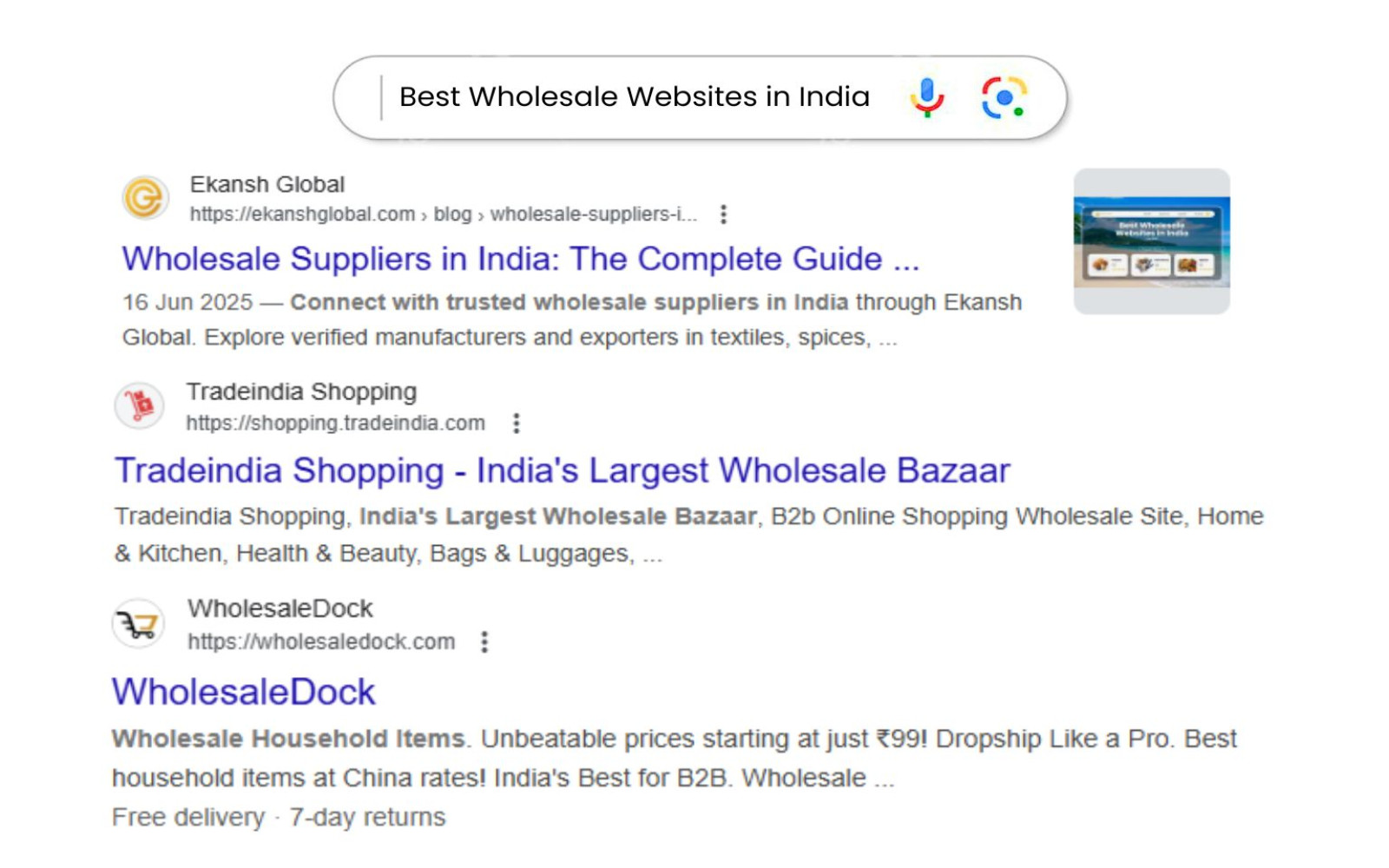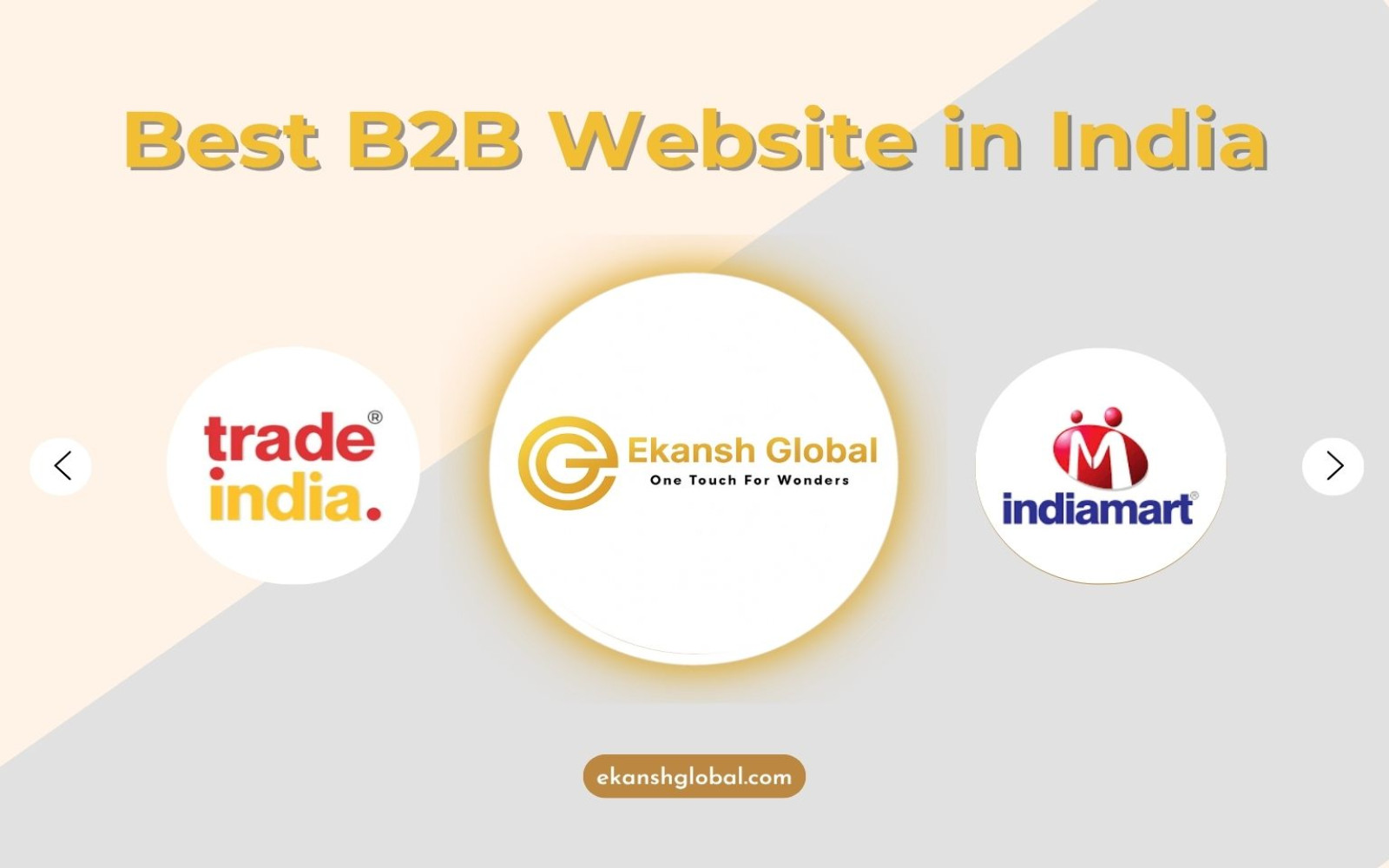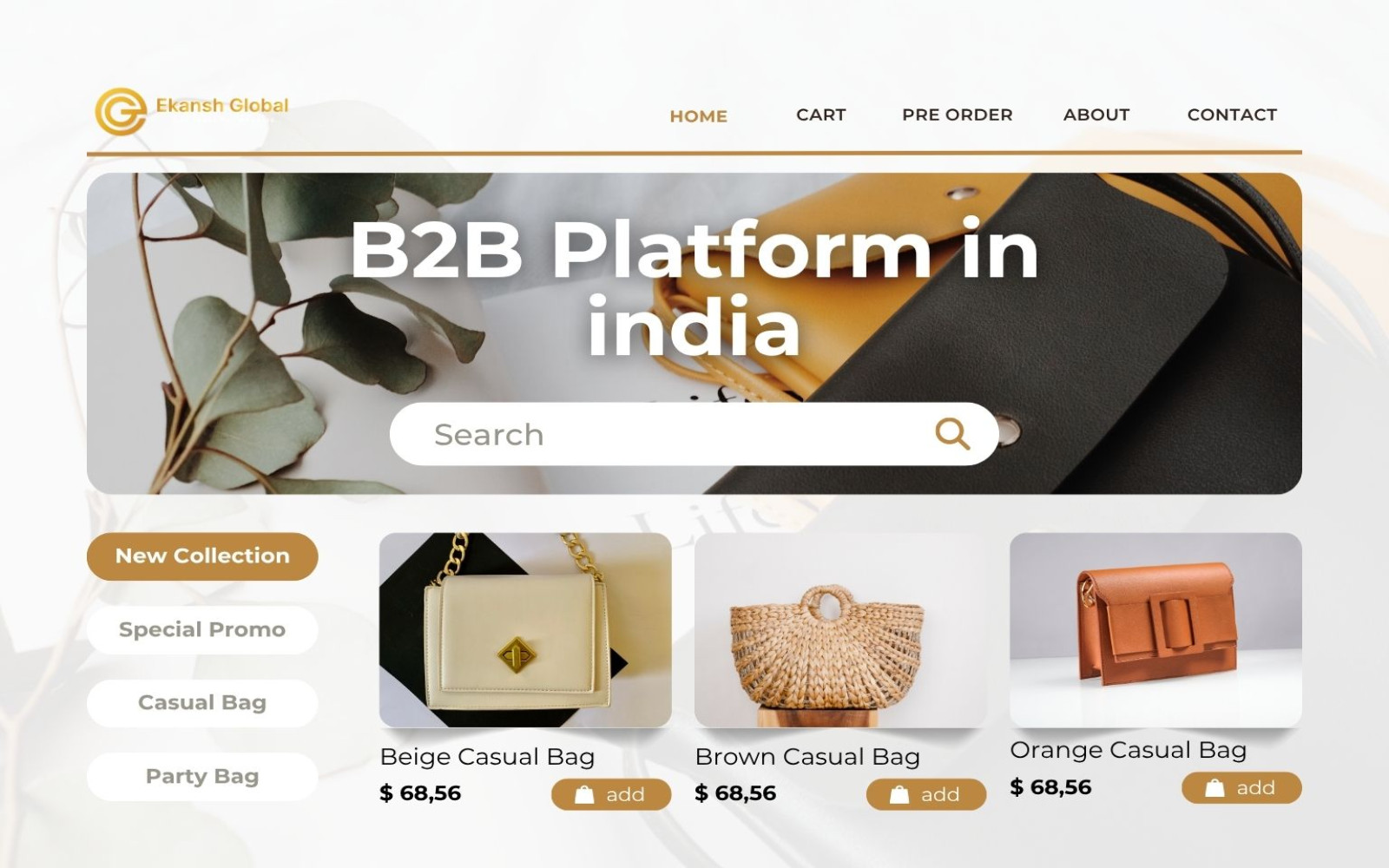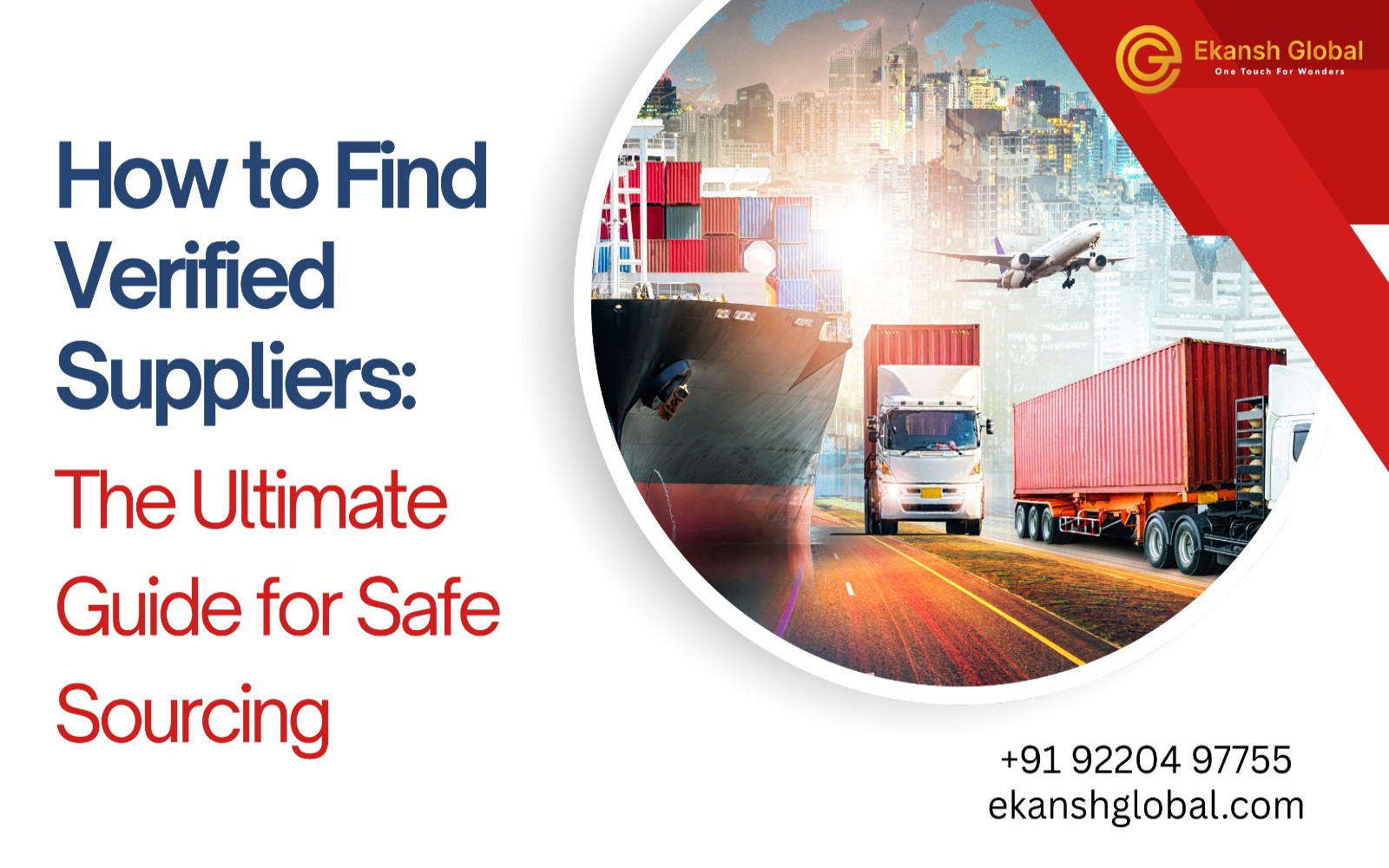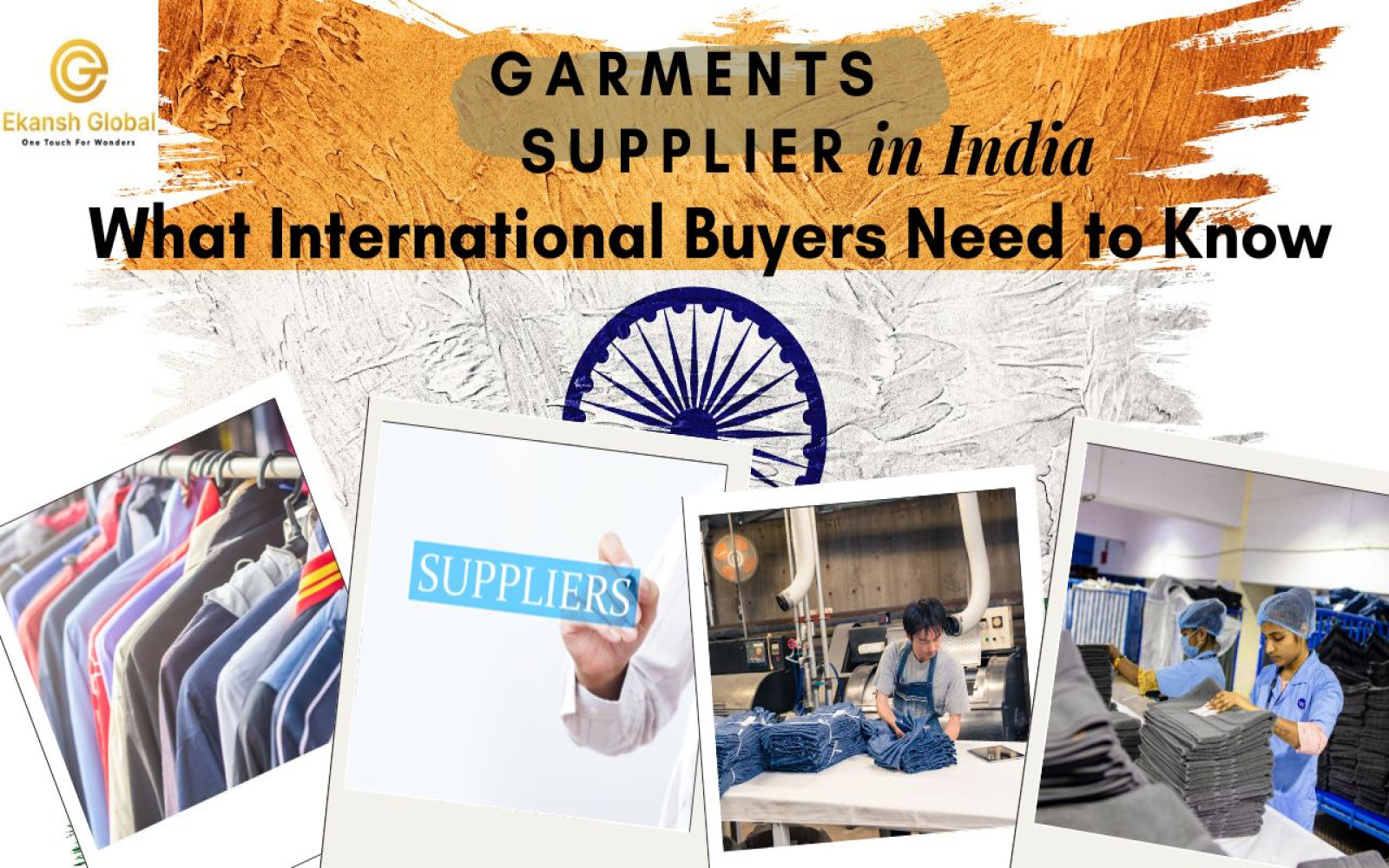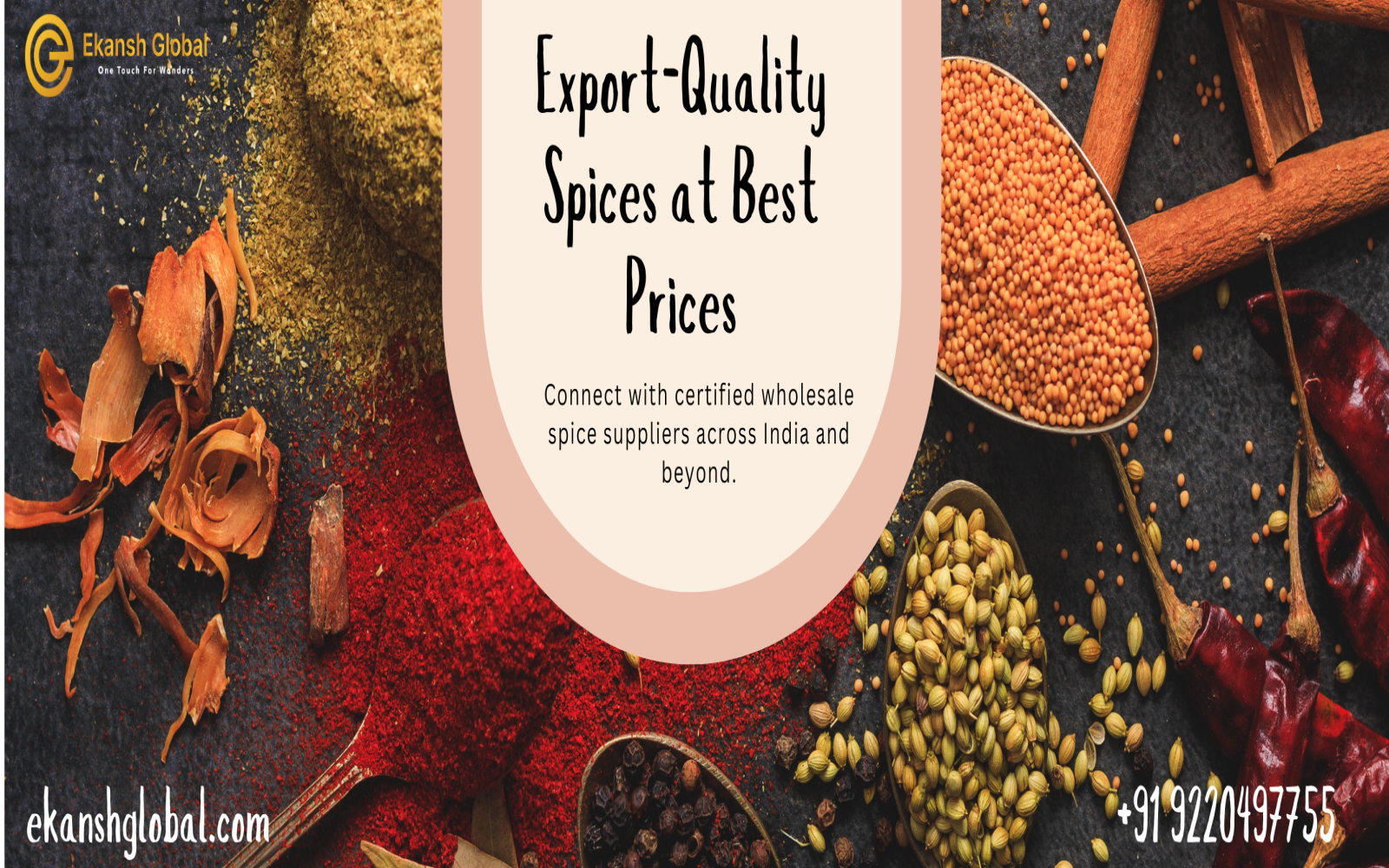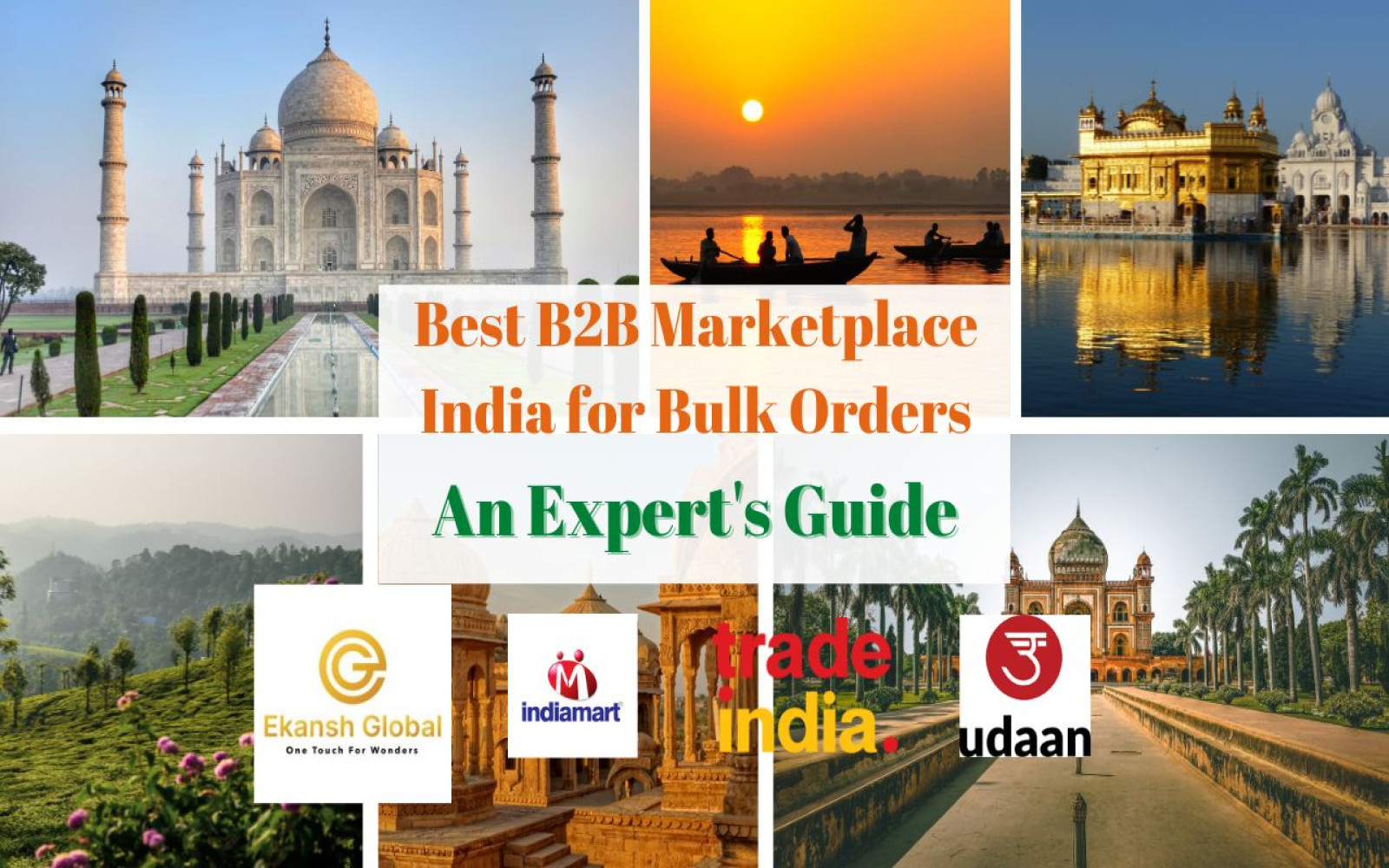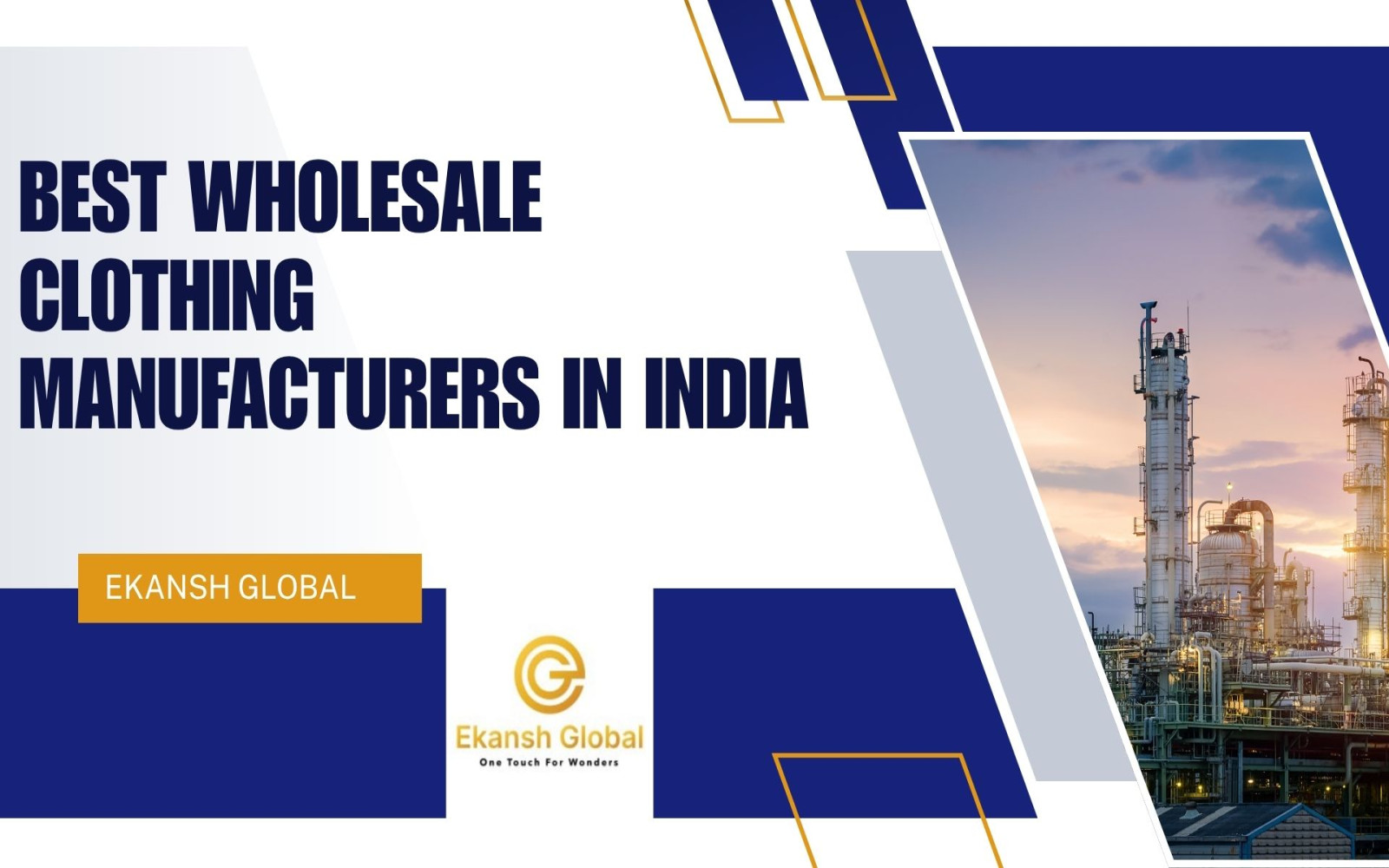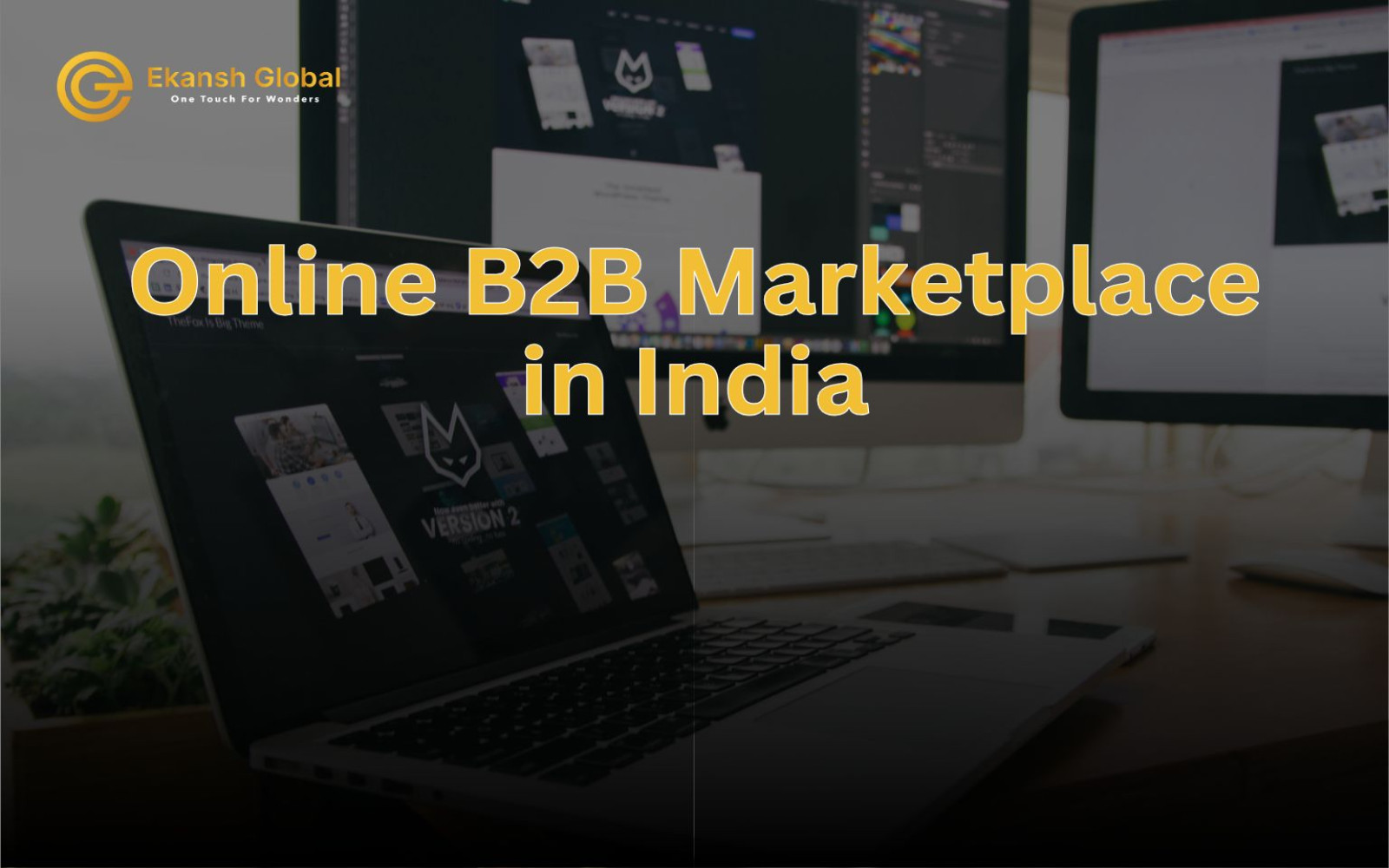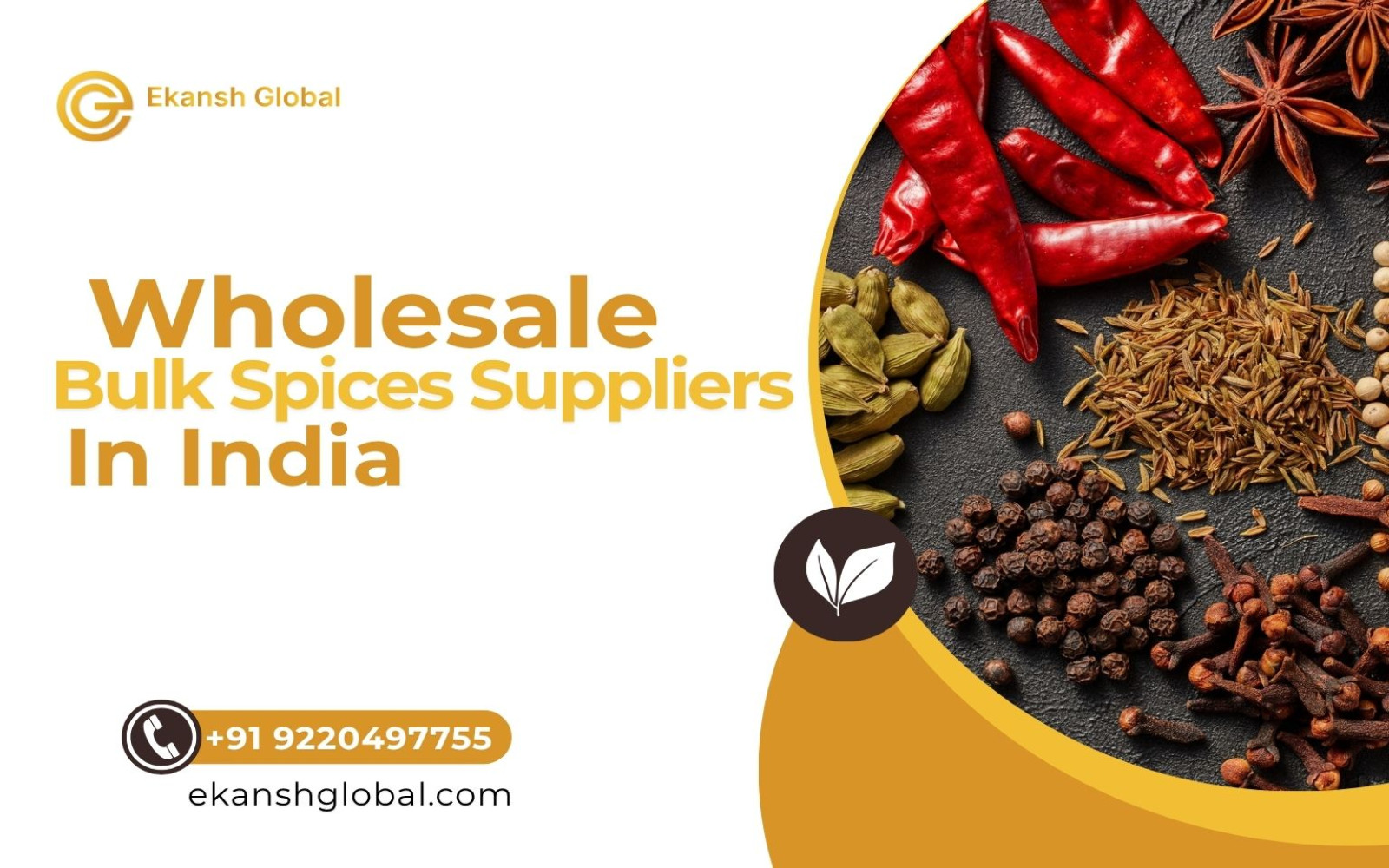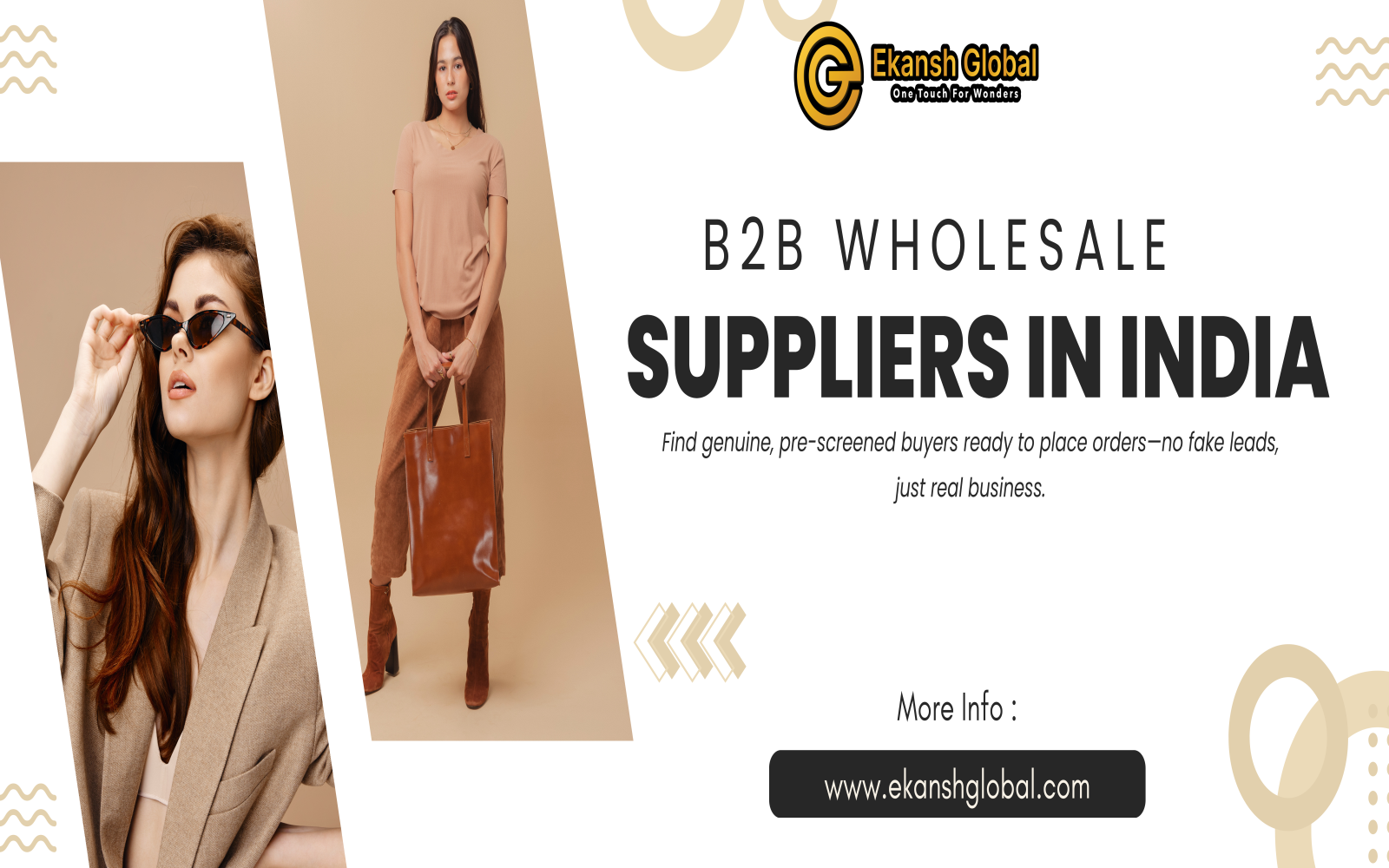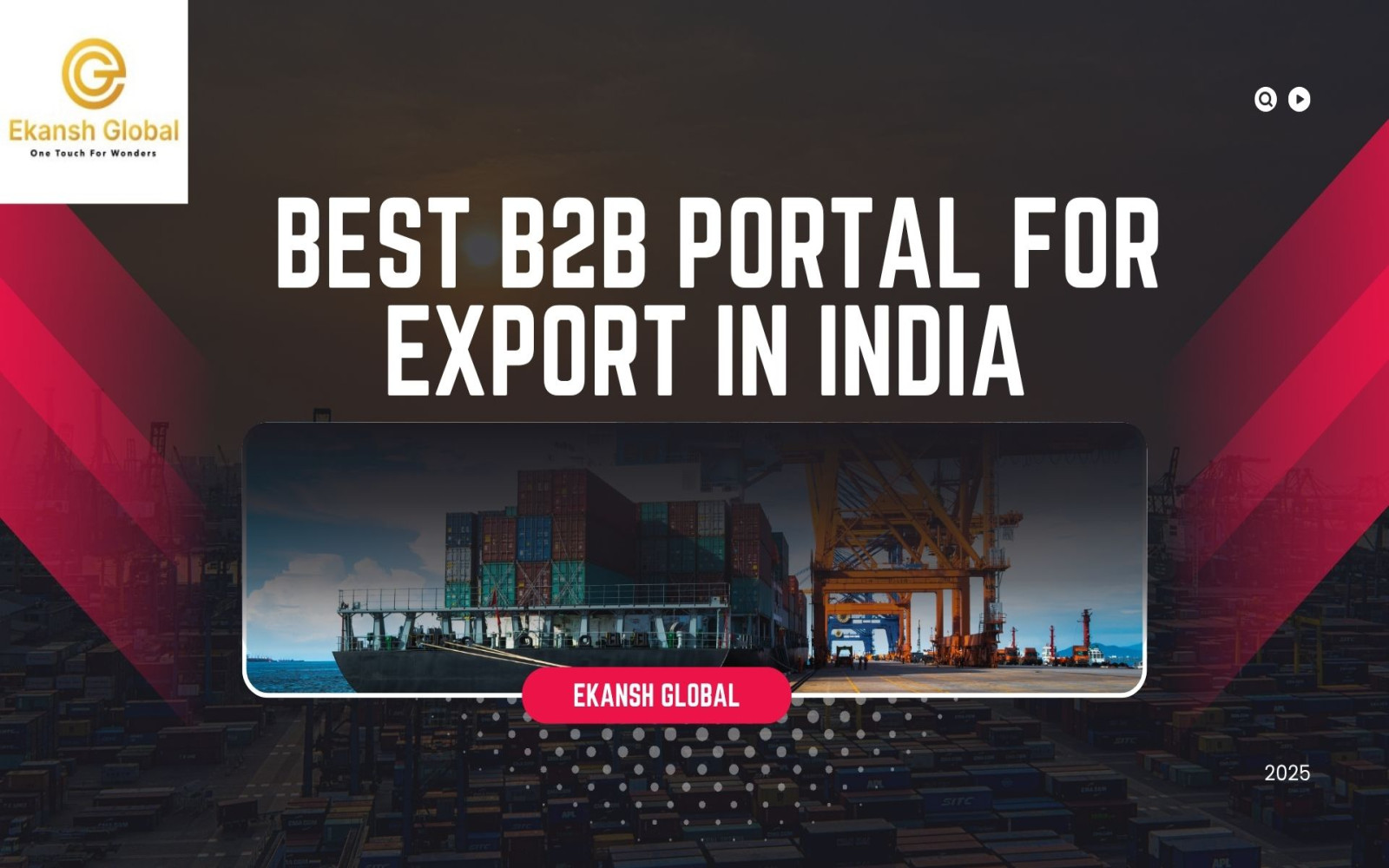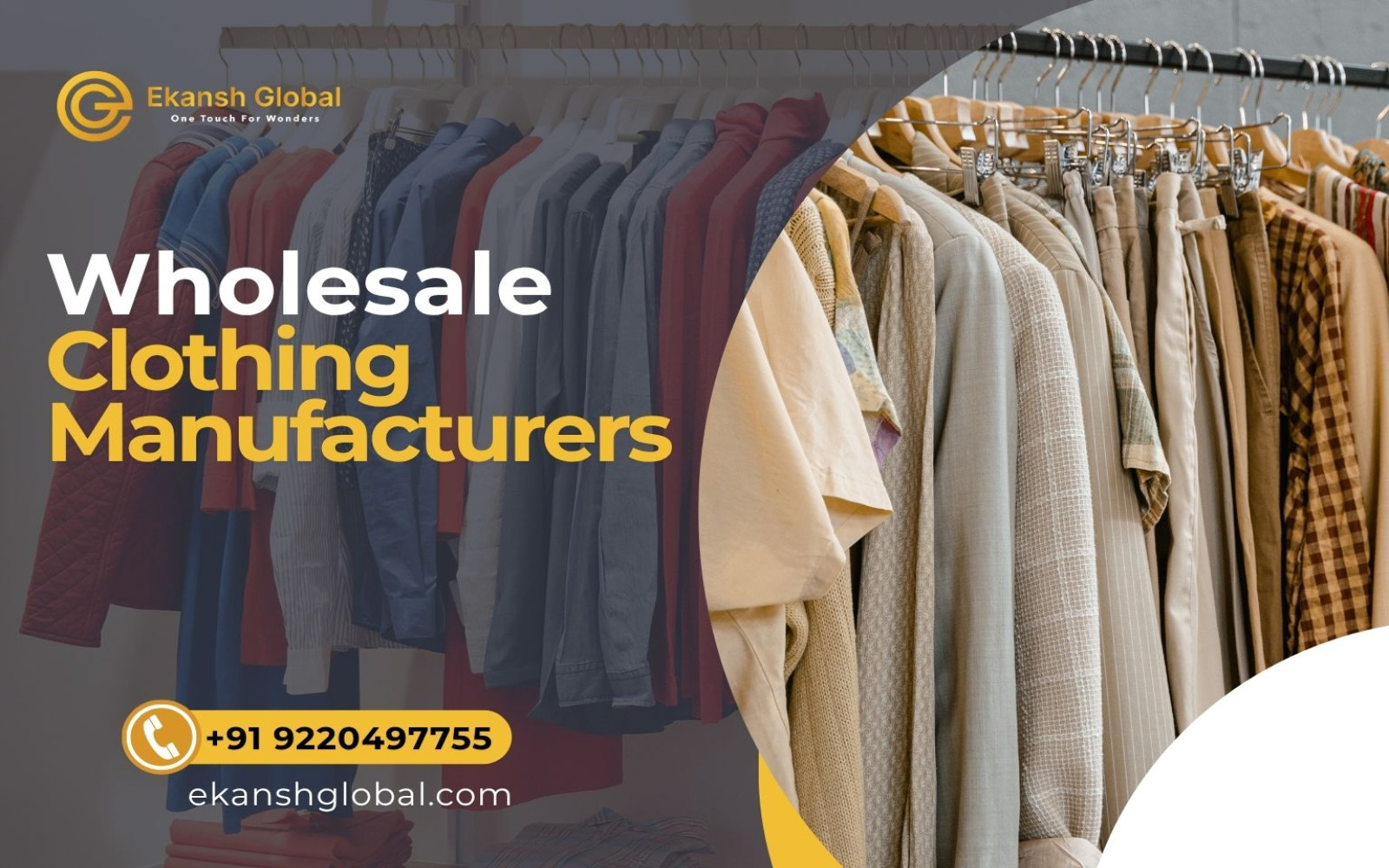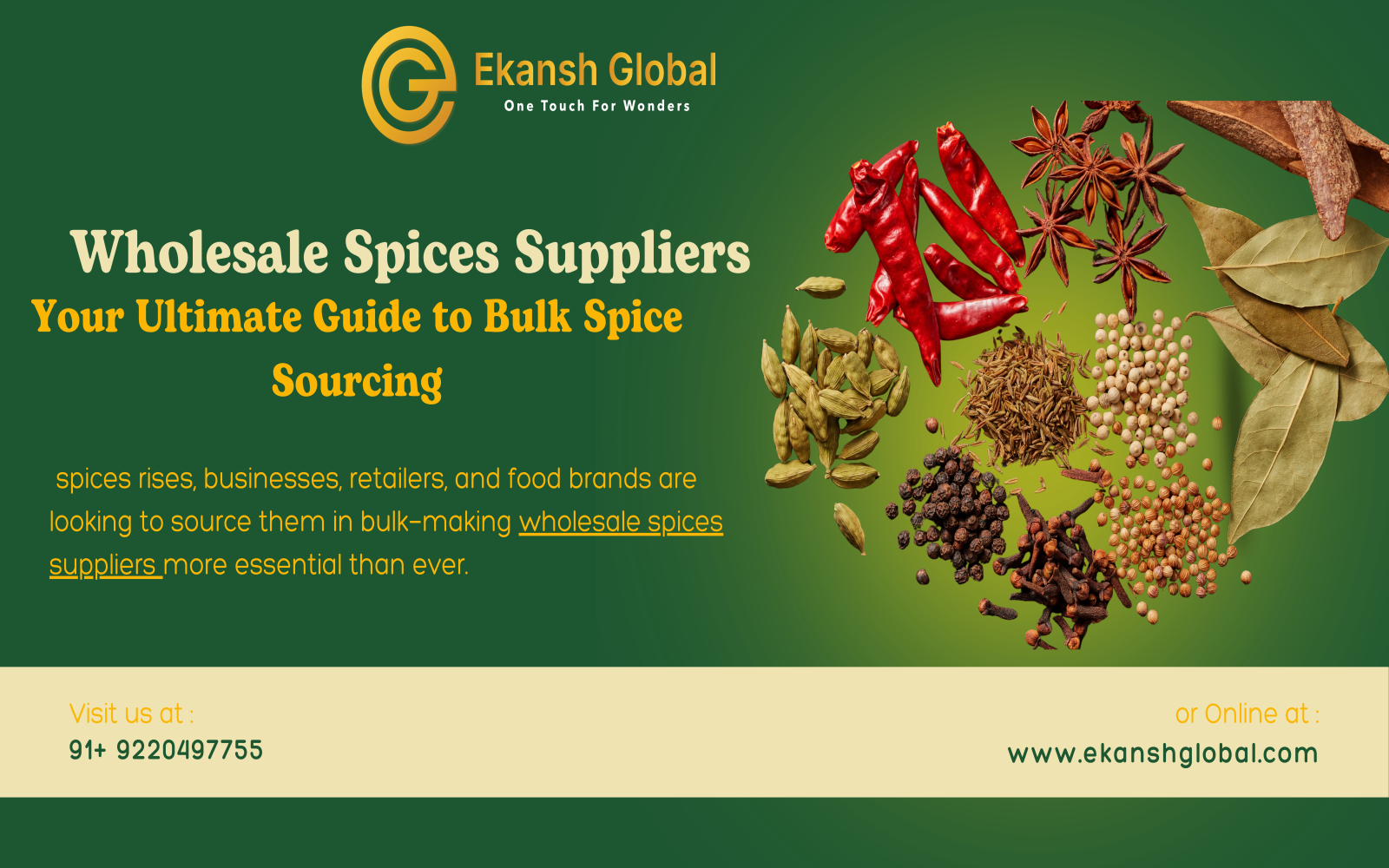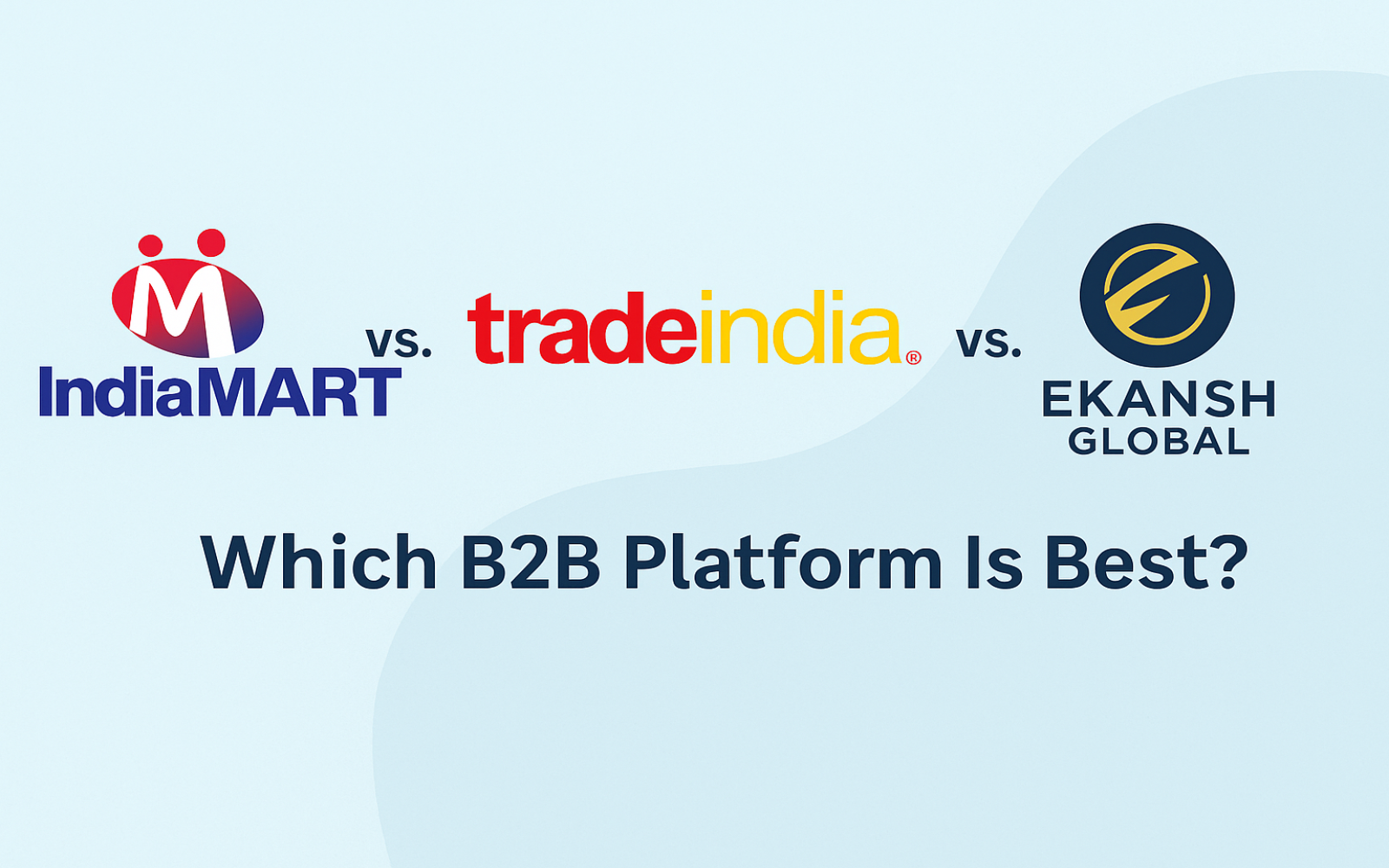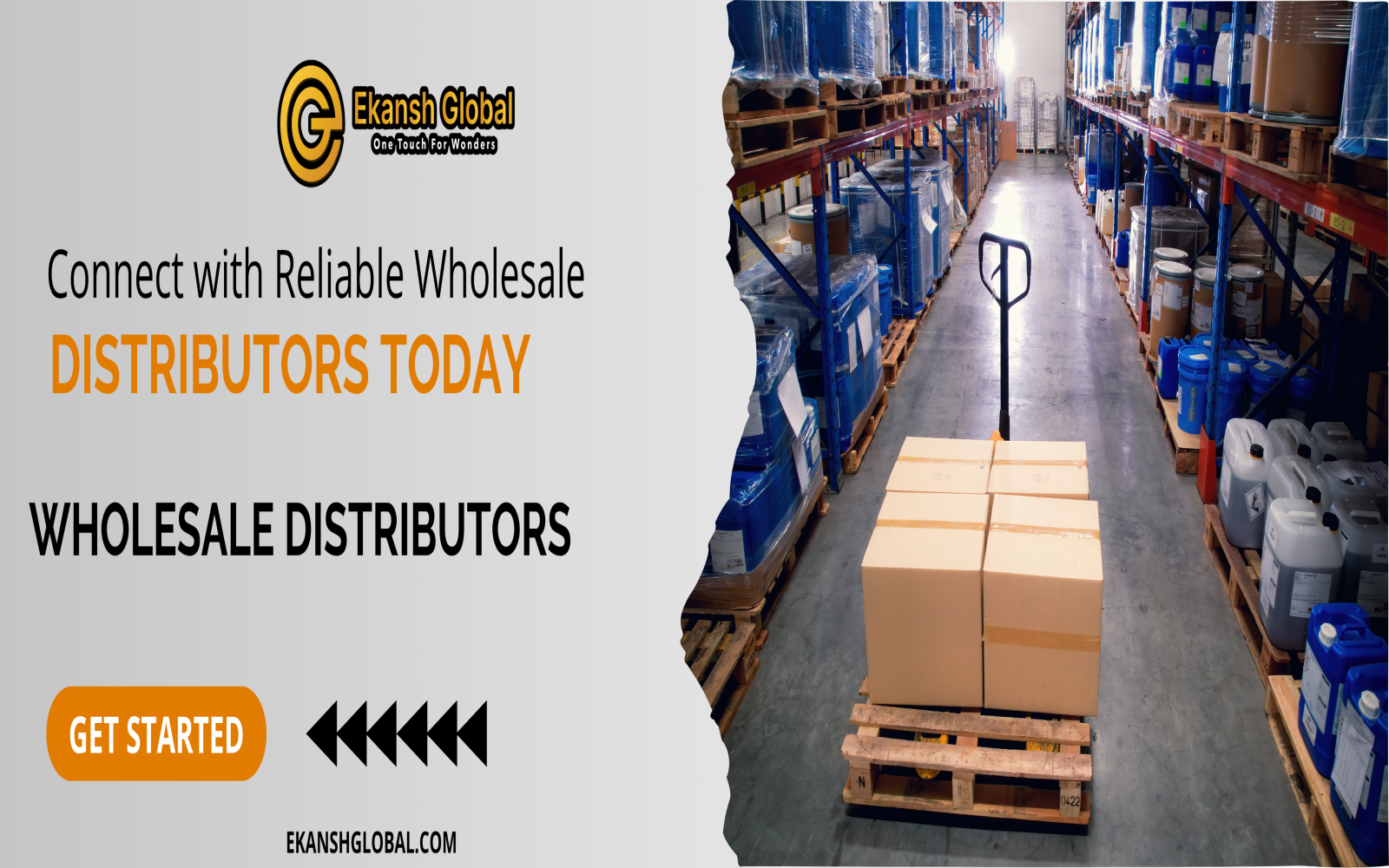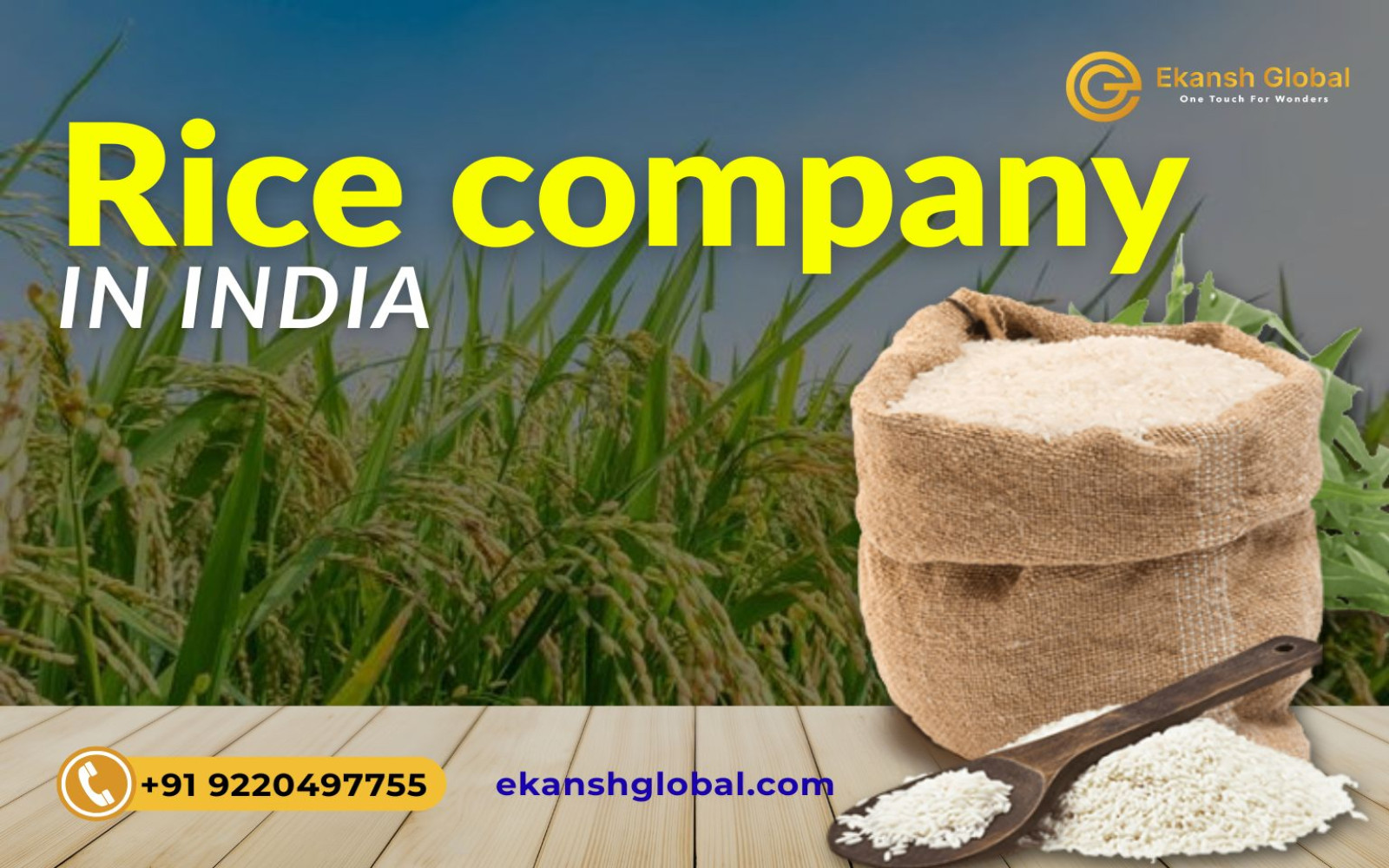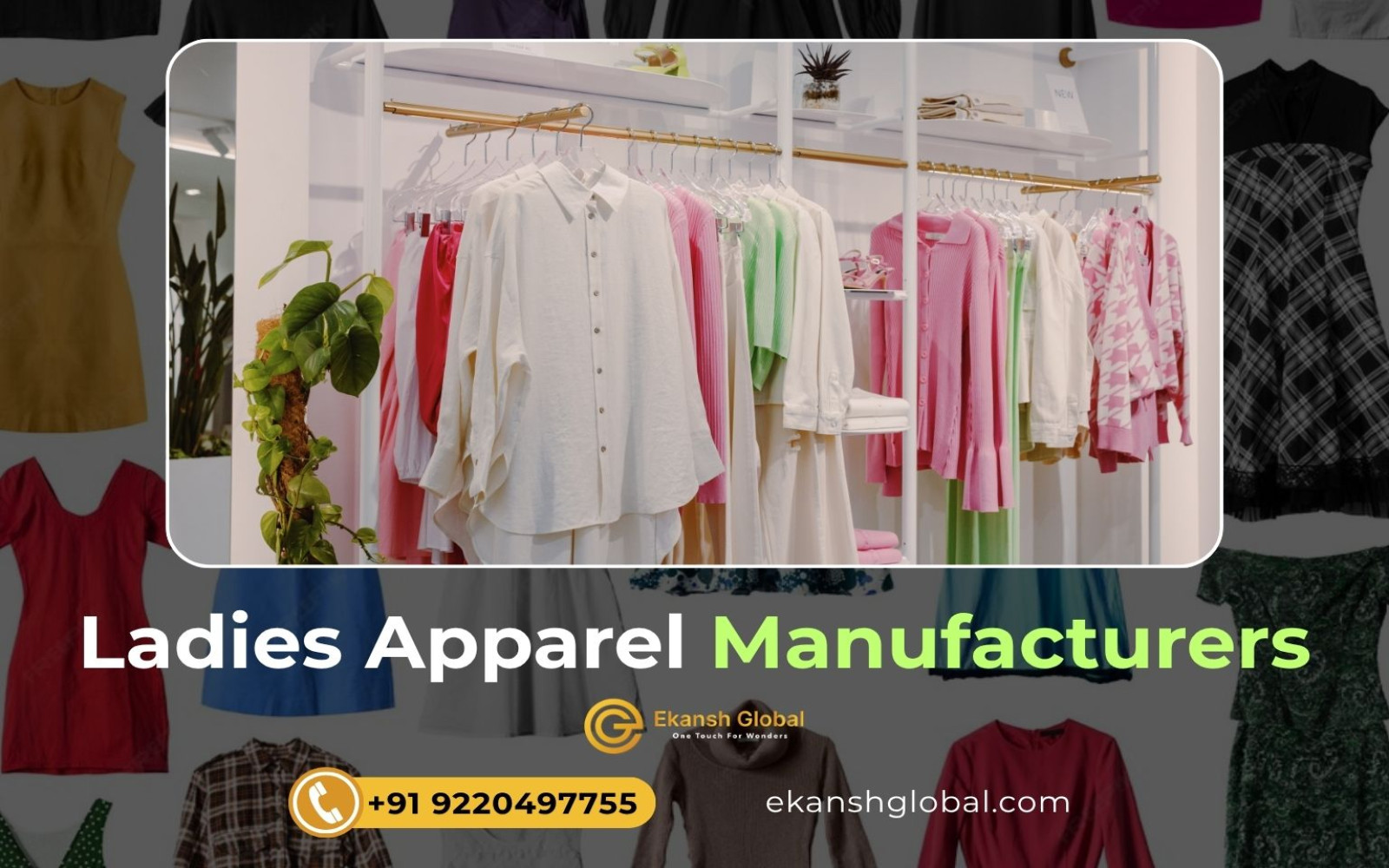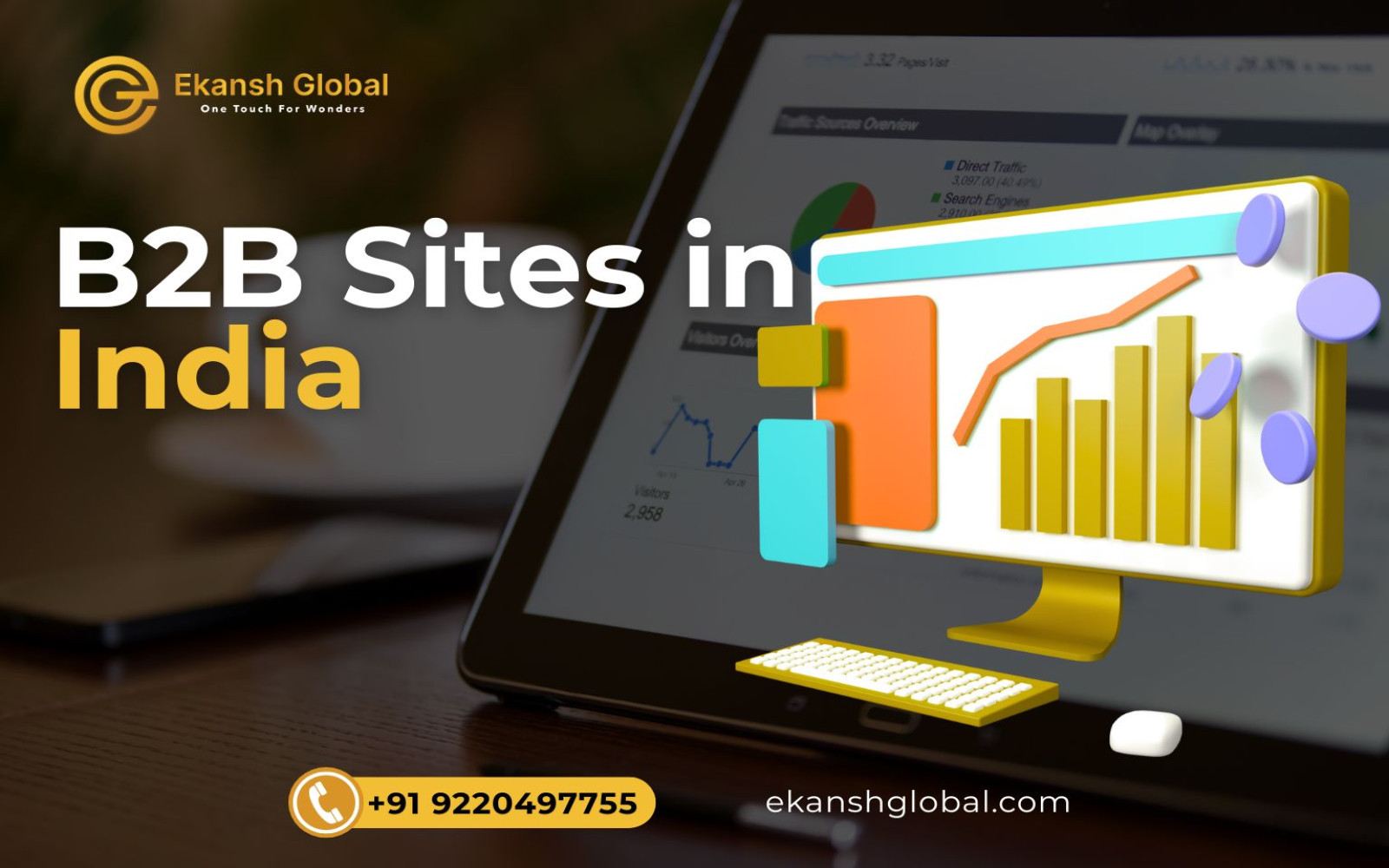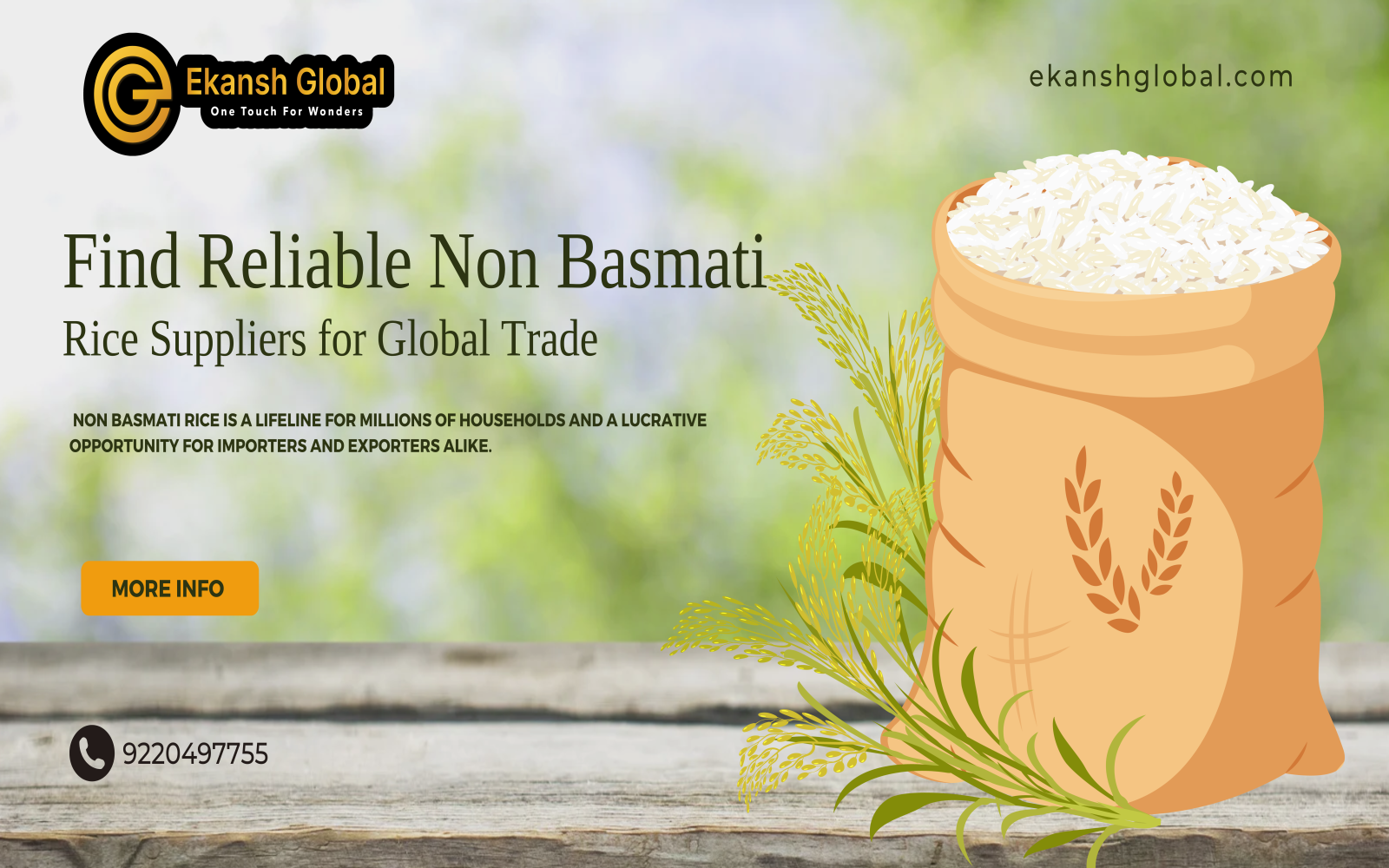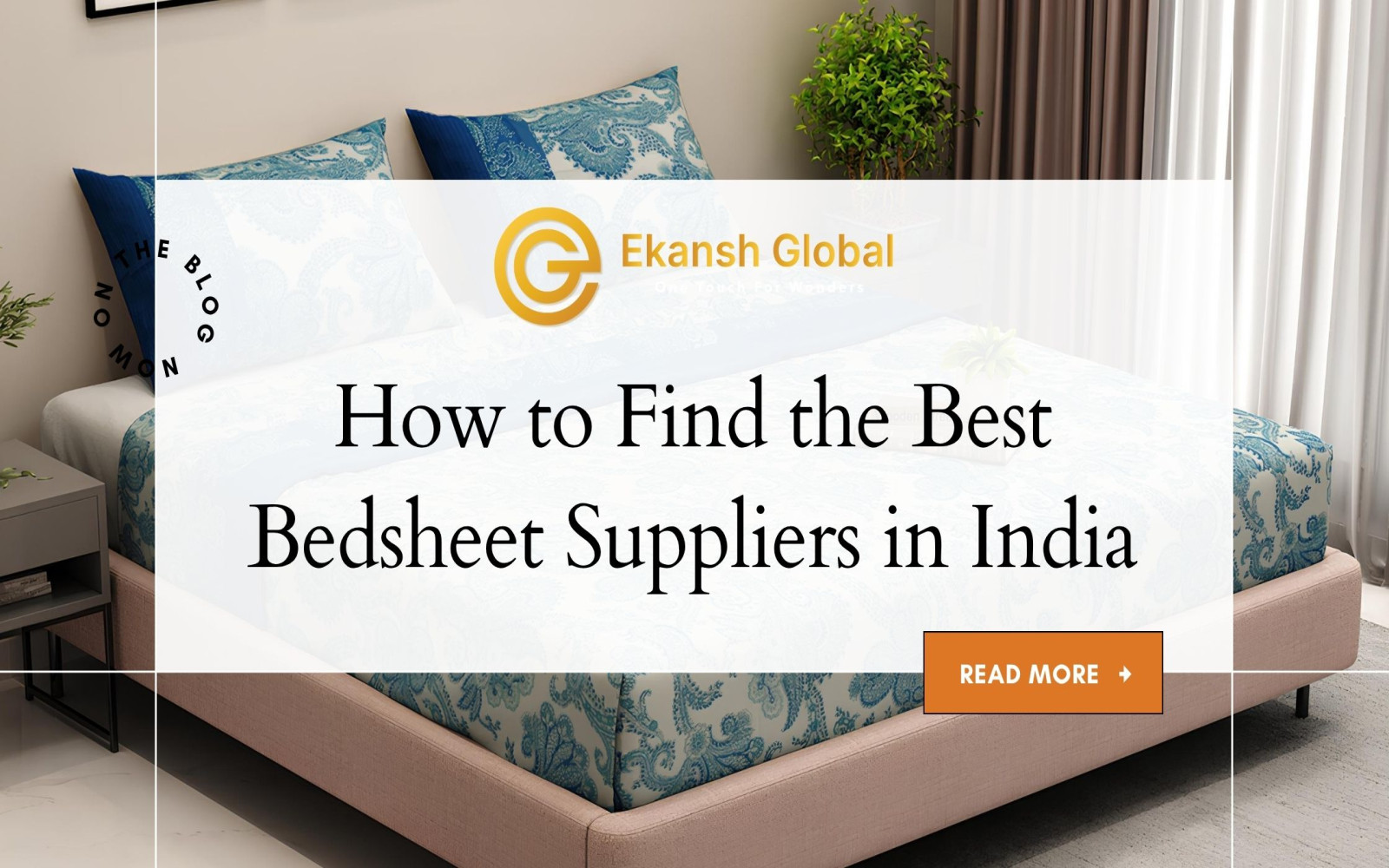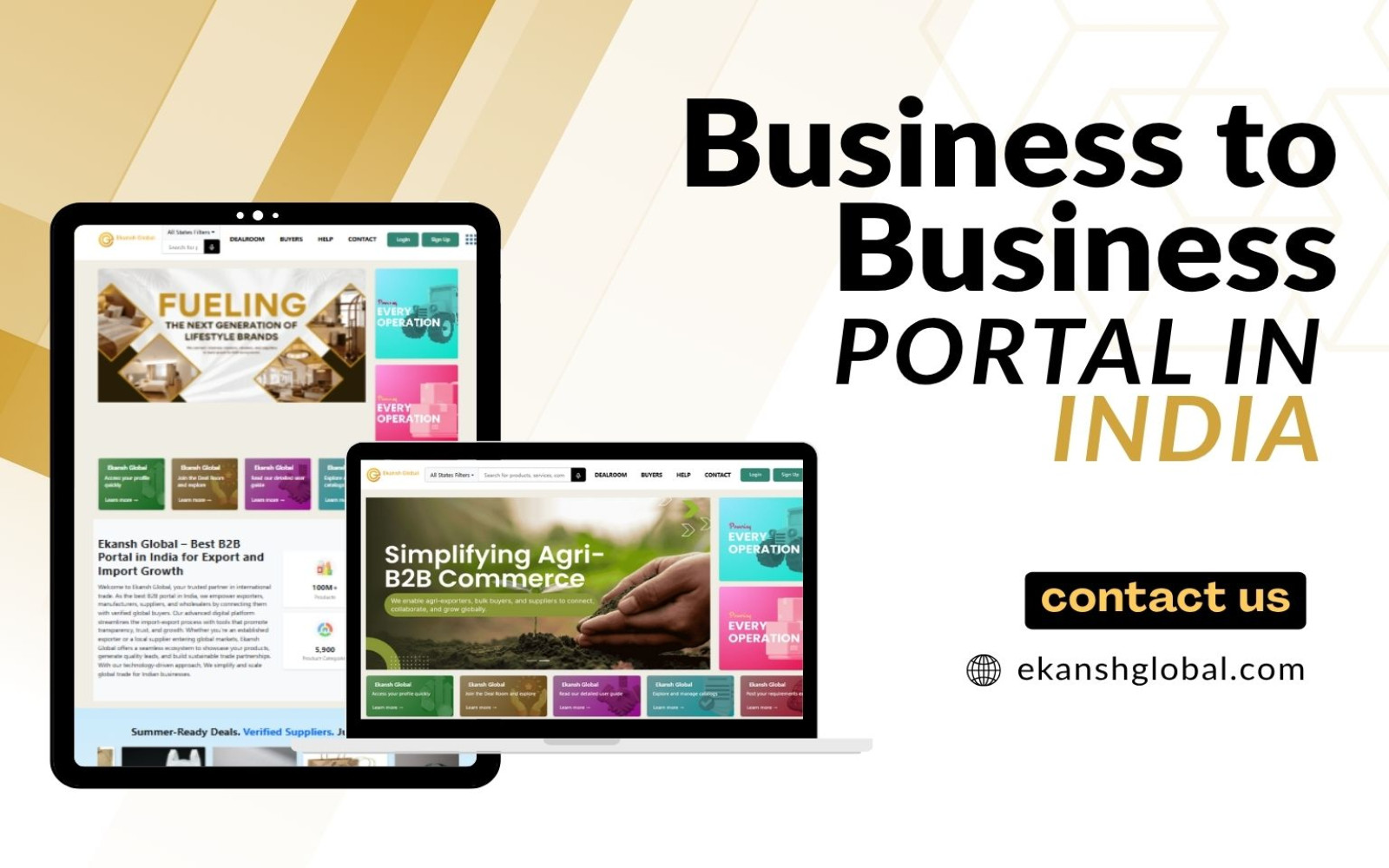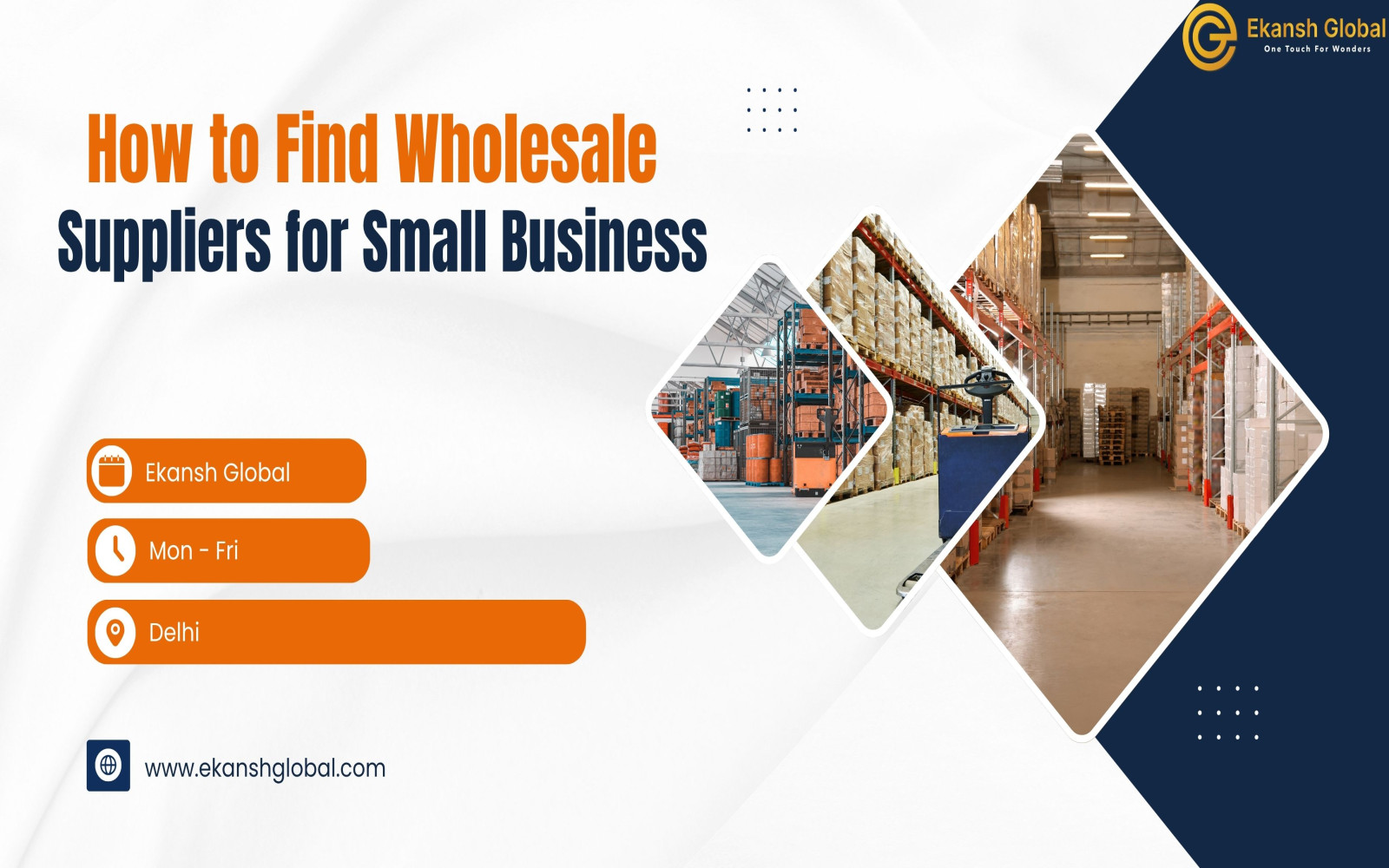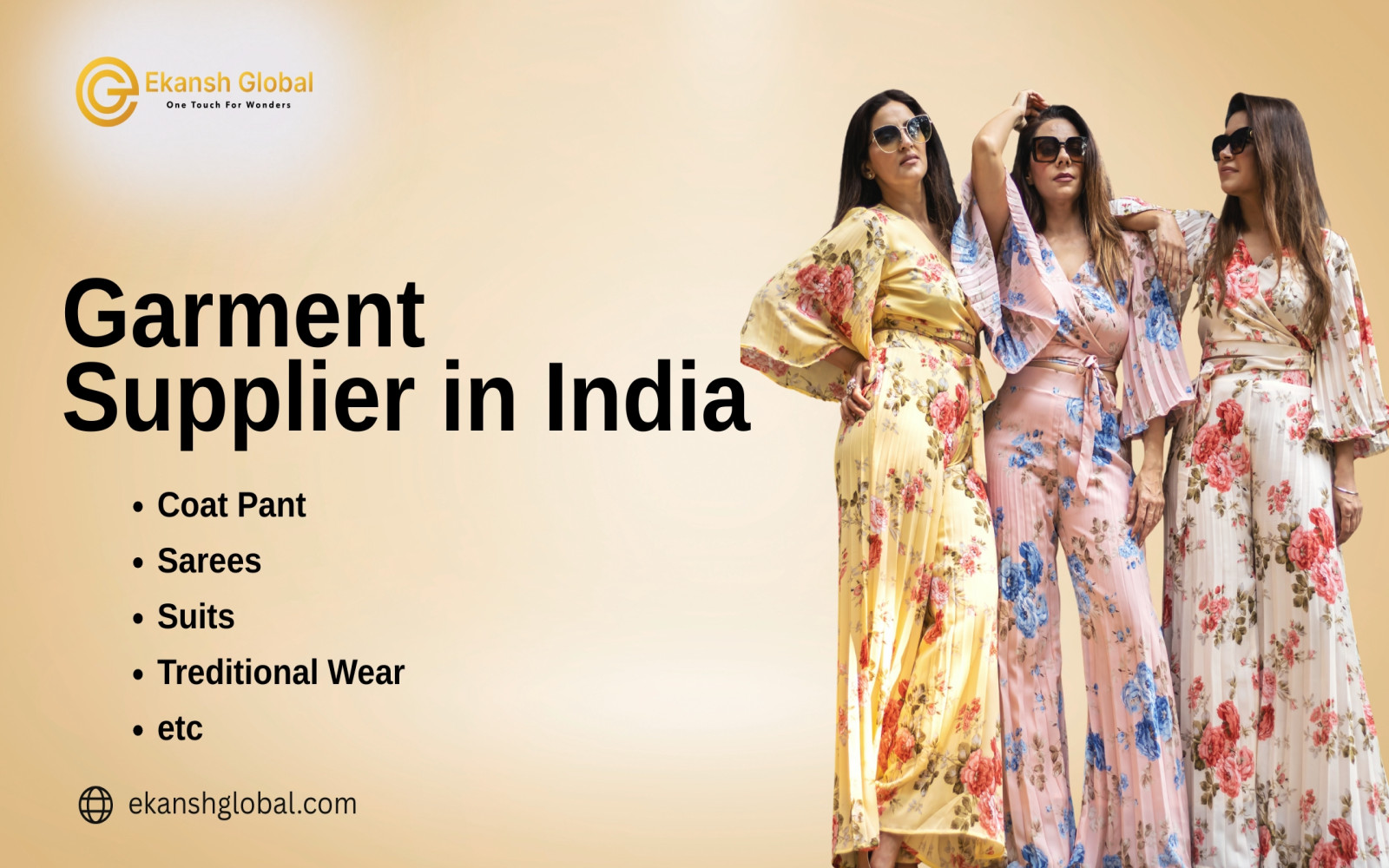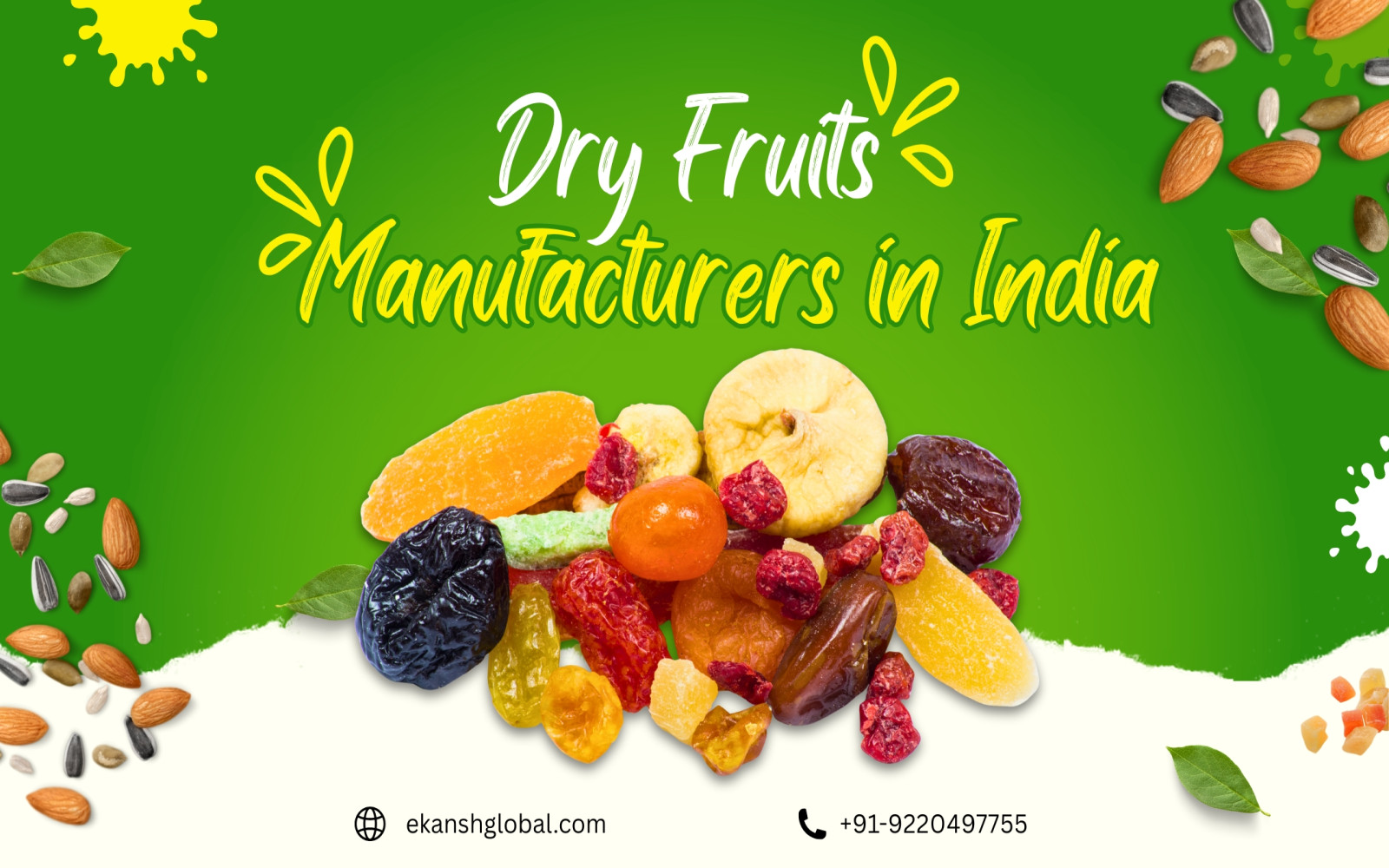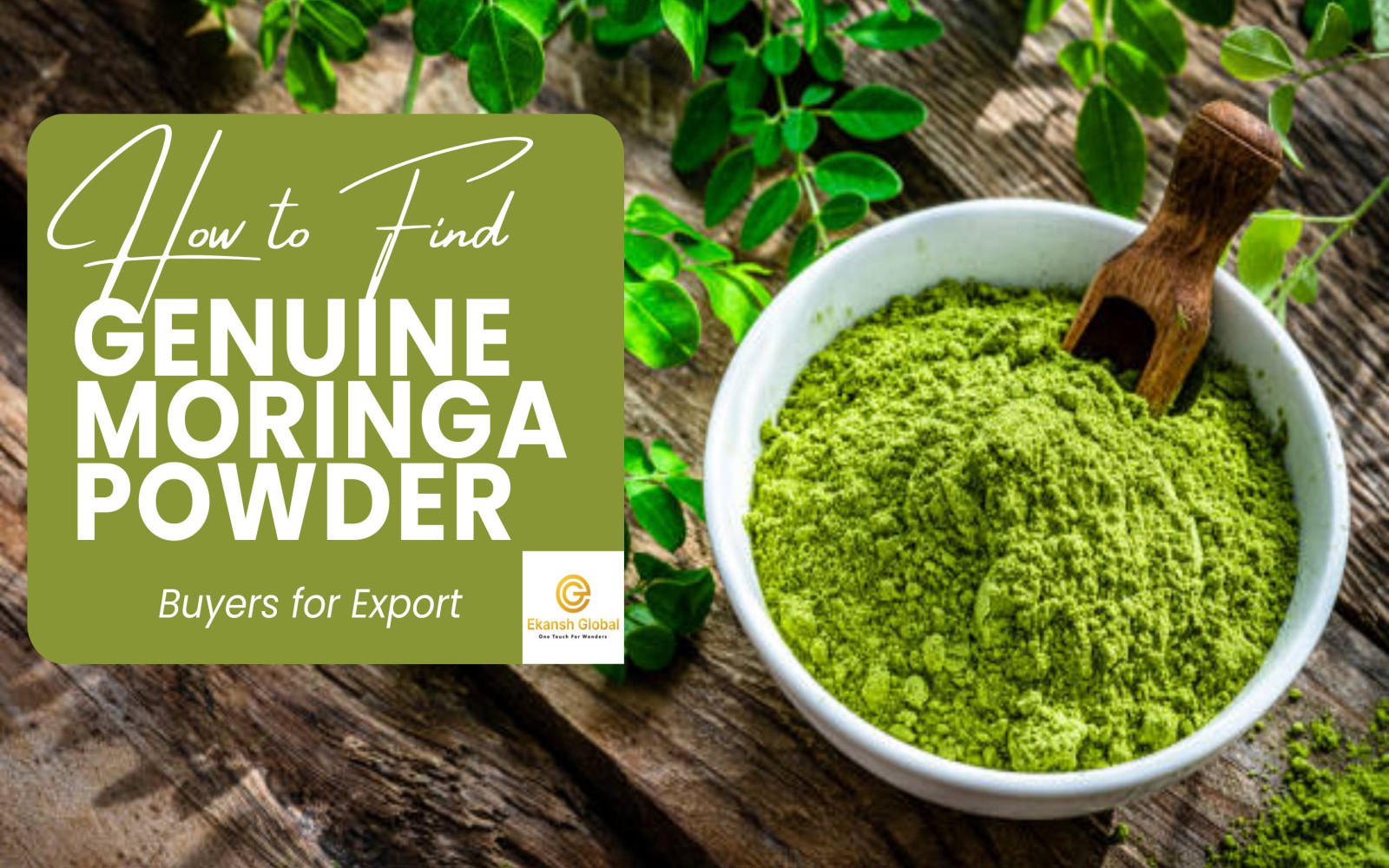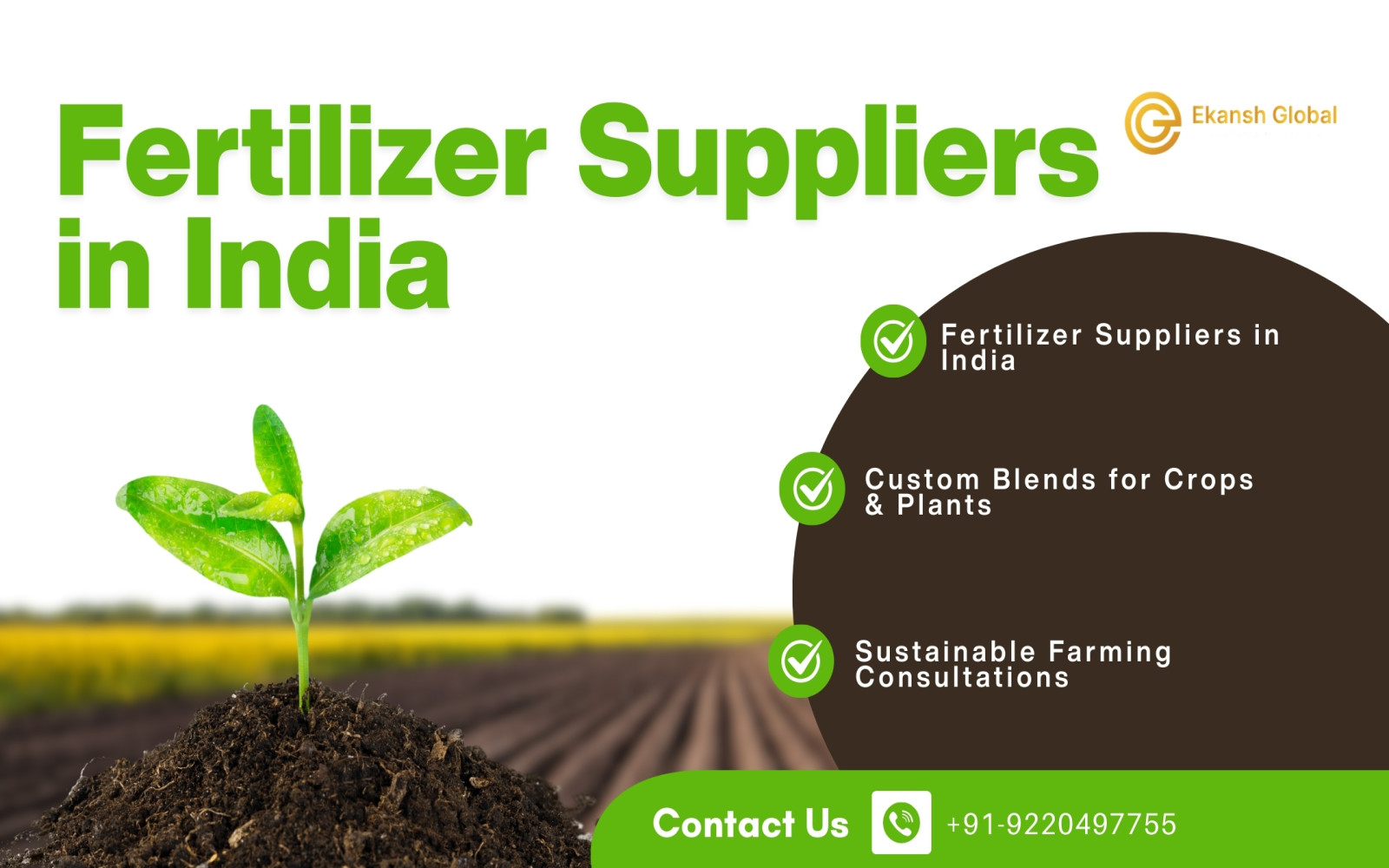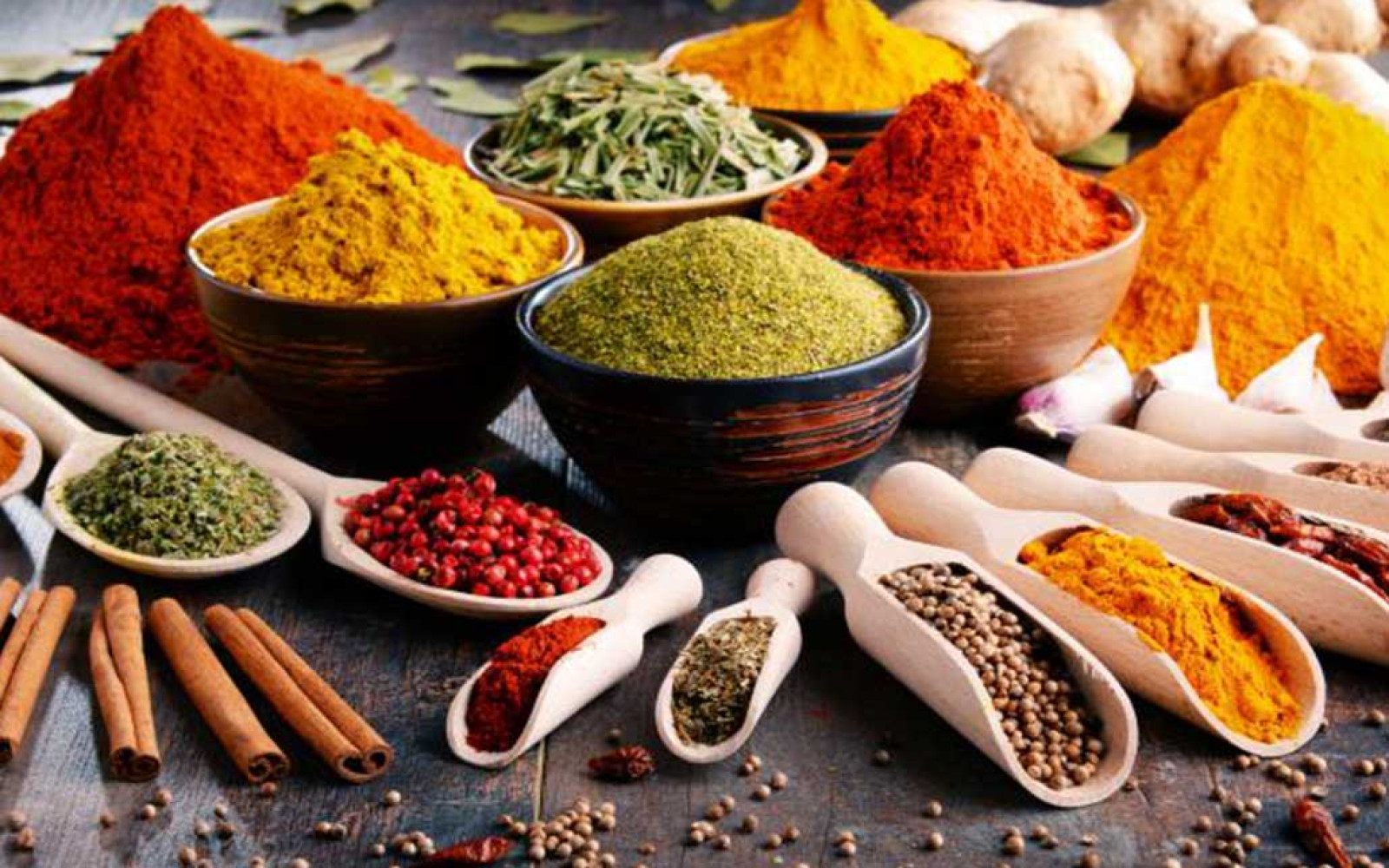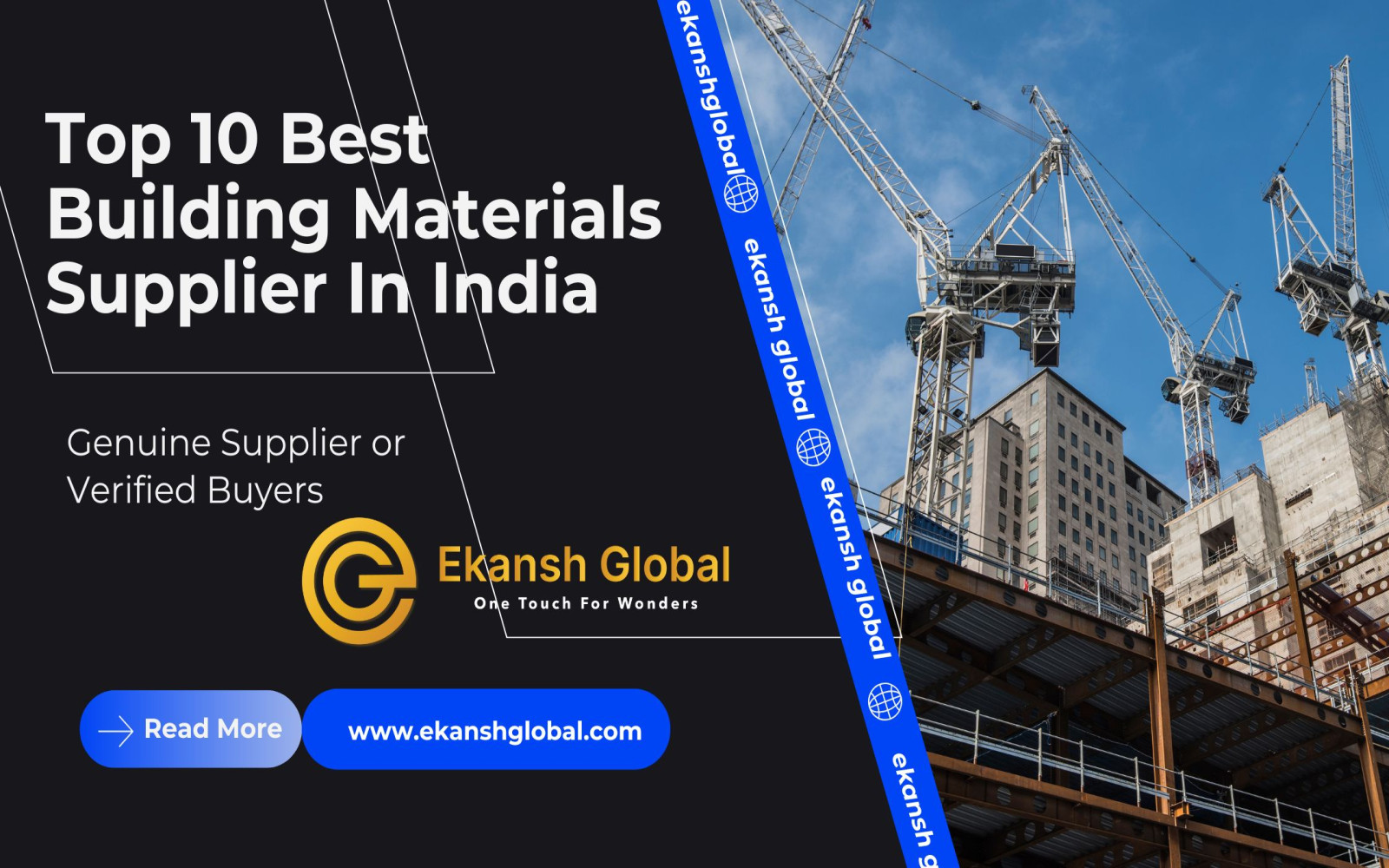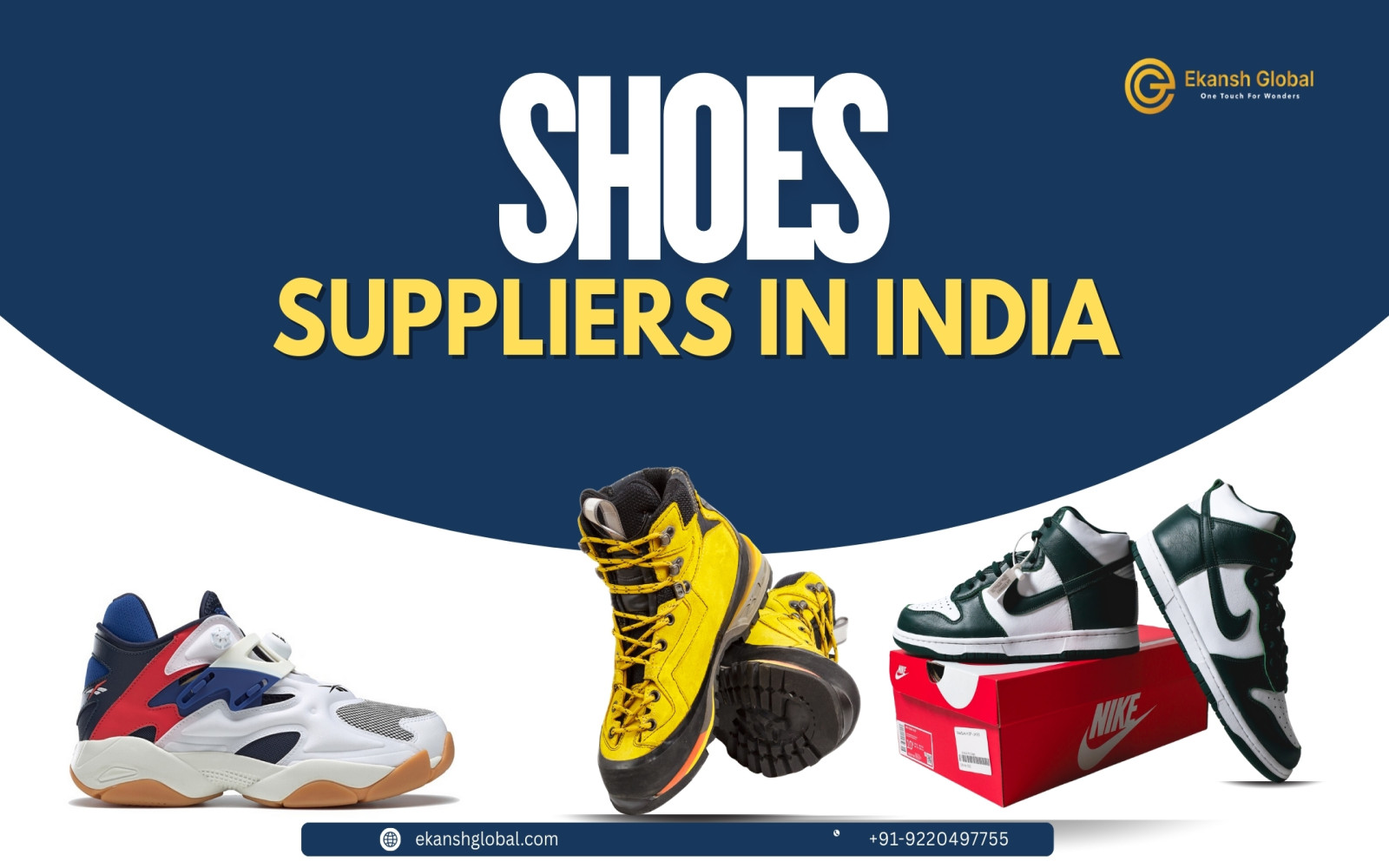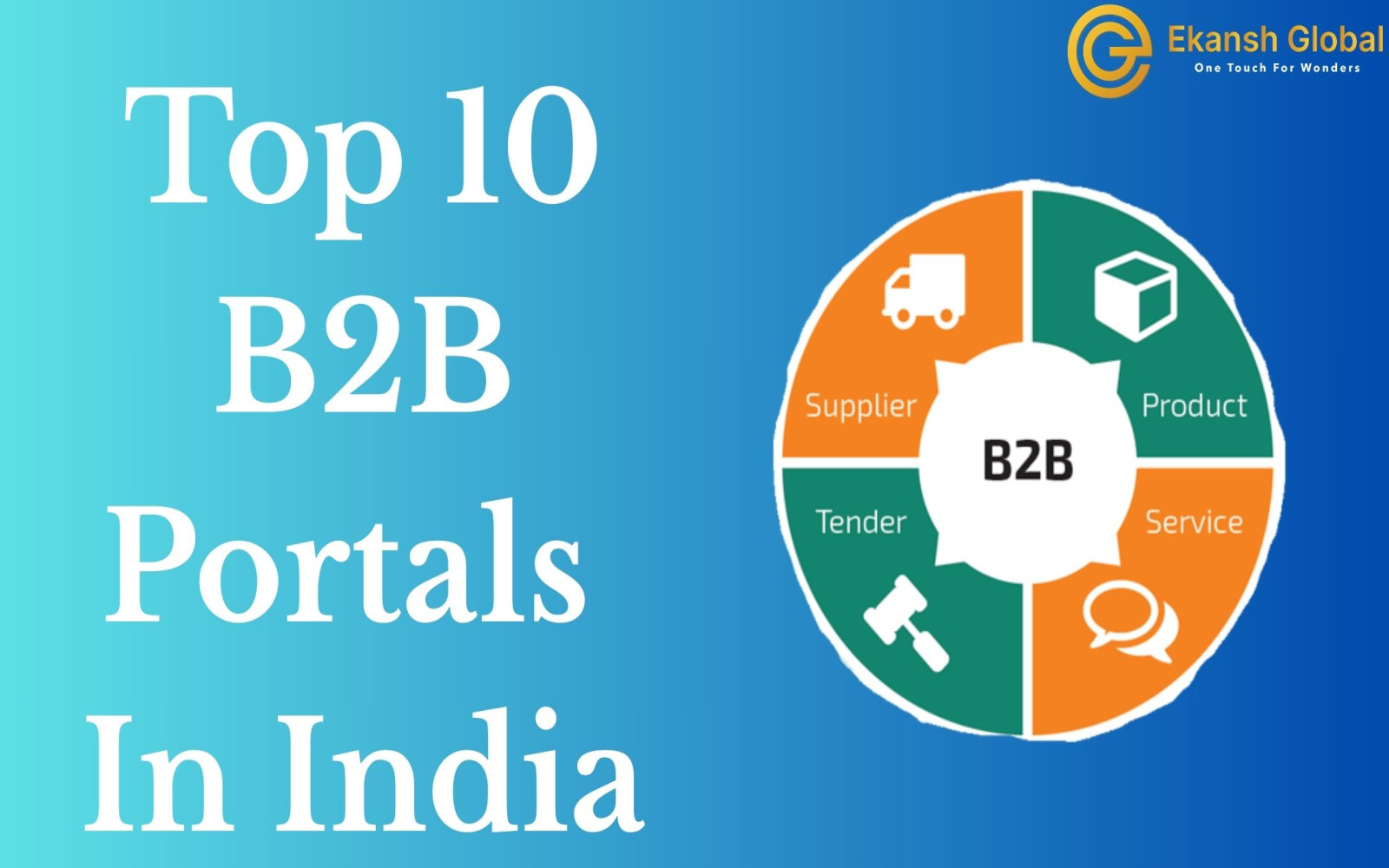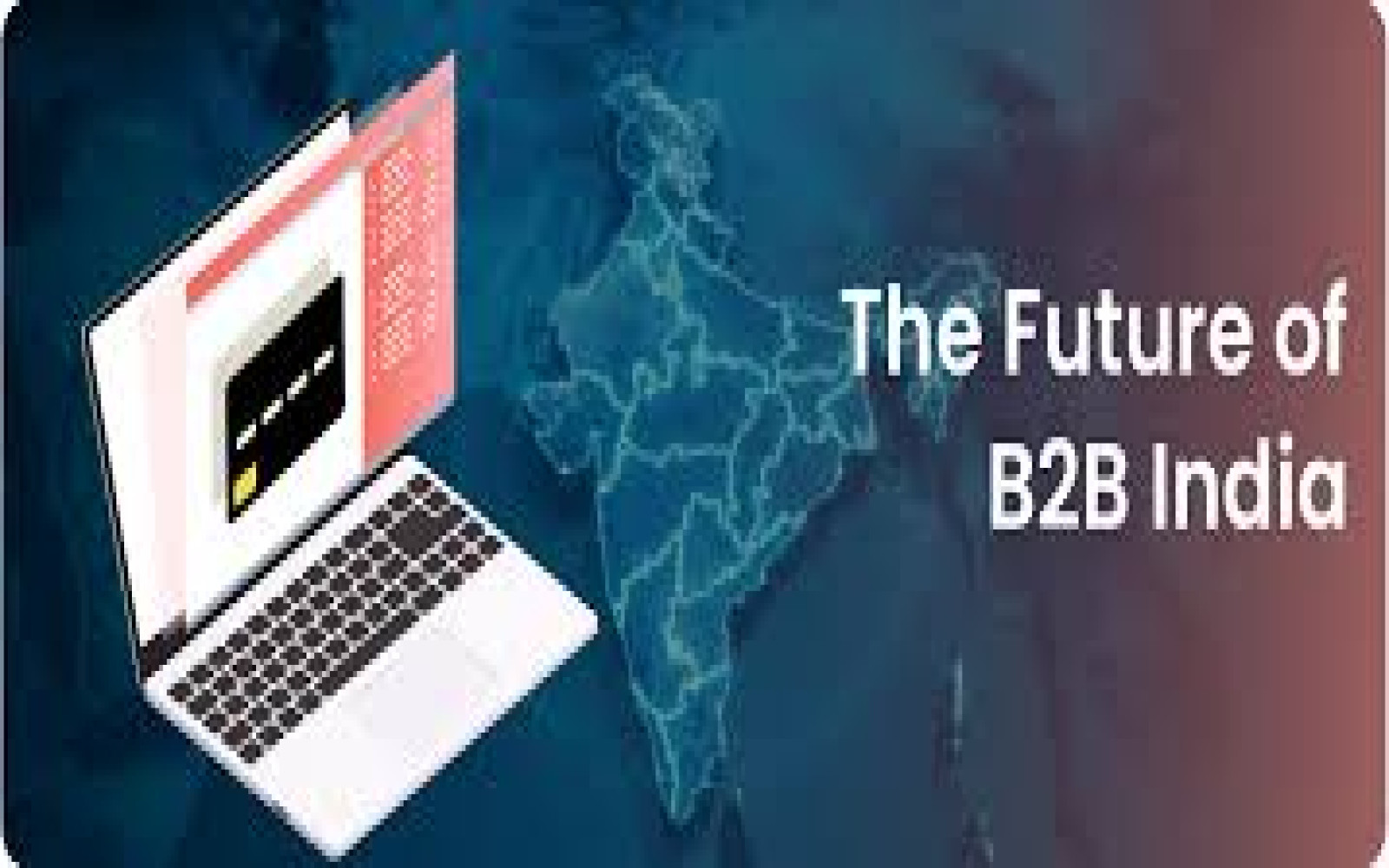Garment Supplier in India: What International Buyers Need to Know
Posted By: Admin
India has established itself as a major player in the global textile and apparel scene. Thanks to its rich history in fabric production, competitive pricing, a skilled workforce, and modern manufacturing facilities, India remains a top choice for international apparel brands, retailers, and importers. If you're an overseas buyer on the lookout for a trustworthy garment supplier in India, this all-encompassing guide will provide you with everything you need to know.
1. Why Choose a Garment Supplier in India?
India presents a fantastic blend of benefits for international buyers:
Cost-Effectiveness: Indian garment manufacturers provide incredibly competitive prices while still maintaining quality.
Skilled Workforce: With a vast pool of skilled and semi-skilled labor, you can expect top-notch output.
Textile Heritage: India boasts some of the finest fabrics in the world, including cotton, silk, and wool.
Large Capacity: Whether you need a small batch or a massive order, India has the capacity to meet your needs.
Export-Oriented Infrastructure: The country’s ports and logistics networks are well-equipped for smooth international shipping.
2. Understanding the Indian Garment Supply Chain
Before selecting a garment supplier, it’s essential to understand how the Indian garment industry operates:
a. Manufacturing Hubs
Tirupur (Knitwear)
Ludhiana (Woolen & Hosiery)
Bangalore (Fashion garments)
Delhi-NCR (Woven and fashion garments)
Mumbai (Textile mills and high-fashion garments)
b. Types of Garment Suppliers
OEMs (Original Equipment Manufacturers)
ODMs (Original Design Manufacturers)
CMT (Cut, Make, Trim) Units
Private Label Manufacturers
Each type serves different buyer needs, from full-service design and manufacturing to contract-based production.
3. How to Find the Best Garment Suppliers in India
a. Online B2B Platforms
Websites like Ekanshglobal , IndiaMART, TradeIndia, Alibaba, and Global Sources list thousands of verified garment suppliers in India.
EkanshGlobal is quickly becoming the go-to B2B platform for garment suppliers in India, bridging the gap between international buyers and top-notch, verified manufacturers throughout the country. Tailored specifically for the apparel and textile sector, EkanshGlobal makes sourcing a breeze by providing a carefully curated directory of reliable garment suppliers, clear pricing, thorough factory audits, and easy-to-use communication tools. Whether you're in search of OEMs, private label manufacturers, or specialized garment producers, EkanshGlobal offers a dependable and efficient pathway to connect with the finest garment suppliers in India, helping global businesses enhance their procurement process while ensuring consistent quality and timely delivery.
b. Trade Fairs and Expos
Events such as:
India International Garment Fair (IIGF)
Textiles India Expo
Vibrant Gujarat
These are great opportunities to meet the best garment suppliers face-to-face.
c. Sourcing Agents
Experienced sourcing agents or agencies in India can help you navigate language barriers, vet suppliers, and ensure quality control.
d. Referrals and Industry Networks
Networking with other international buyers can be a reliable way to get supplier recommendations.
4. Key Considerations When Selecting a Garment Supplier in India
a. Production Capacity
Ensure the supplier can handle your order volume consistently and on time.
b. Quality Certifications
Look for suppliers with certifications such as:
ISO 9001
SA8000 (Social Accountability)
GOTS (Global Organic Textile Standard)
c. Lead Time and Turnaround
Discuss realistic timelines for sampling, production, and delivery.
d. MOQ (Minimum Order Quantity)
Negotiate a suitable MOQ that aligns with your business scale.
e. Communication & Language
Clear communication is crucial for quality control and deadline adherence.
5. Challenges Faced by International Buyers
While there are many benefits to working with a garment supplier in India, there are also some challenges:
Language Barriers: While English is widely spoken, miscommunications still occur.
Cultural Differences: Business etiquette may vary, affecting negotiation and timelines.
Quality Inconsistencies: Due diligence is required to maintain quality.
Logistics and Customs: Navigating Indian customs can be time-consuming without local help.
Overcoming these challenges requires due diligence, clear contracts, and regular quality checks.
6. Best Practices for Working with Garment Suppliers in India
a. Start with Small Orders
Test the supplier’s capabilities before scaling up.
b. Conduct a Factory Audit
Assess their working conditions, equipment, and compliance with labor laws.
c. Use a Detailed Tech Pack
Provide clear specifications, measurements, and visual references to minimize errors.
d. Insist on Pre-Production Samples
Approve a prototype before full-scale production begins.
e. Set Payment Terms
Negotiate terms such as 30% advance and 70% after inspection.
f. Monitor Production
Stay in regular contact through WhatsApp, email, or video calls. Hiring a third-party quality control agency is also beneficial.
7. Legal and Compliance Aspects
India has labor laws and export regulations that suppliers must adhere to. As an international buyer, ensure that your garment supplier complies with:
Labor and Safety Standards
Environmental Regulations
Export Documentation
A compliant supplier is more likely to be reliable and accepted by global retailers.
8. Trends Among Garment Suppliers in India
a. Sustainability
More suppliers are adopting eco-friendly practices and organic materials to meet global demand.
b. Digitalization
Suppliers are investing in ERP systems, CAD software, and e-commerce platforms.
c. Niche Manufacturing
From activewear to maternity wear, suppliers are specializing in niche categories.
d. Focus on Private Labels
Indian suppliers are increasingly offering private label services for fashion startups and e-commerce brands.
9. Top Categories Offered by Garment Suppliers in India
Casualwear (T-shirts, hoodies, jeans)
Formalwear (Suits, shirts, blouses)
Kidswear
Activewear and Athleisure
Workwear and Uniforms
Ethnic and Festive Wear
10. Final Thoughts: Making the Most of Your Partnership
Finding the right garment supplier in India requires time, research, and clear communication. But the benefits can be substantial:
Lower production costs
Diverse product options
High customization capabilities
Access to one of the world’s largest textile ecosystems
To succeed:
Visit suppliers personally when possible.
Build long-term relationships based on trust.
Leverage technology and sourcing agents for oversight.
Teaming up with top-notch best garment suppliers in India can really set your business apart, giving you a solid advantage when it comes to pricing, quality, and scalability. Whether you're kicking off a new fashion brand or looking to grow an existing one, India's garment manufacturing scene has everything you could possibly need.
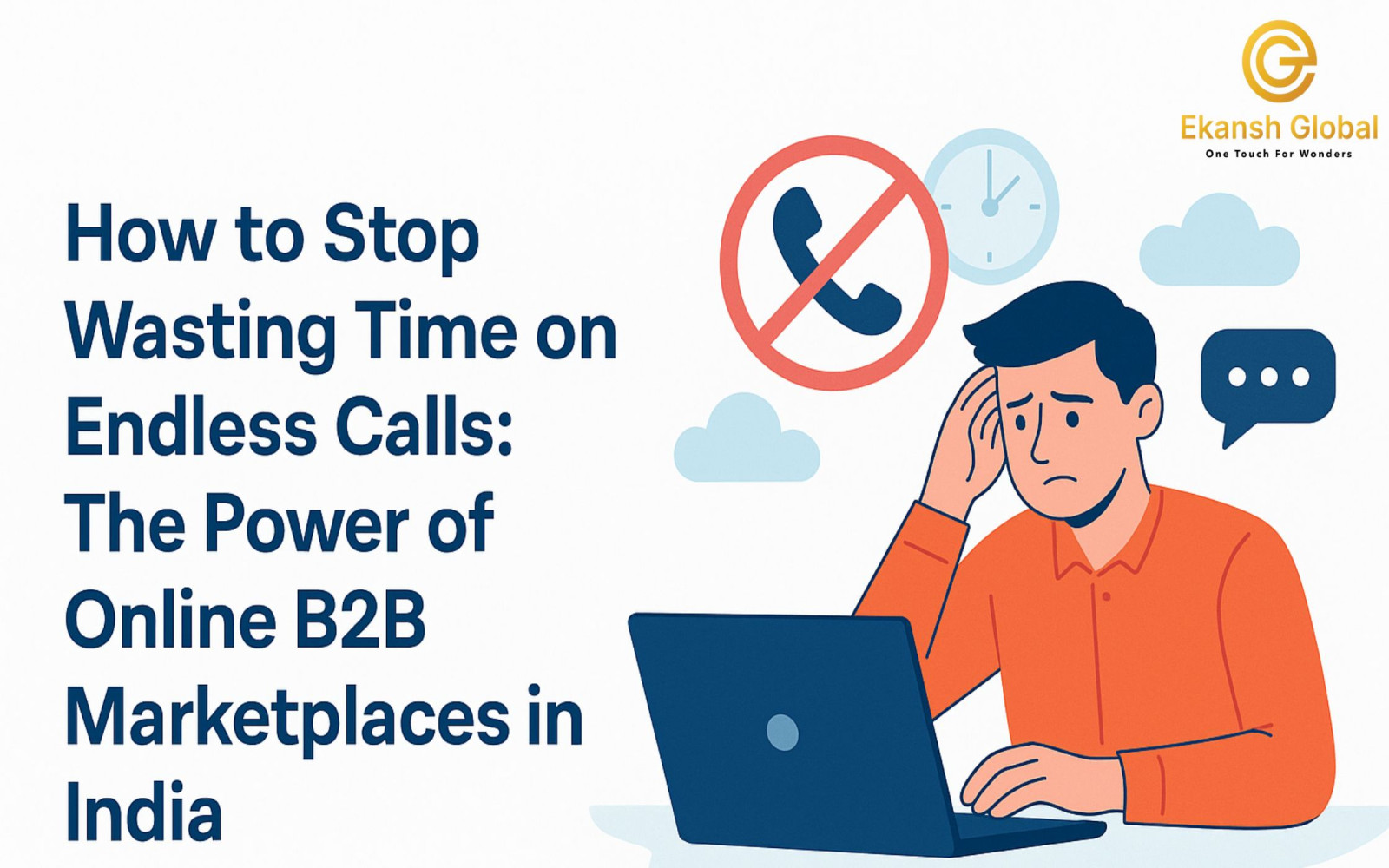

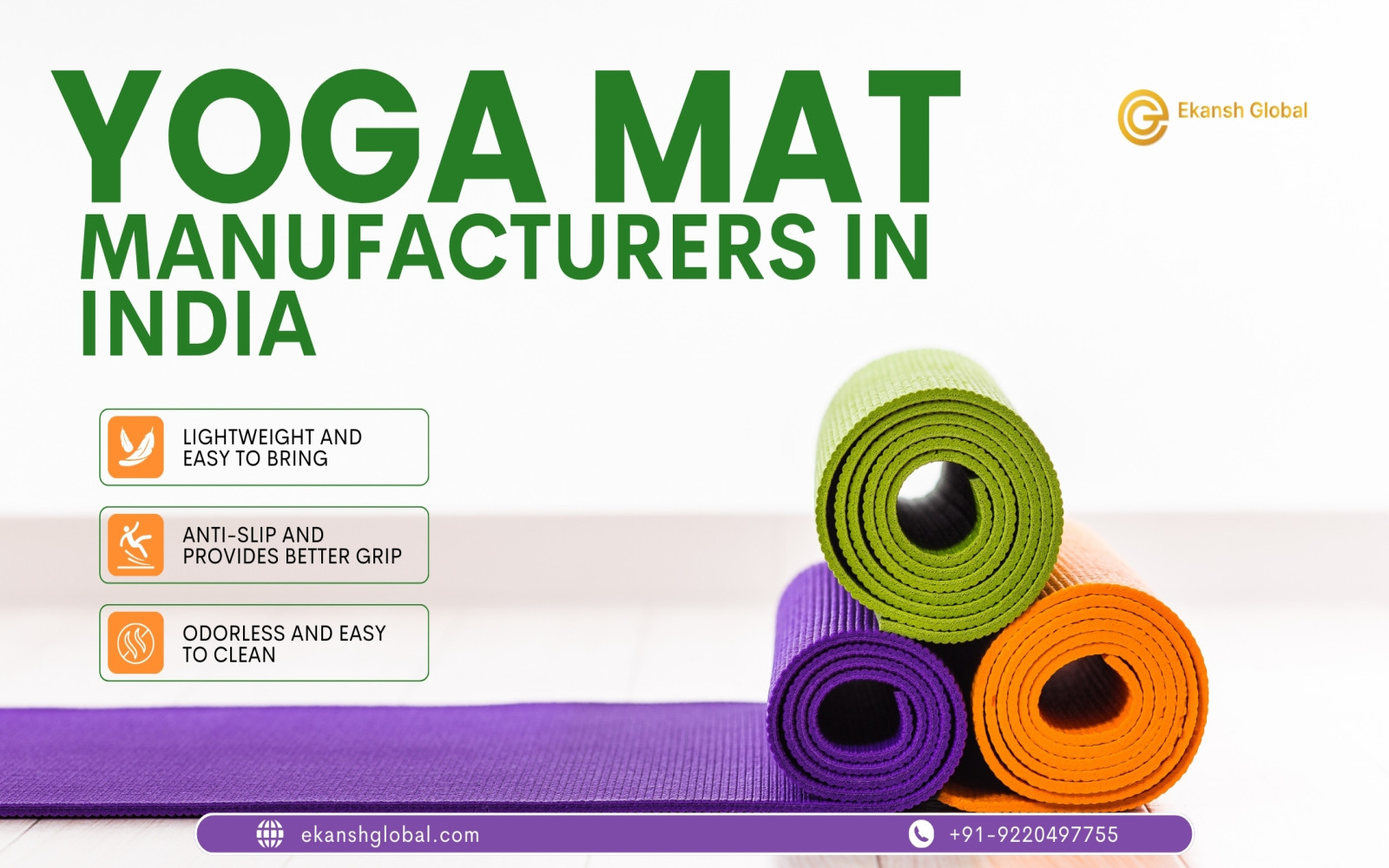
About Me

Ekansh Global Private Limited connects Indian products with global buyers, offering reliable export-import services to simplify and support safe, successful international trade for businesses worldwide.
EKANSH GLOBAL
Categories
- Agriculture
- Apparel & Fashion
- Auto & Automobile Accessories
- Construction & Building Material
- Gifts & Crafts
- Health & Beauty
- Home Supply
- Industrial Machinery
- Industrial Supplies
- Kitchen Utensils & Appliances
- Lab Instruments & Suppliers
- Leather
- Natural Stone
- Office Supplies
- Packaging & Paper
- Plastic
- Textiles & Fabrics
- Tools & Equipment
- F.M.C.G
- Ayurvedic and Herbal product
- Sports Goods / Equipment
- Stationery Products





